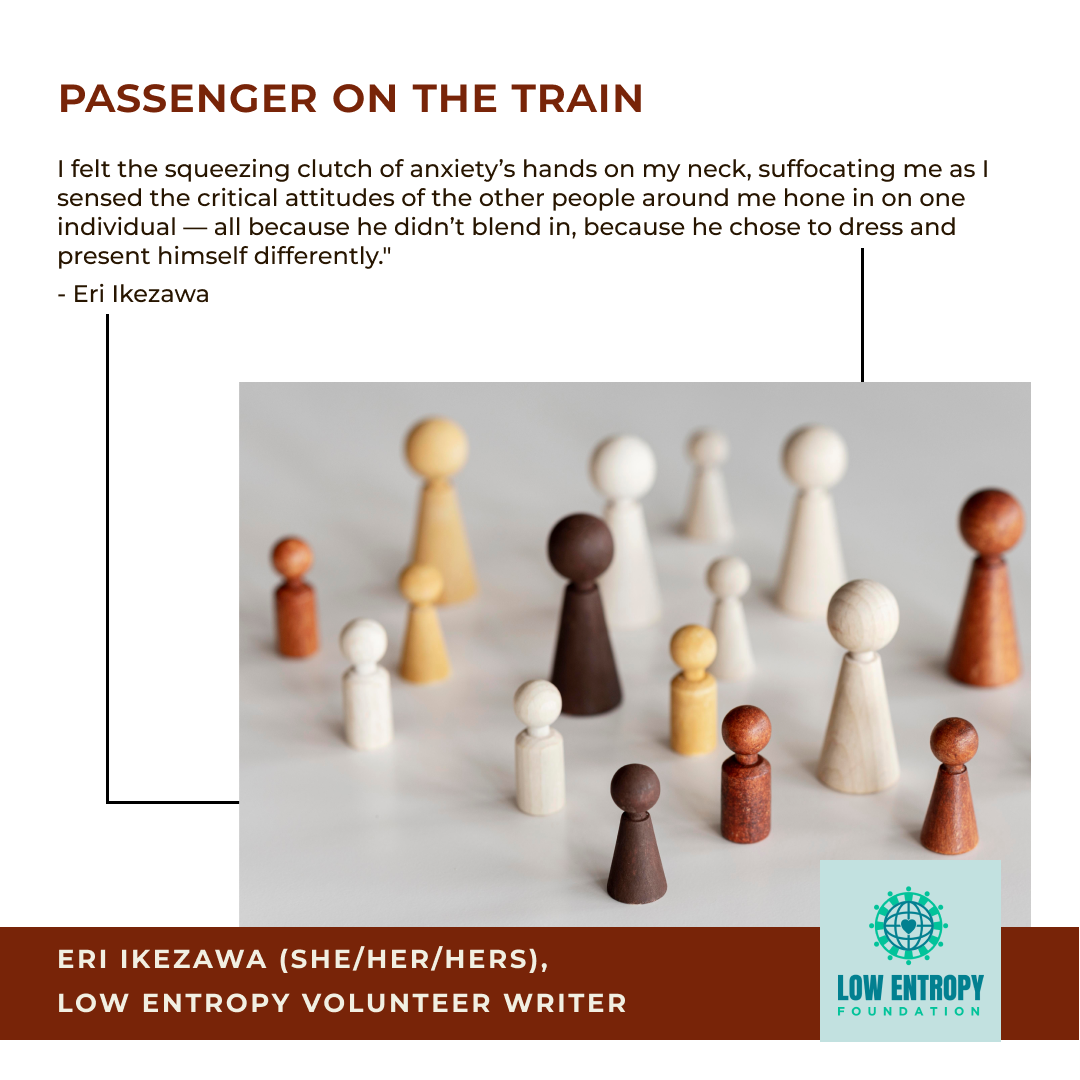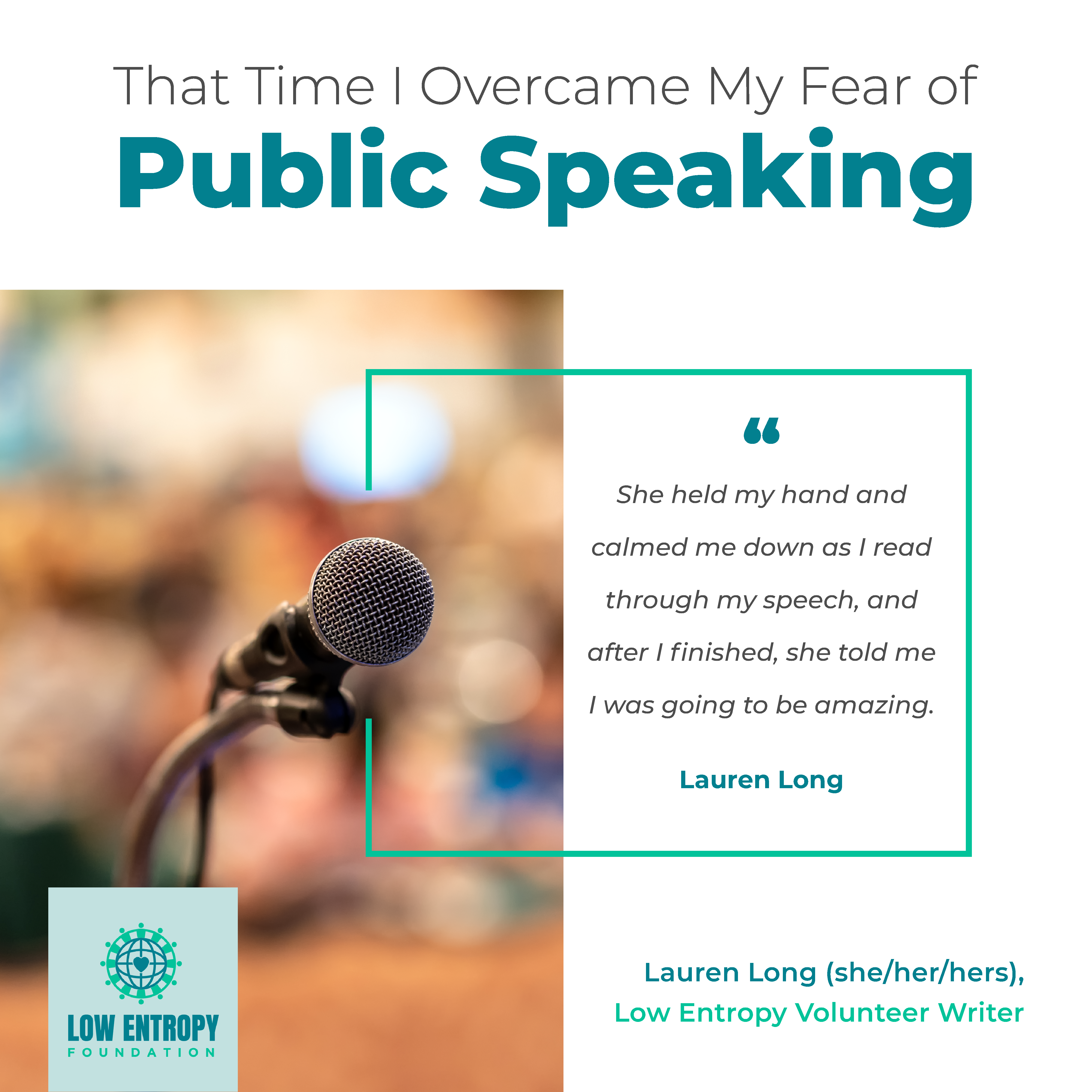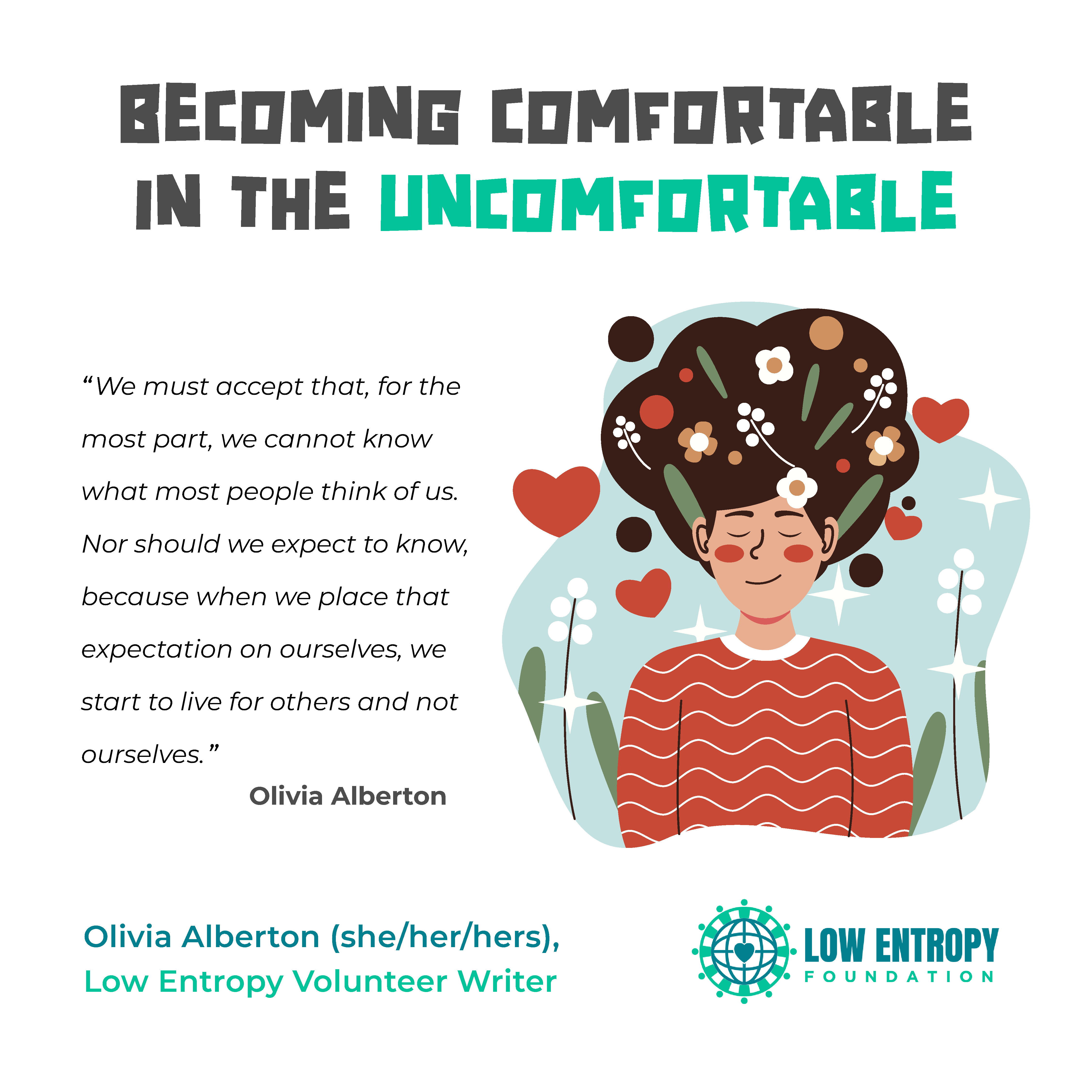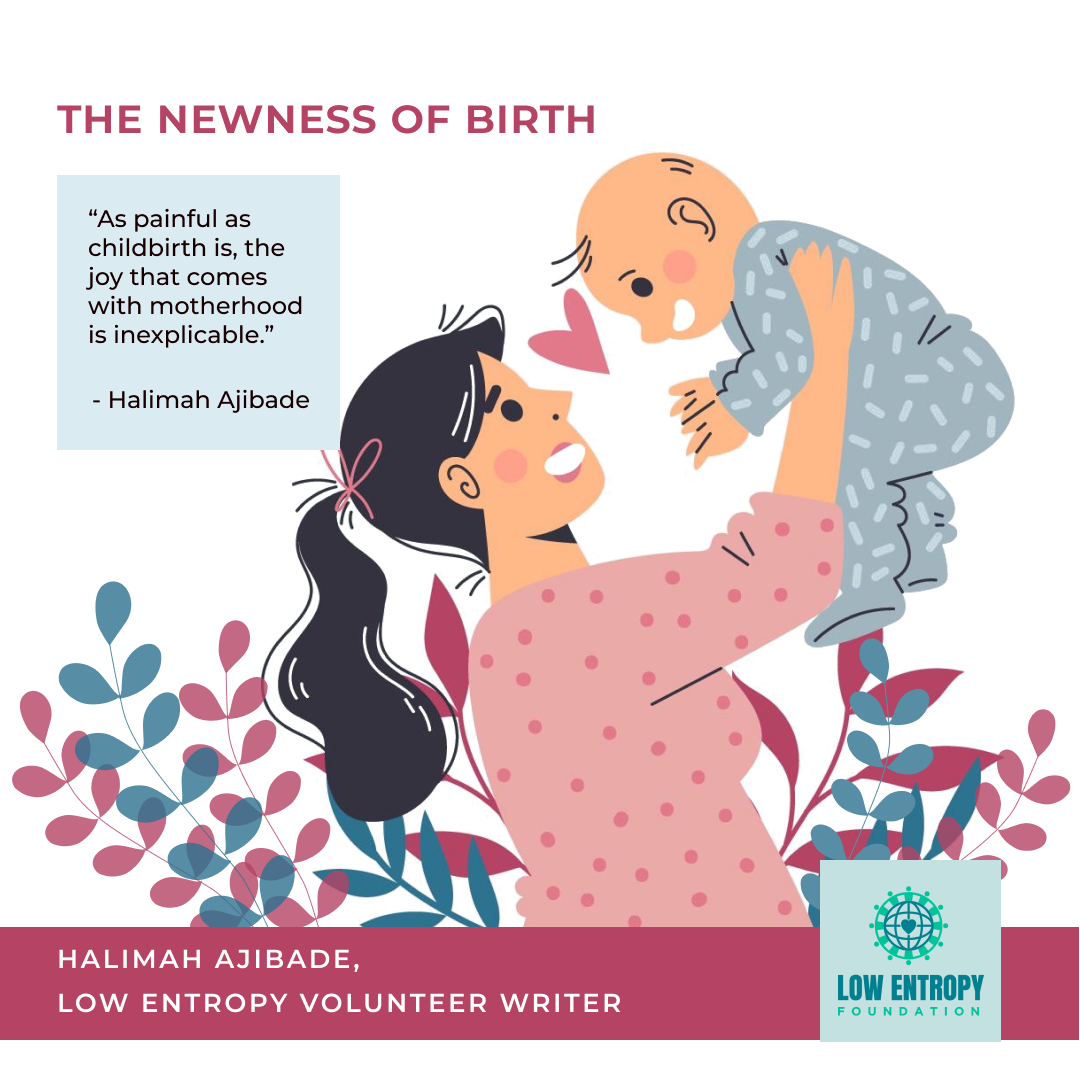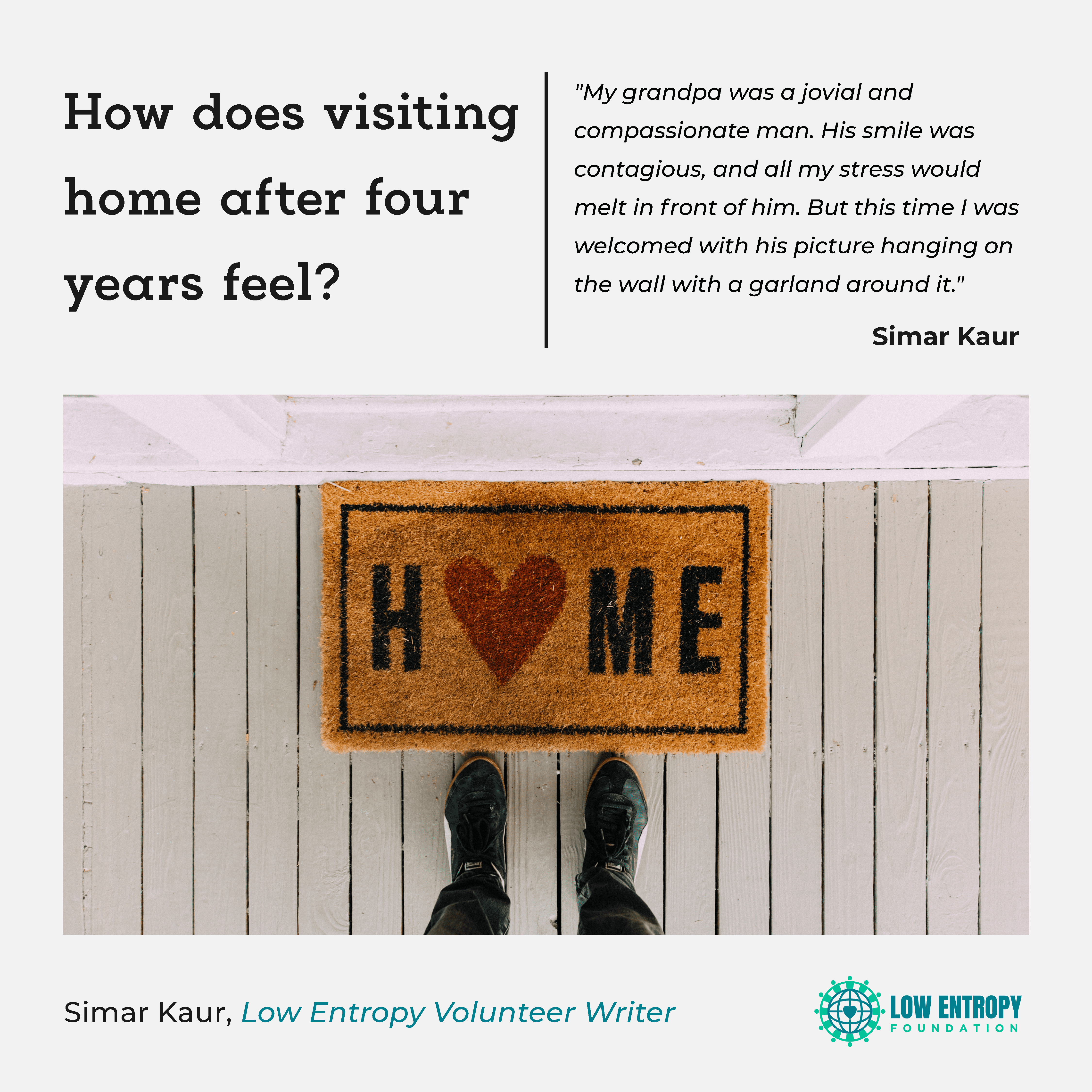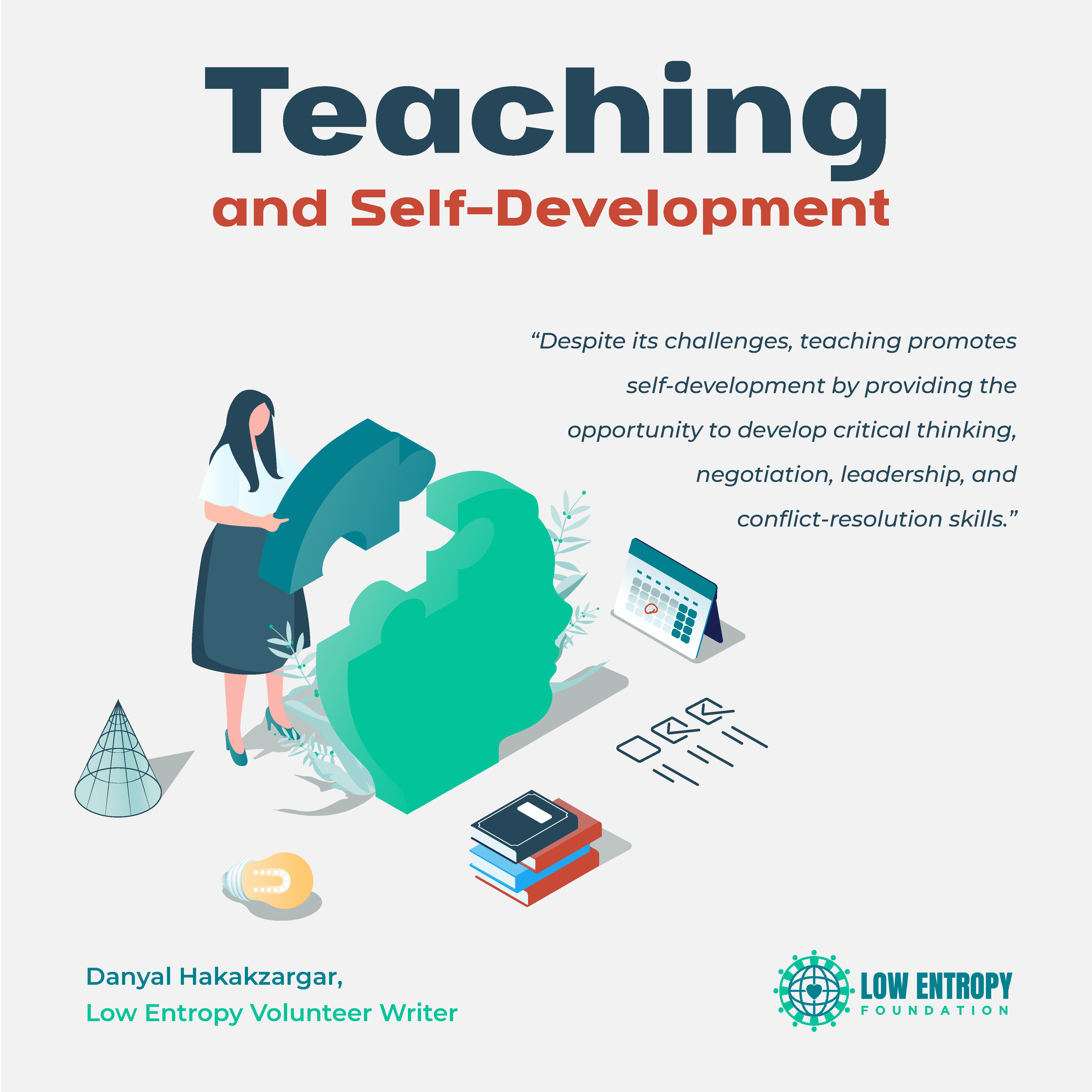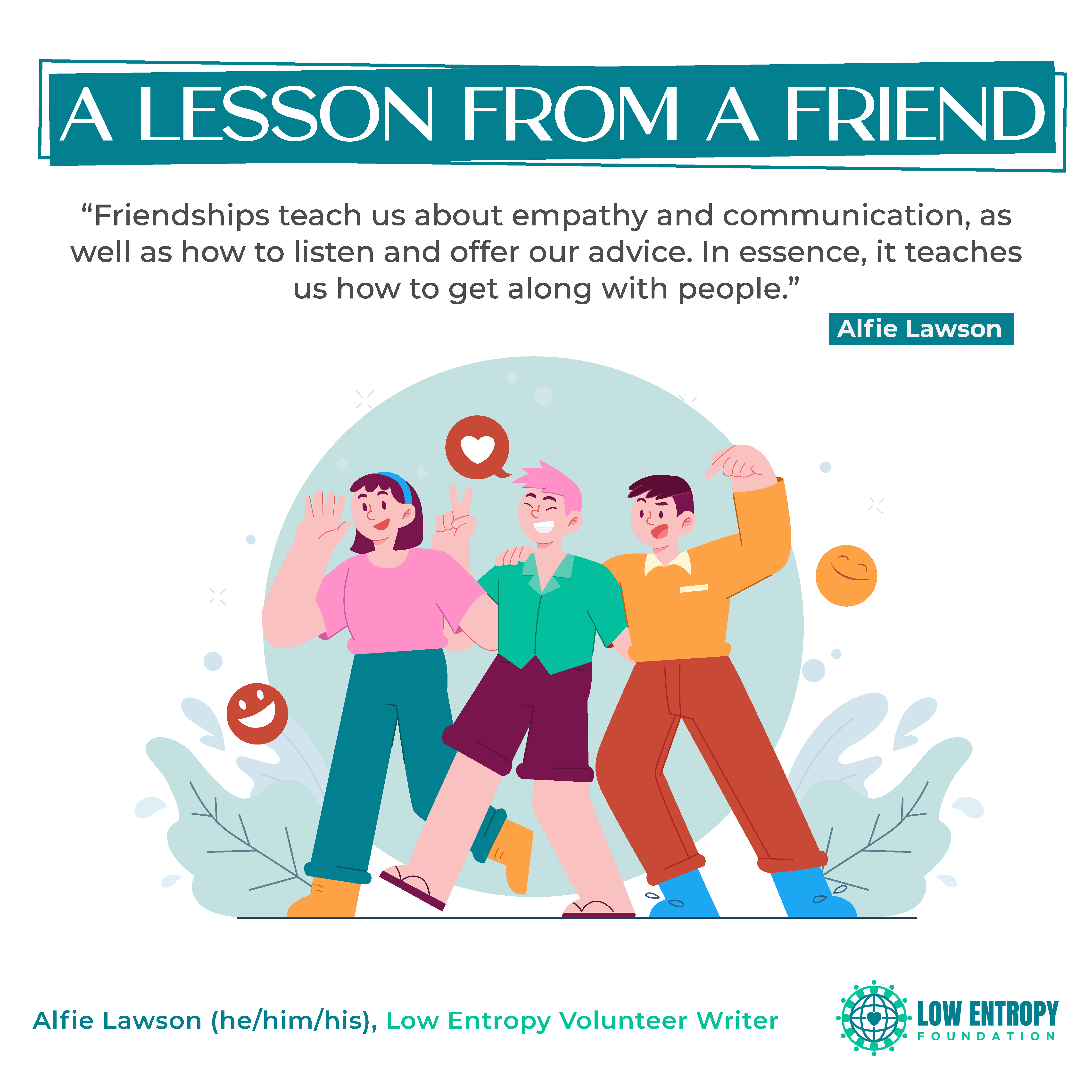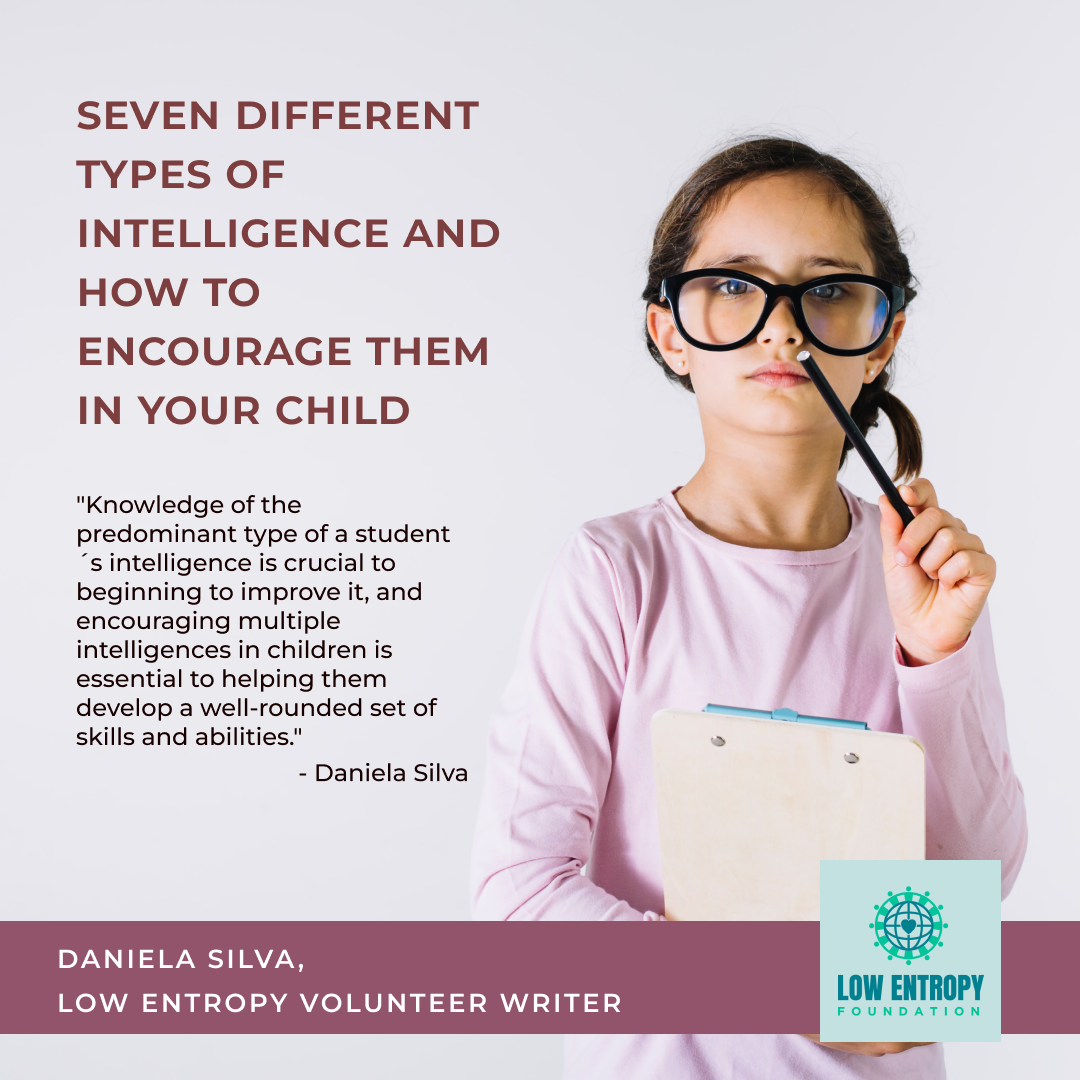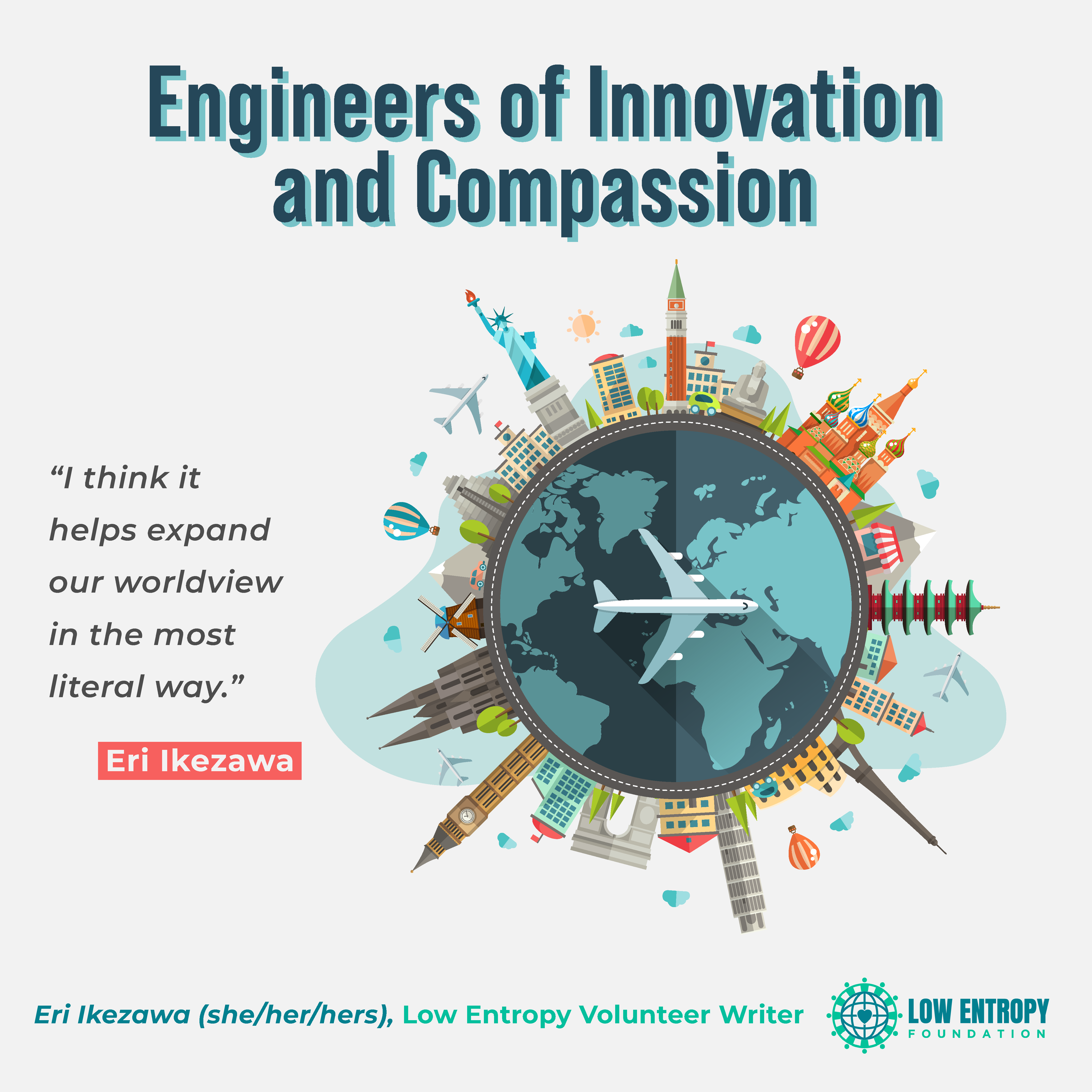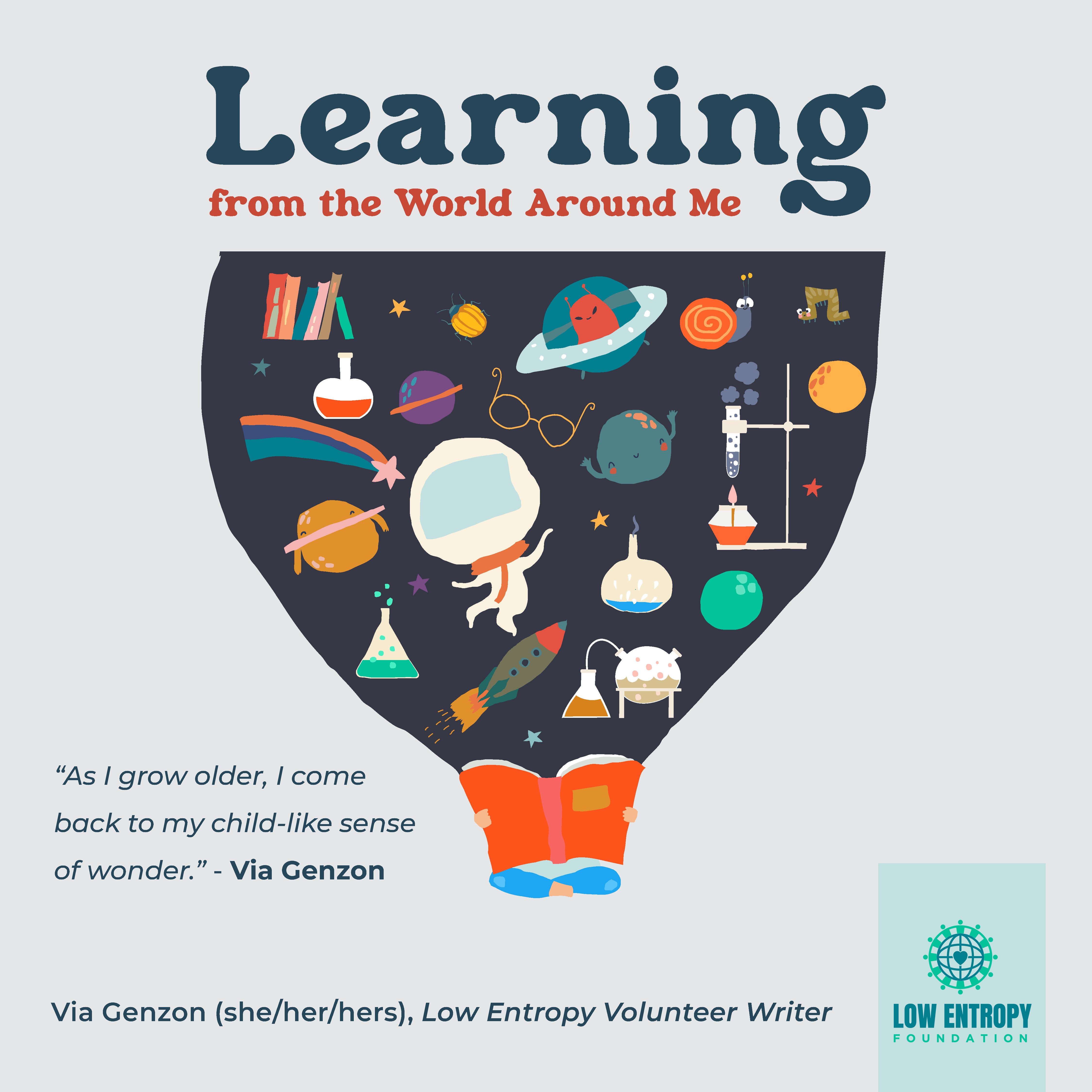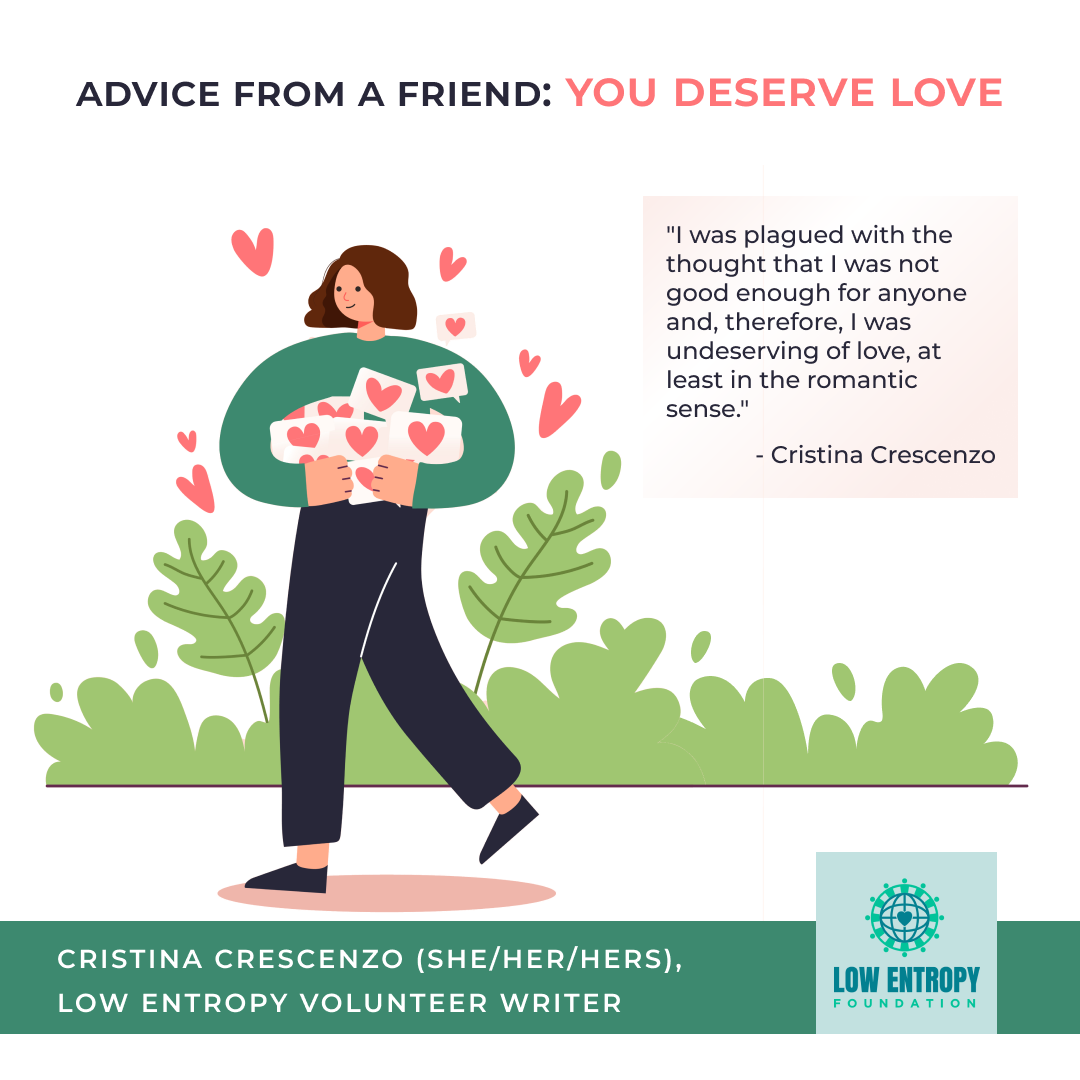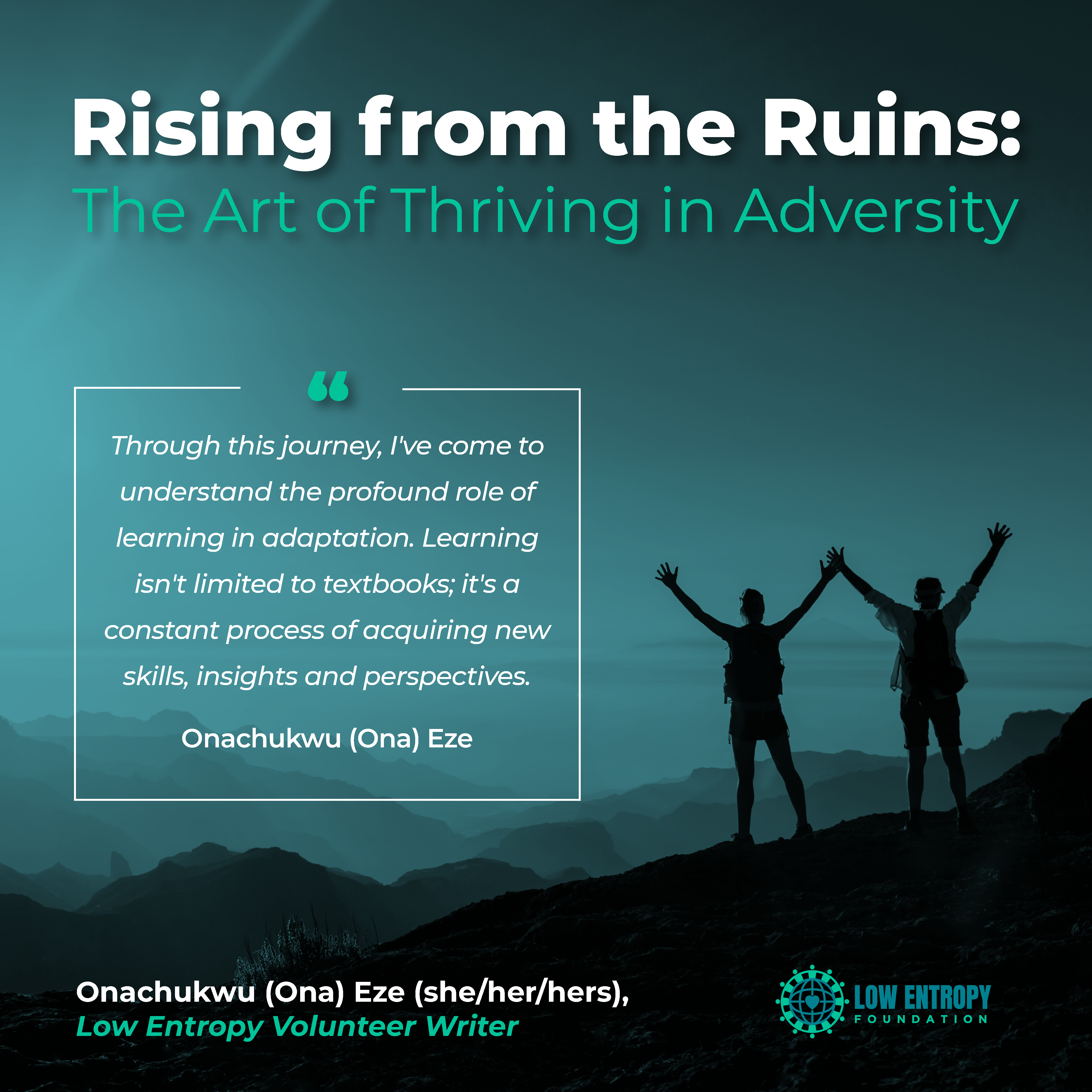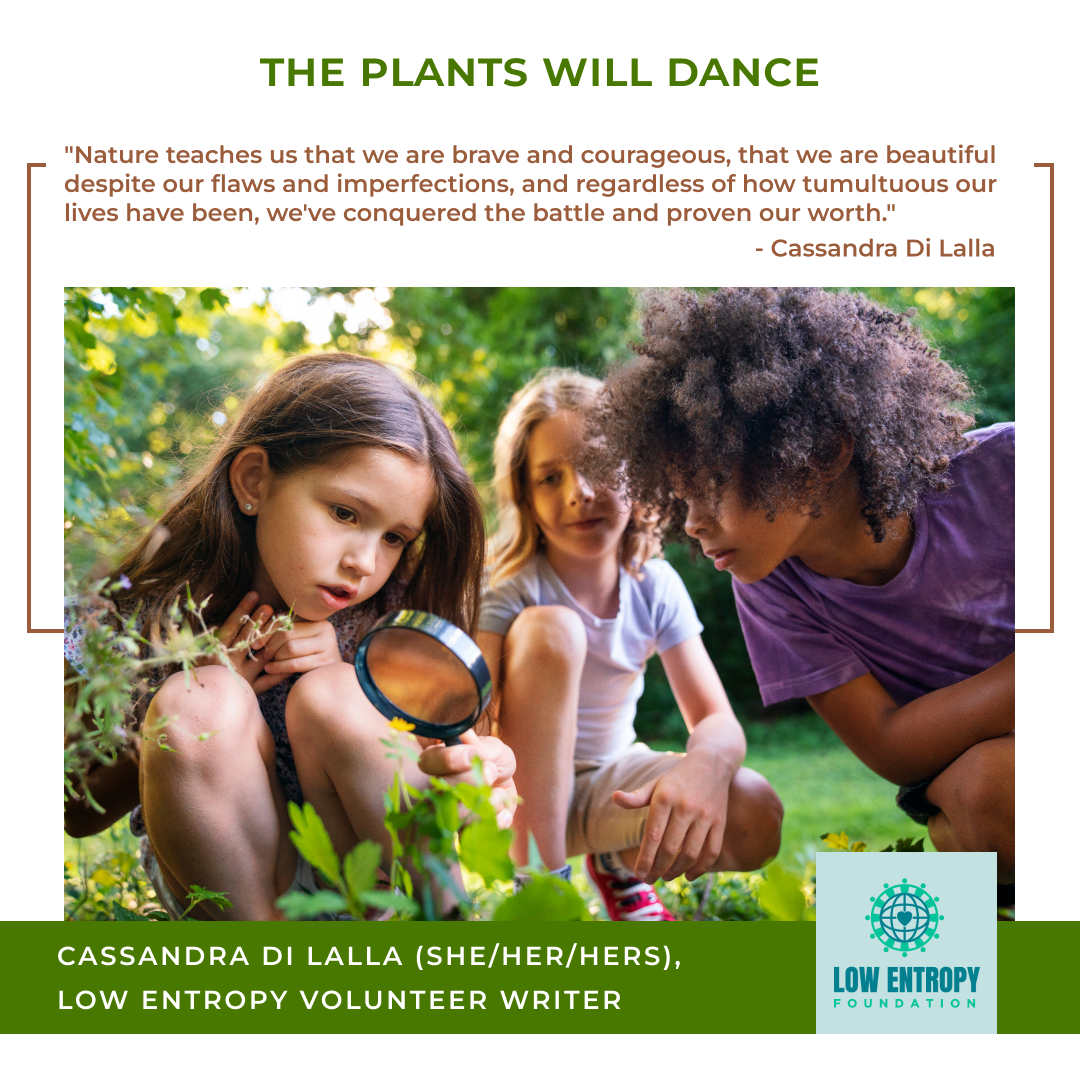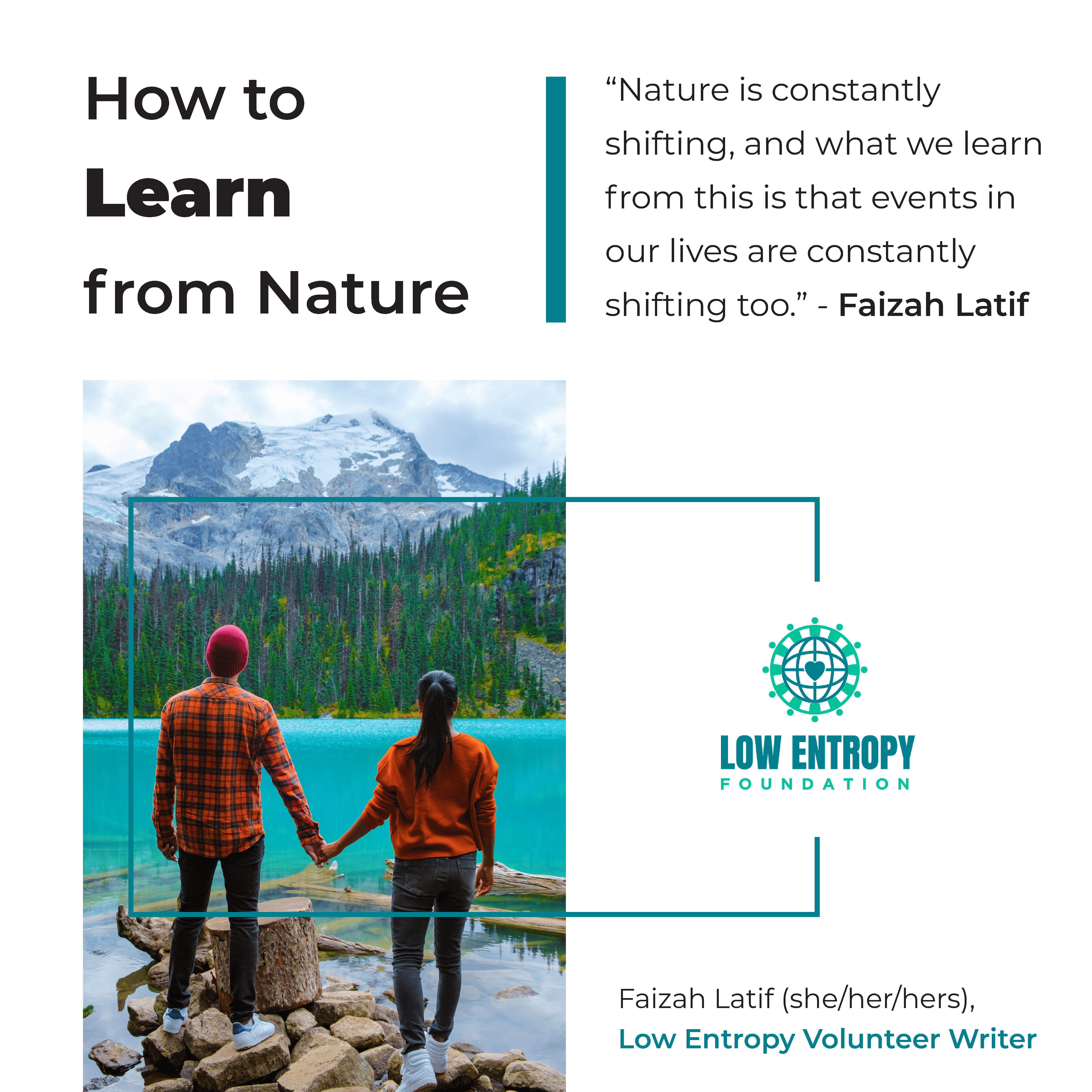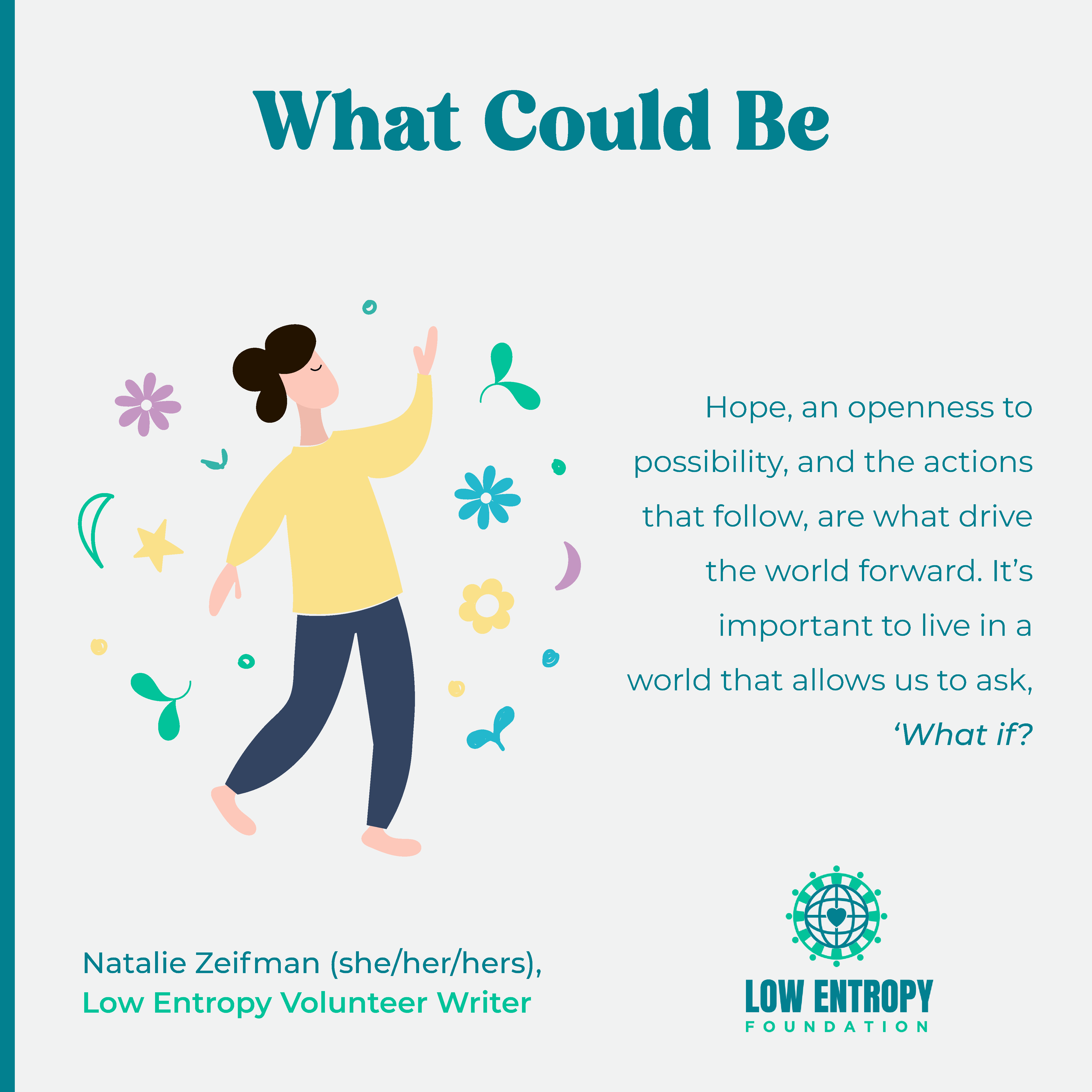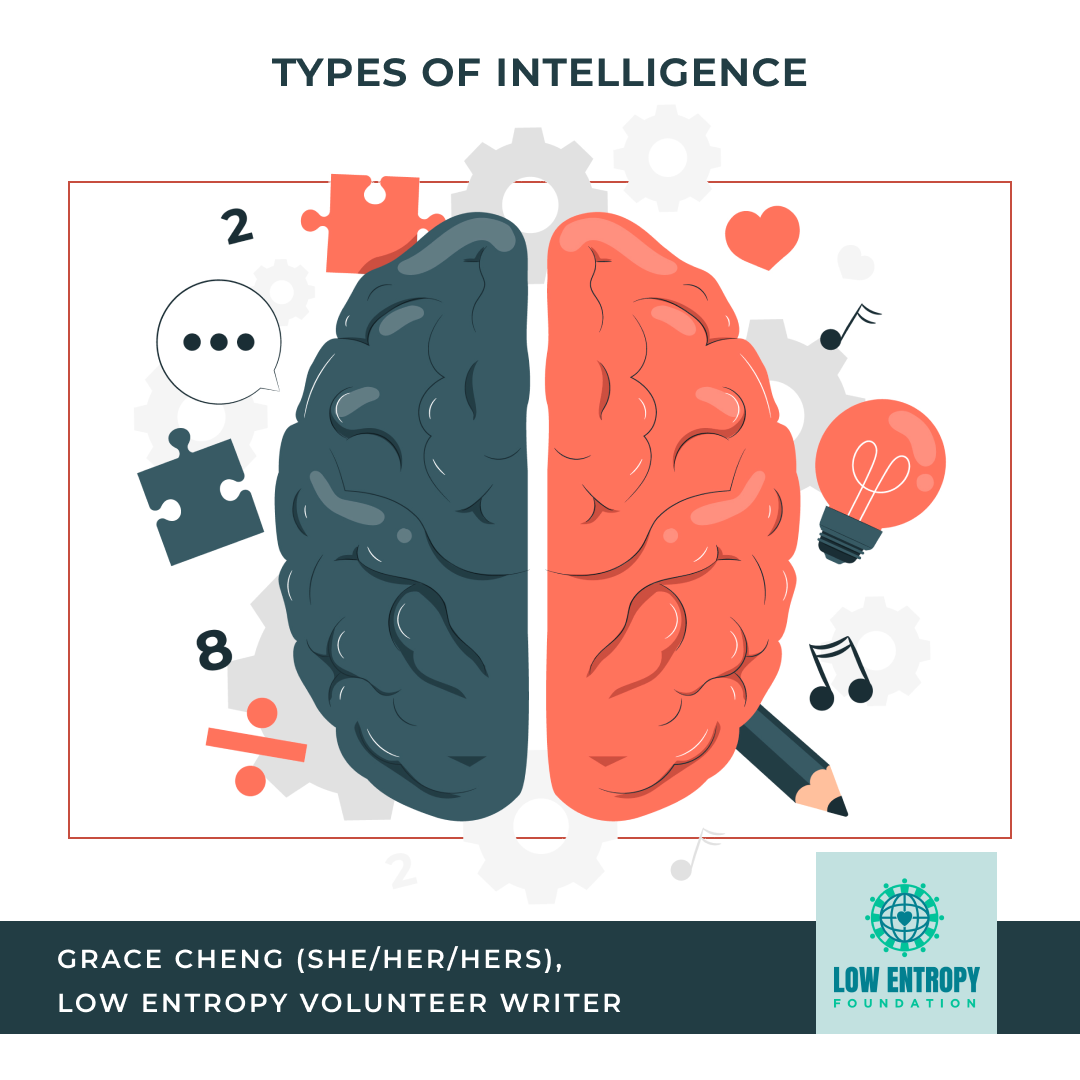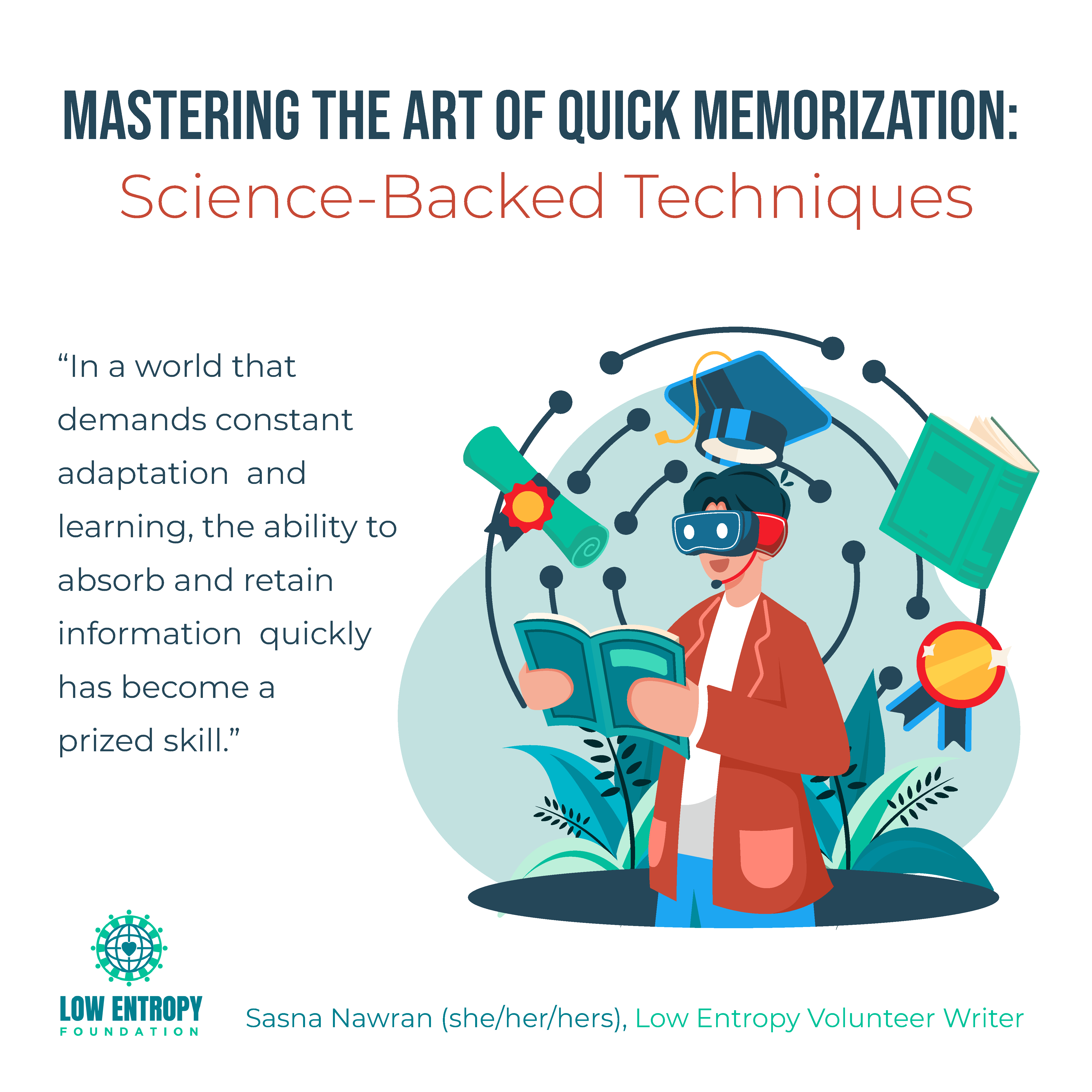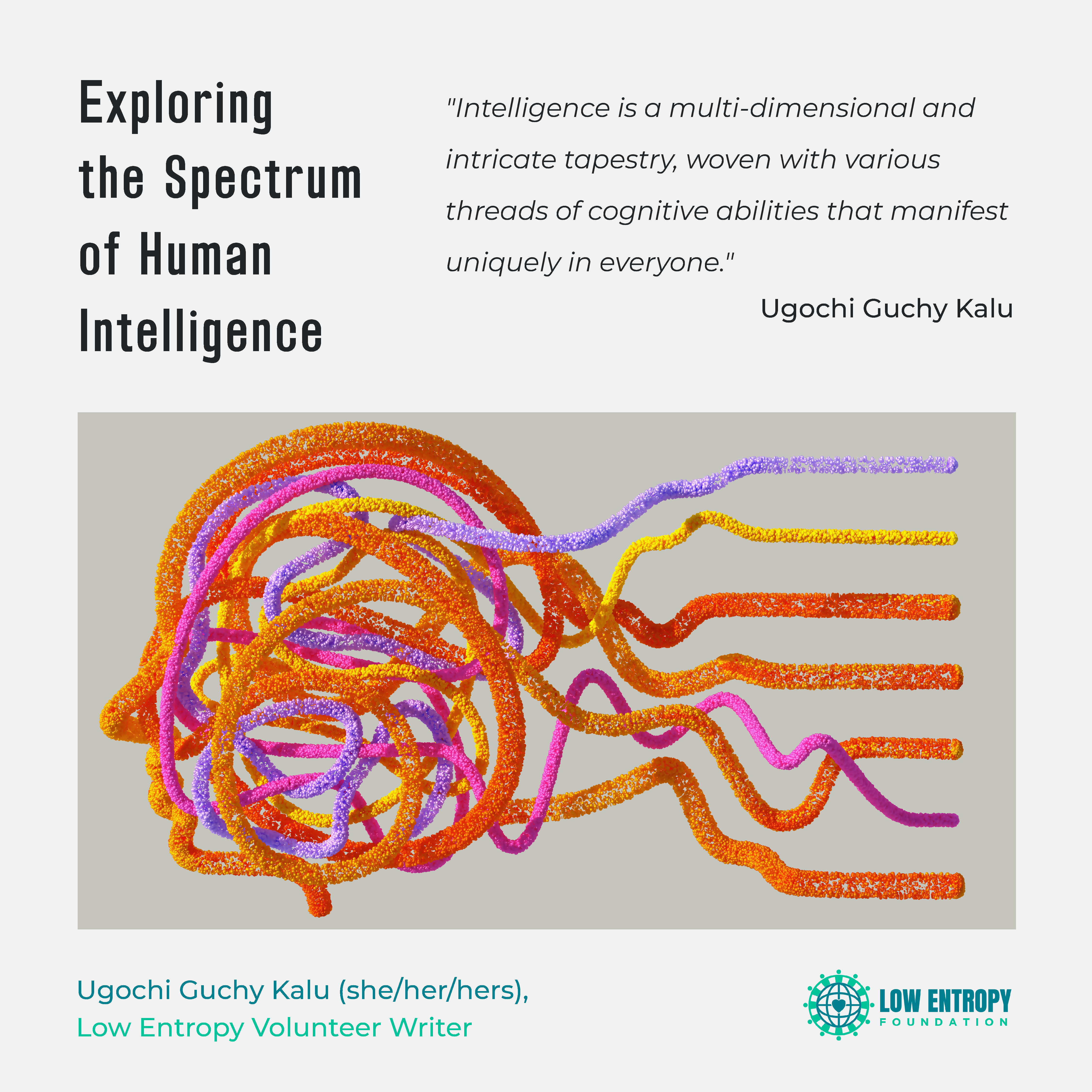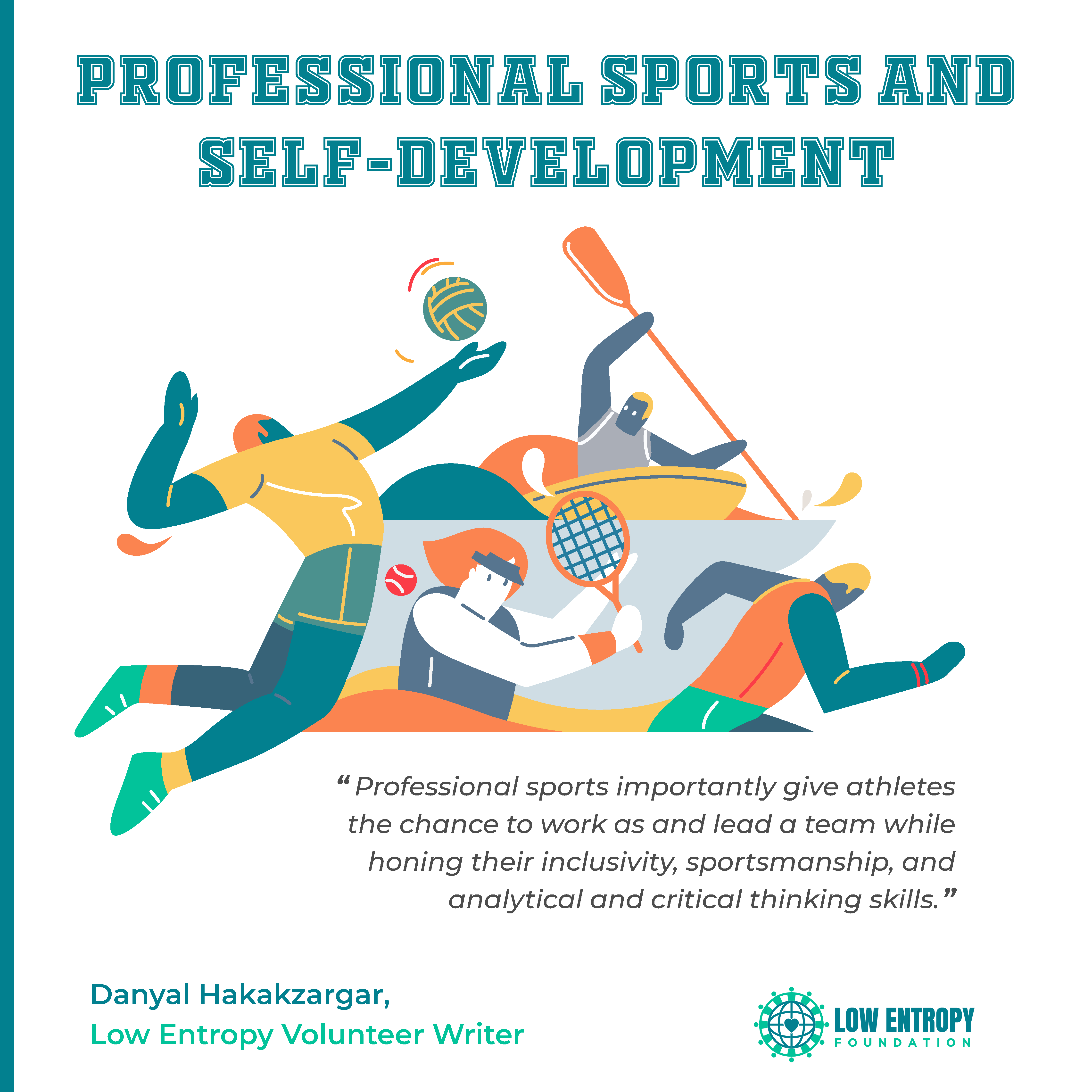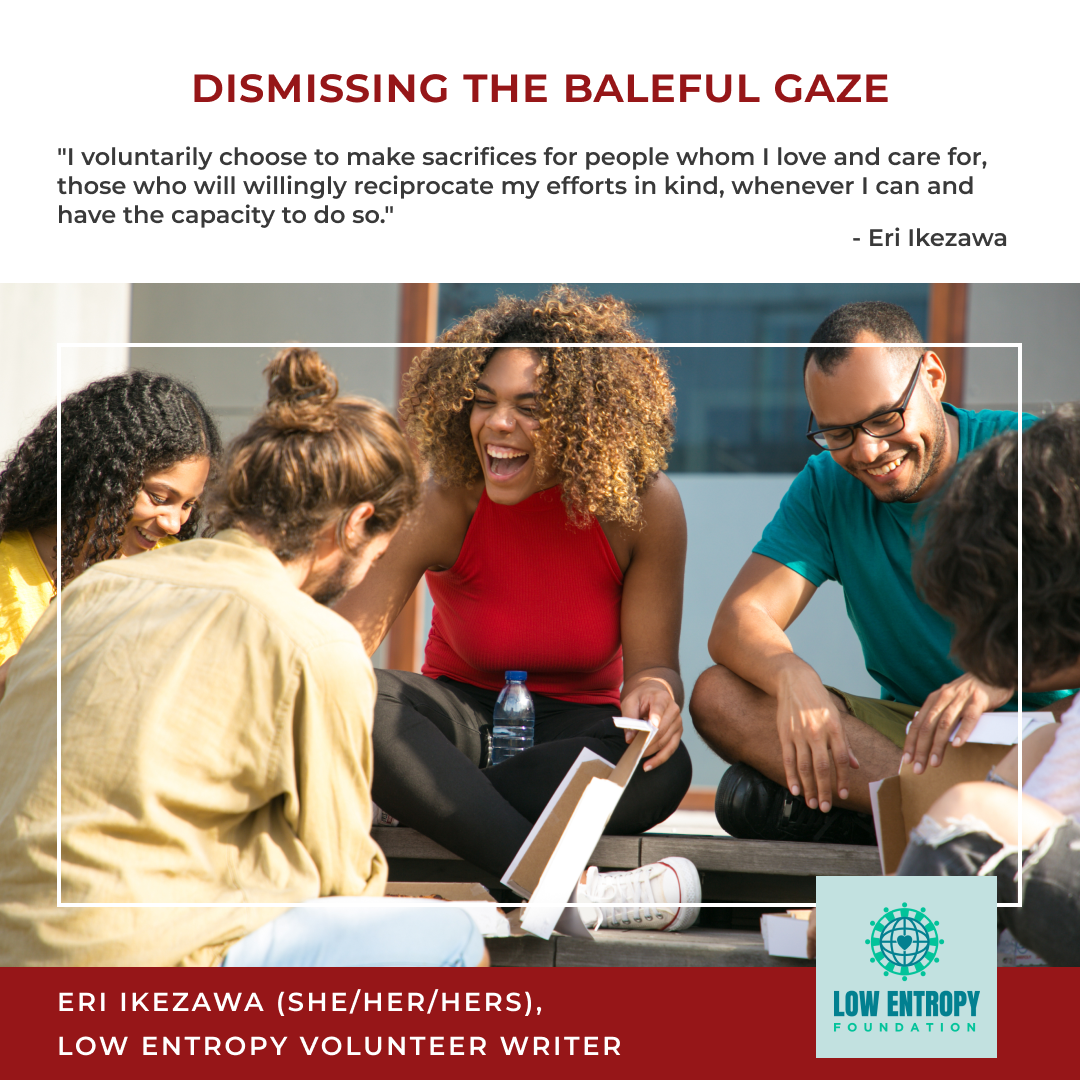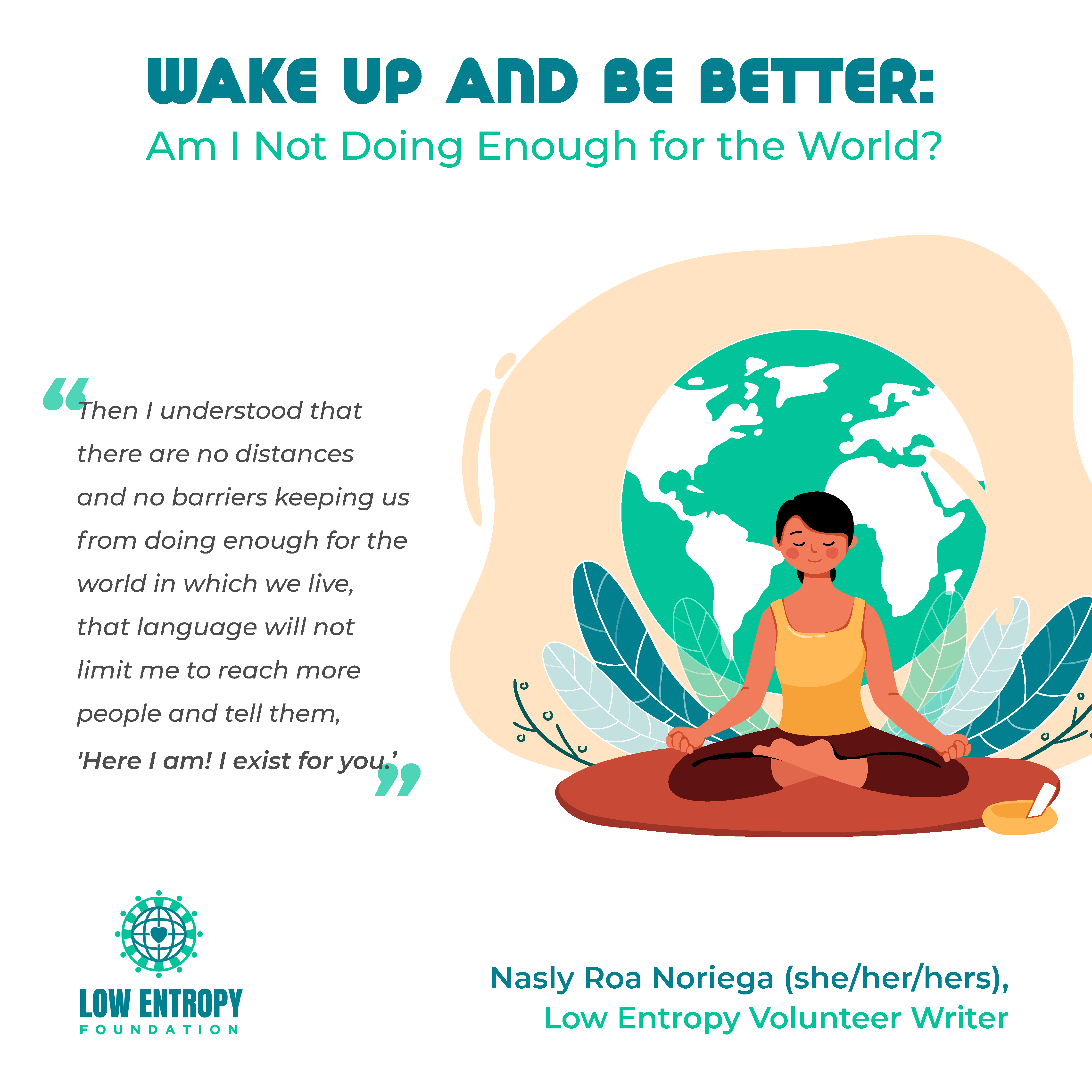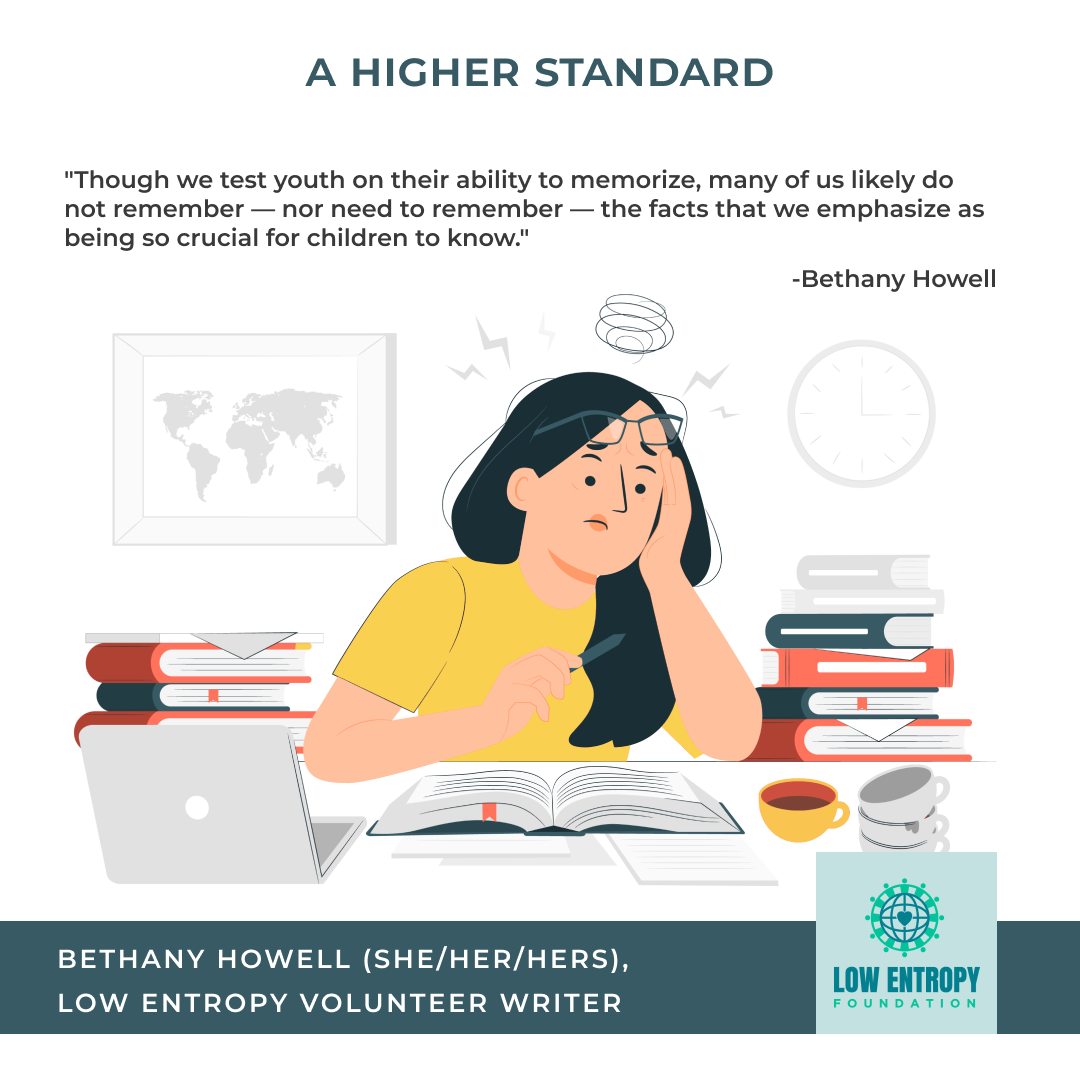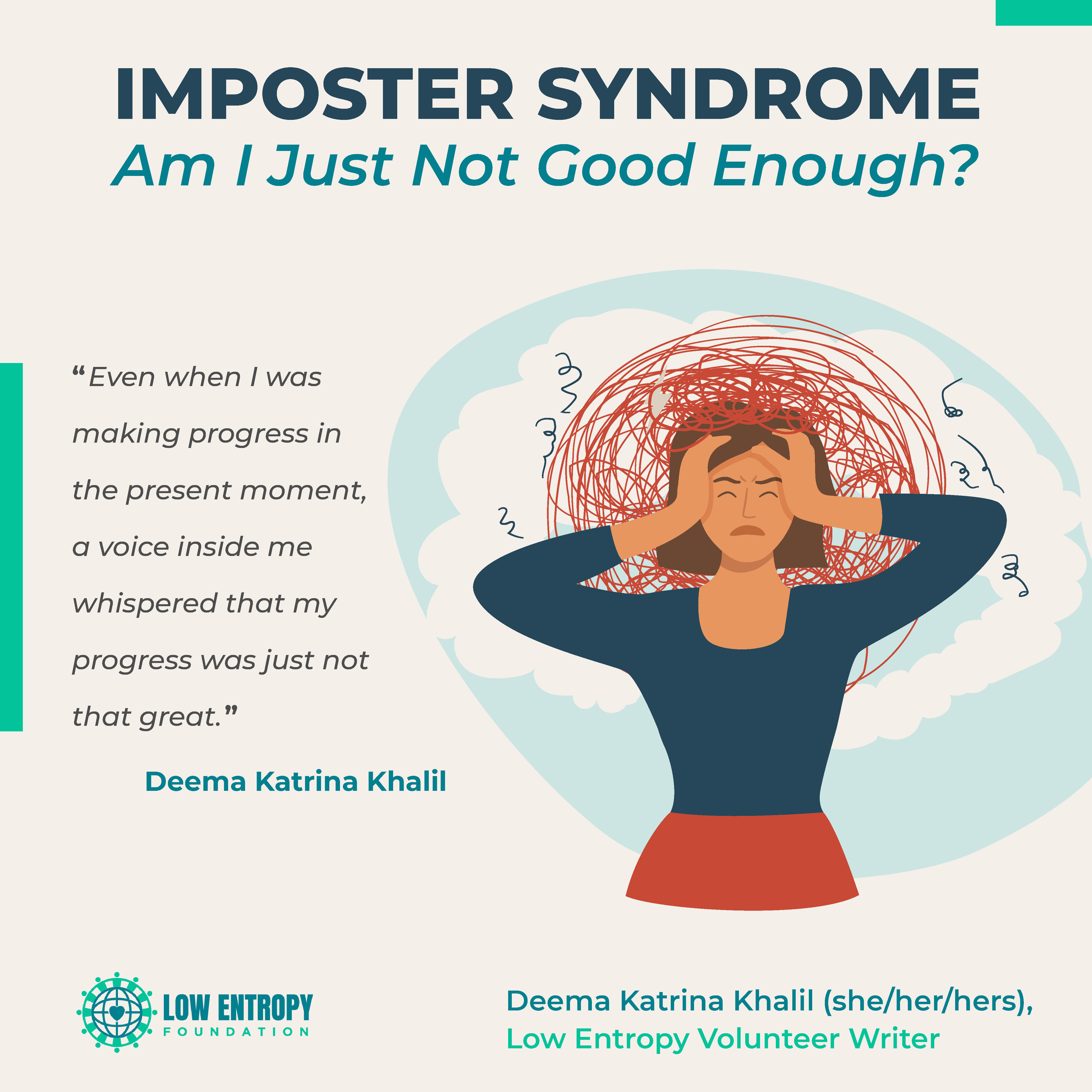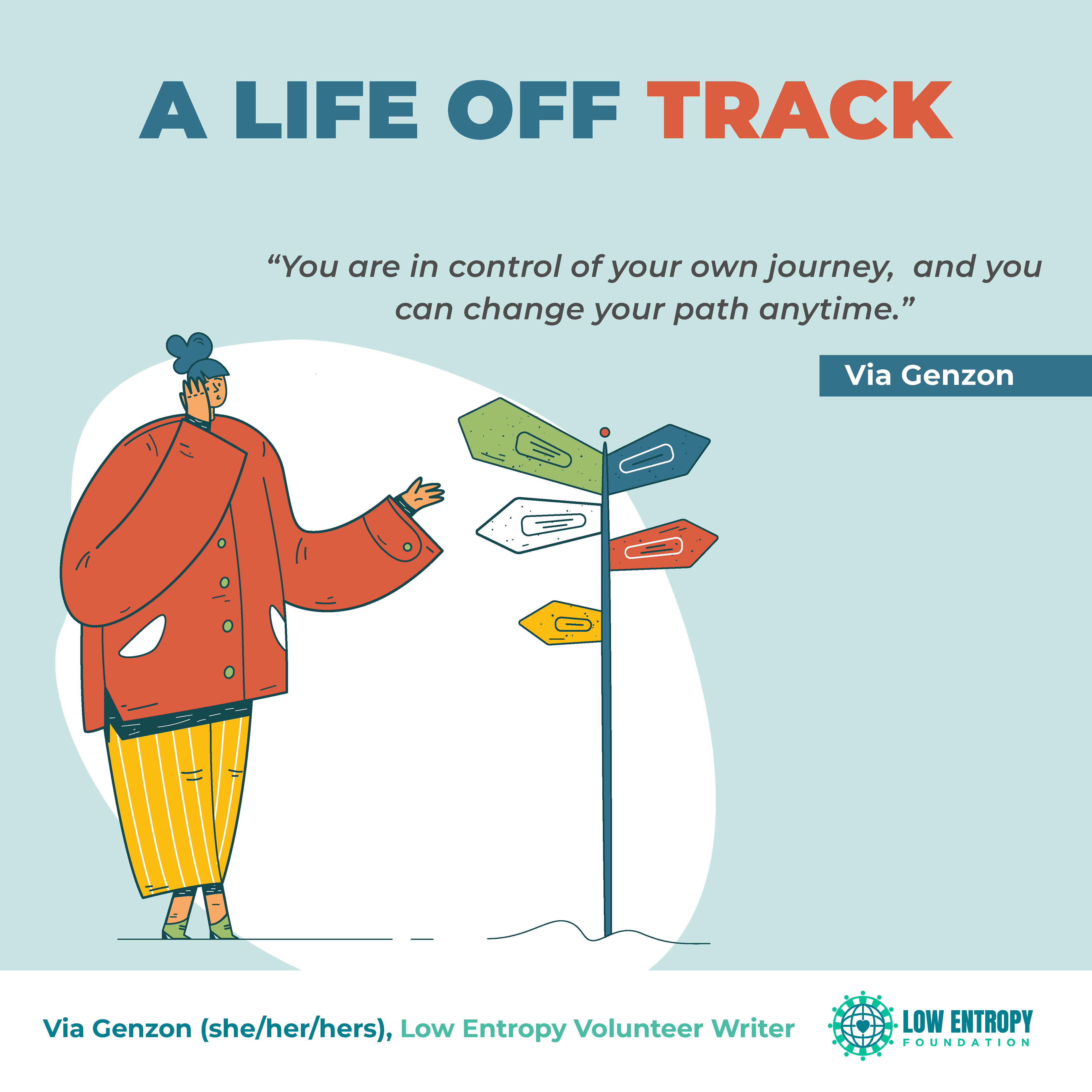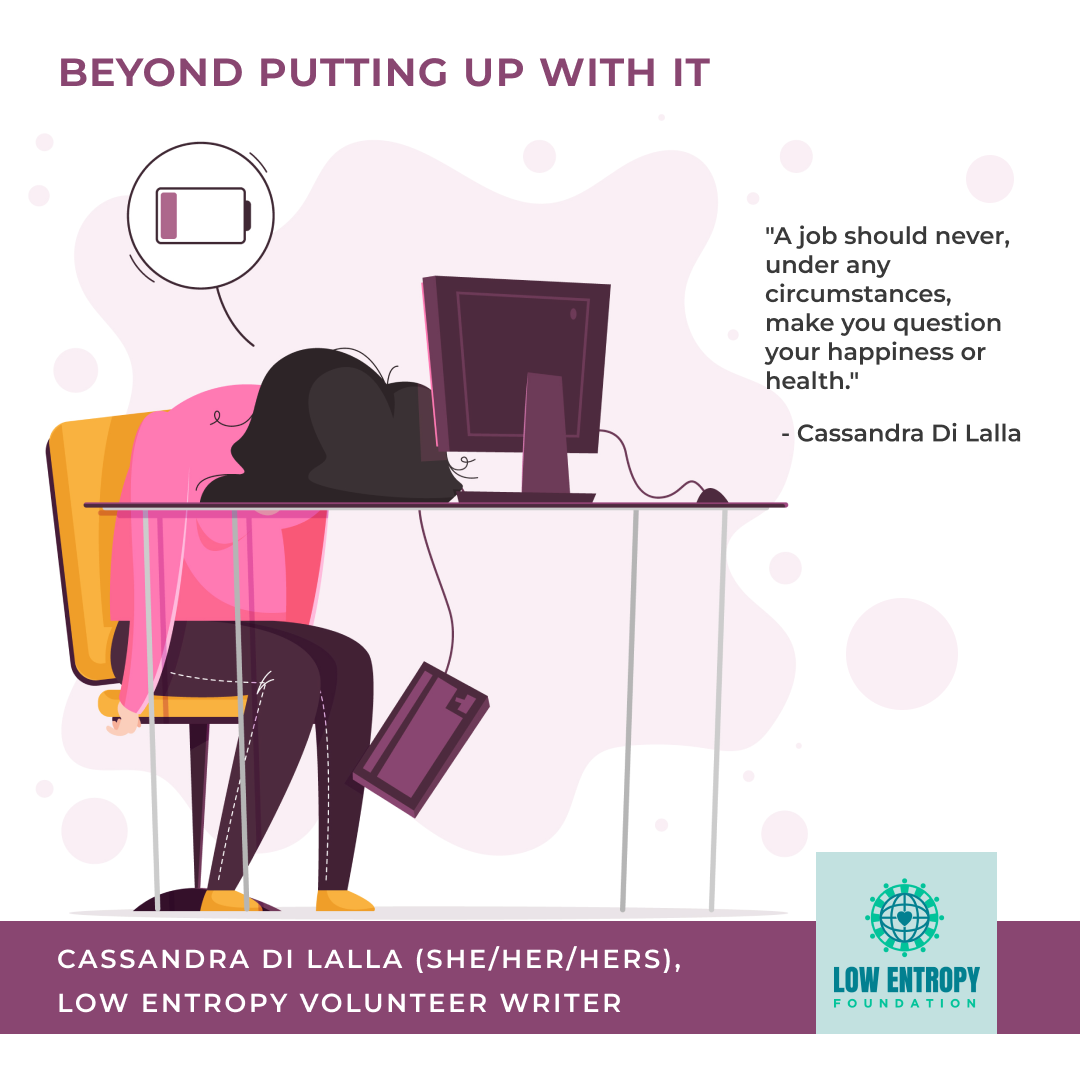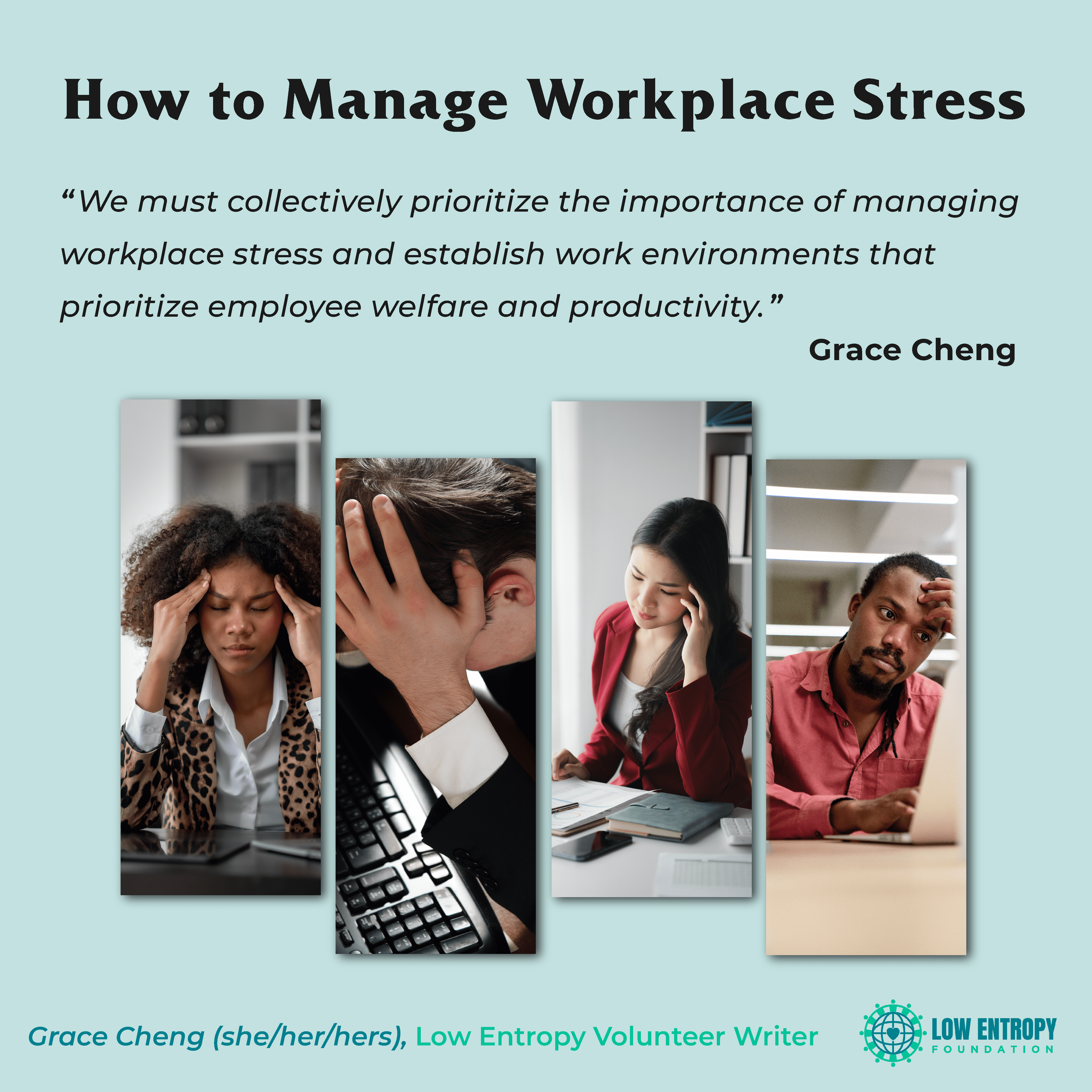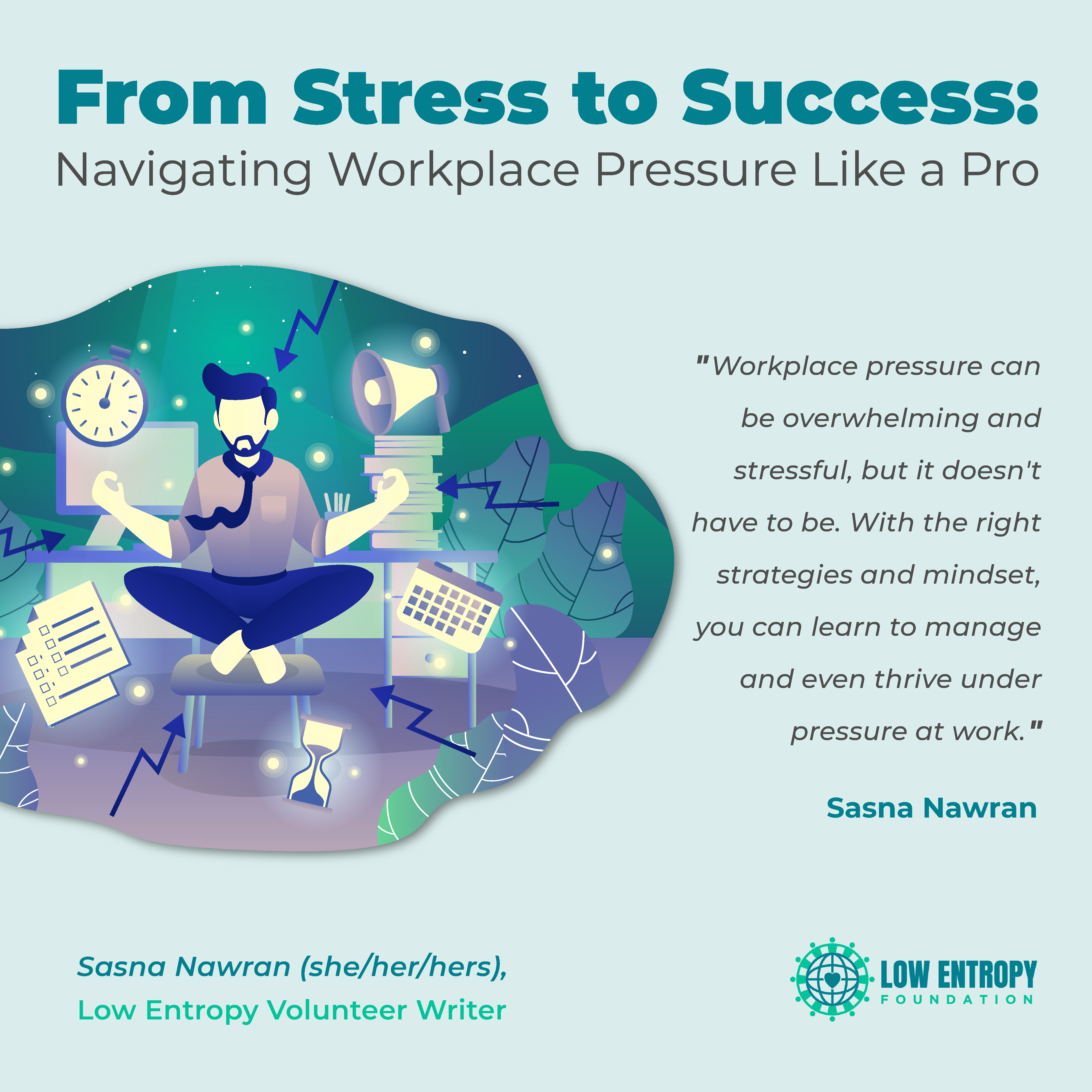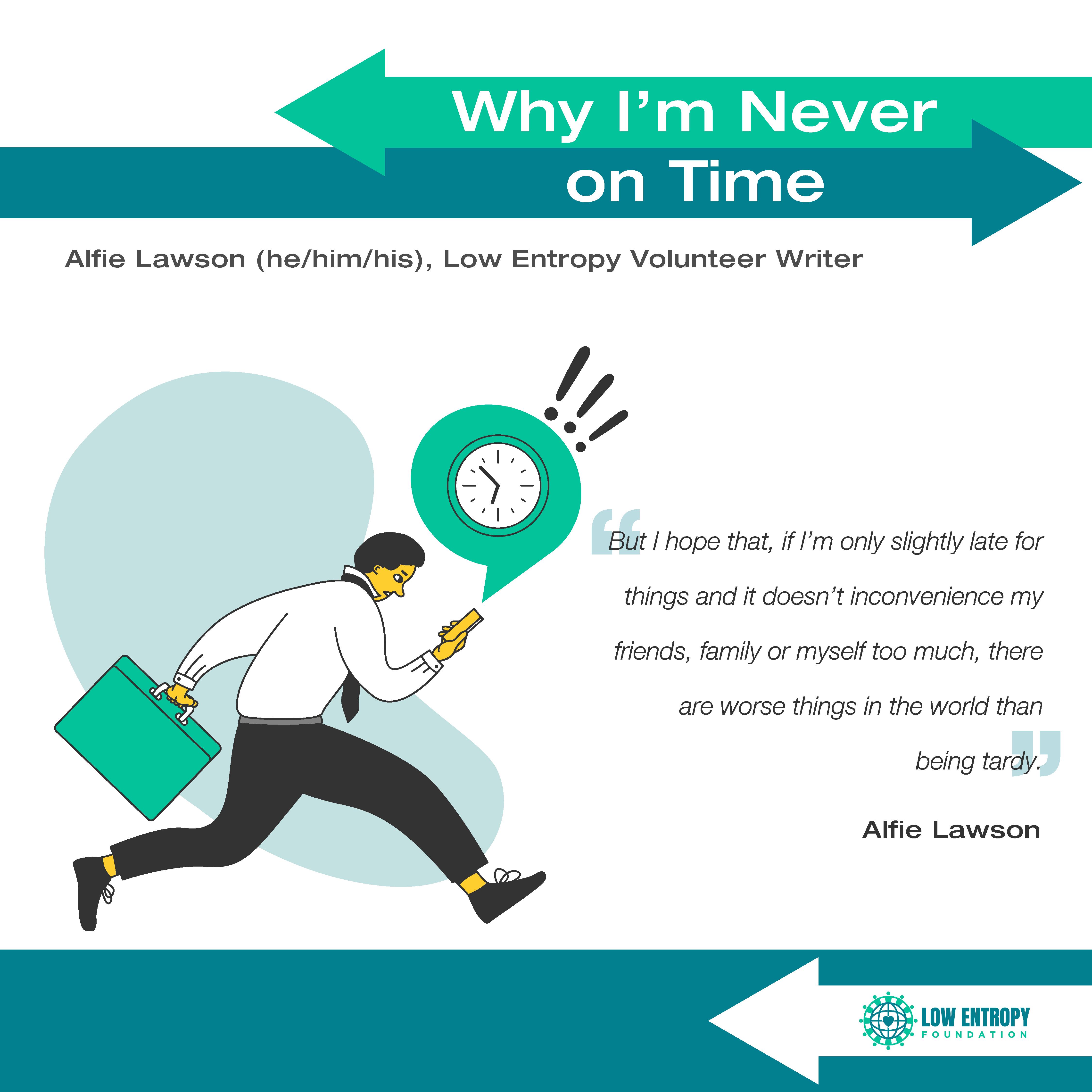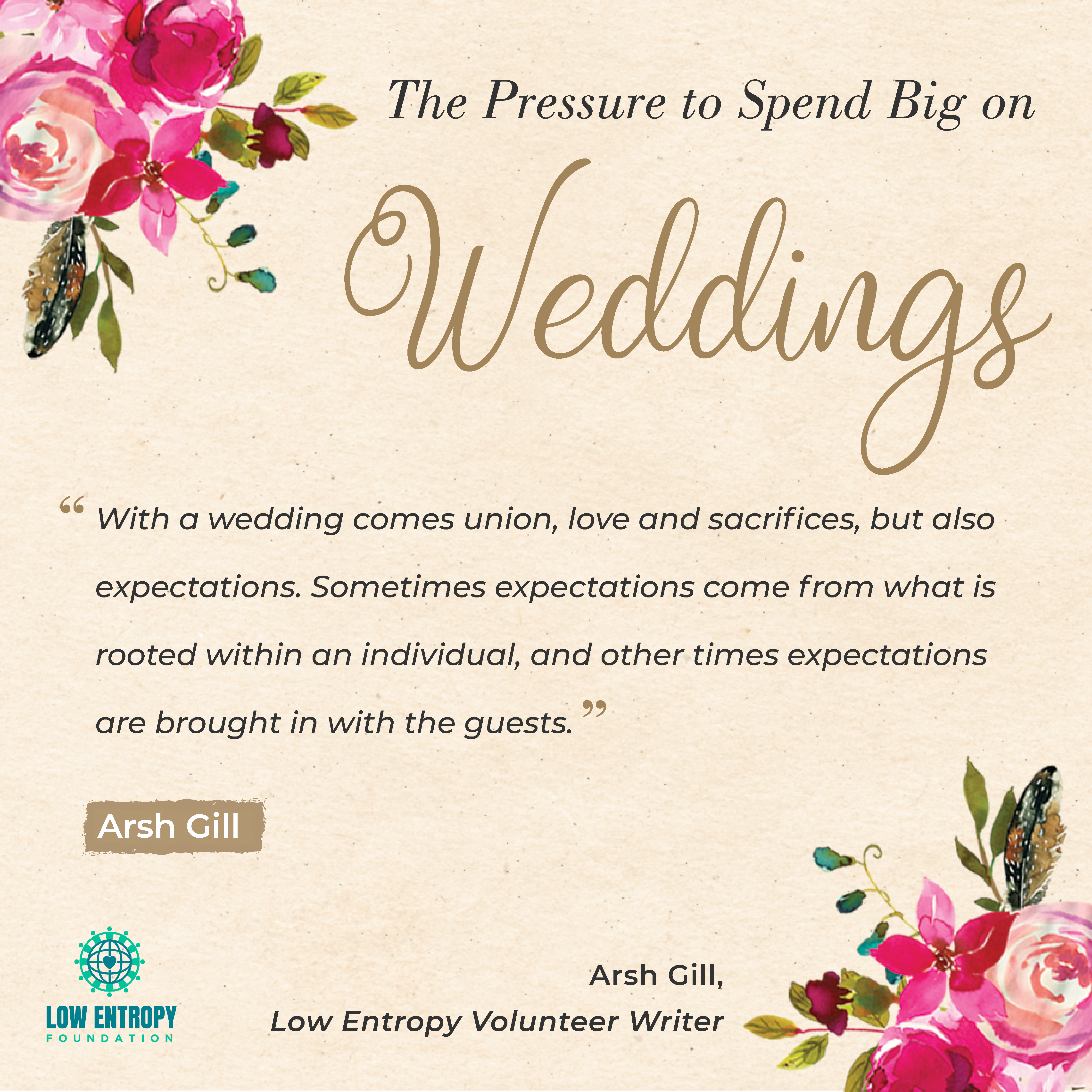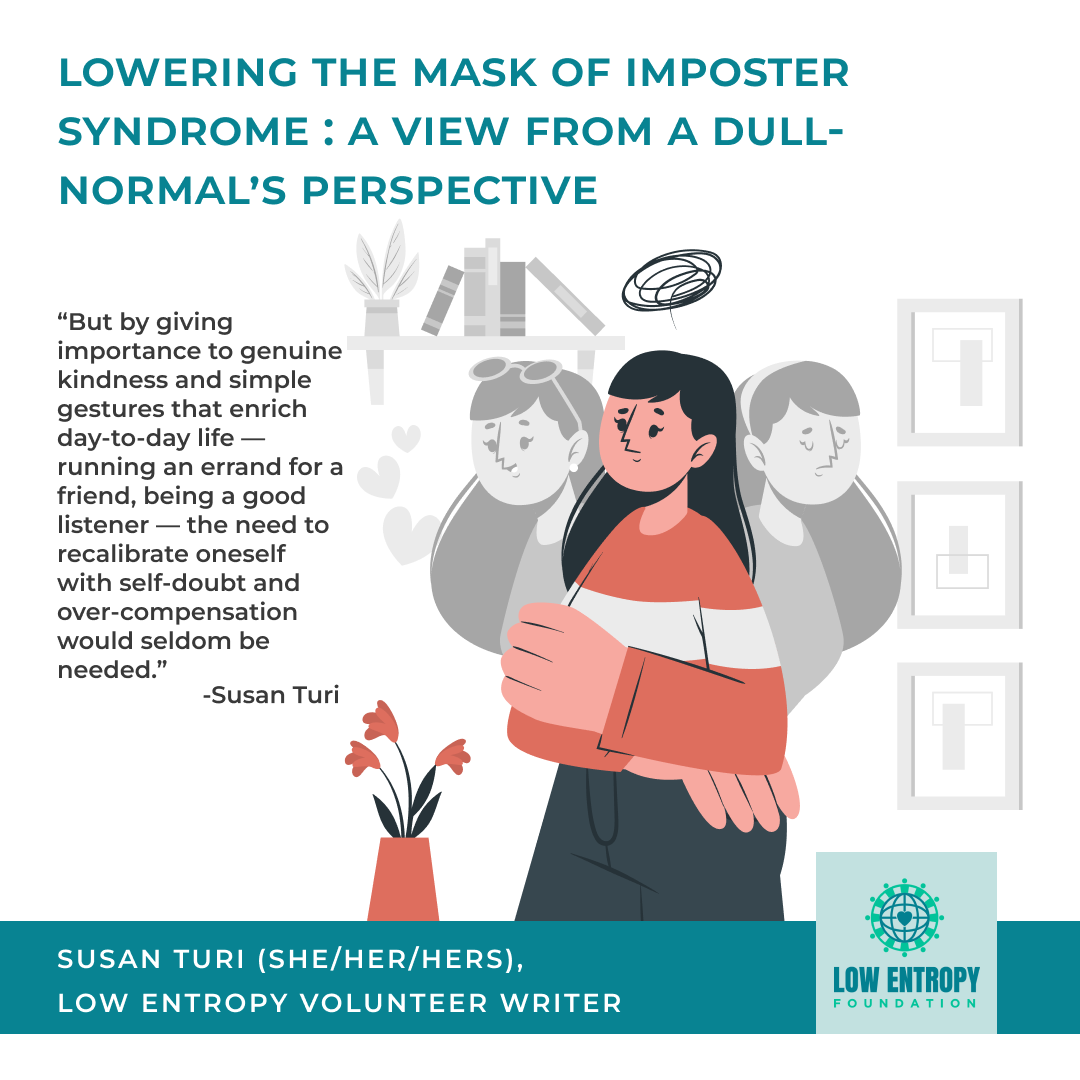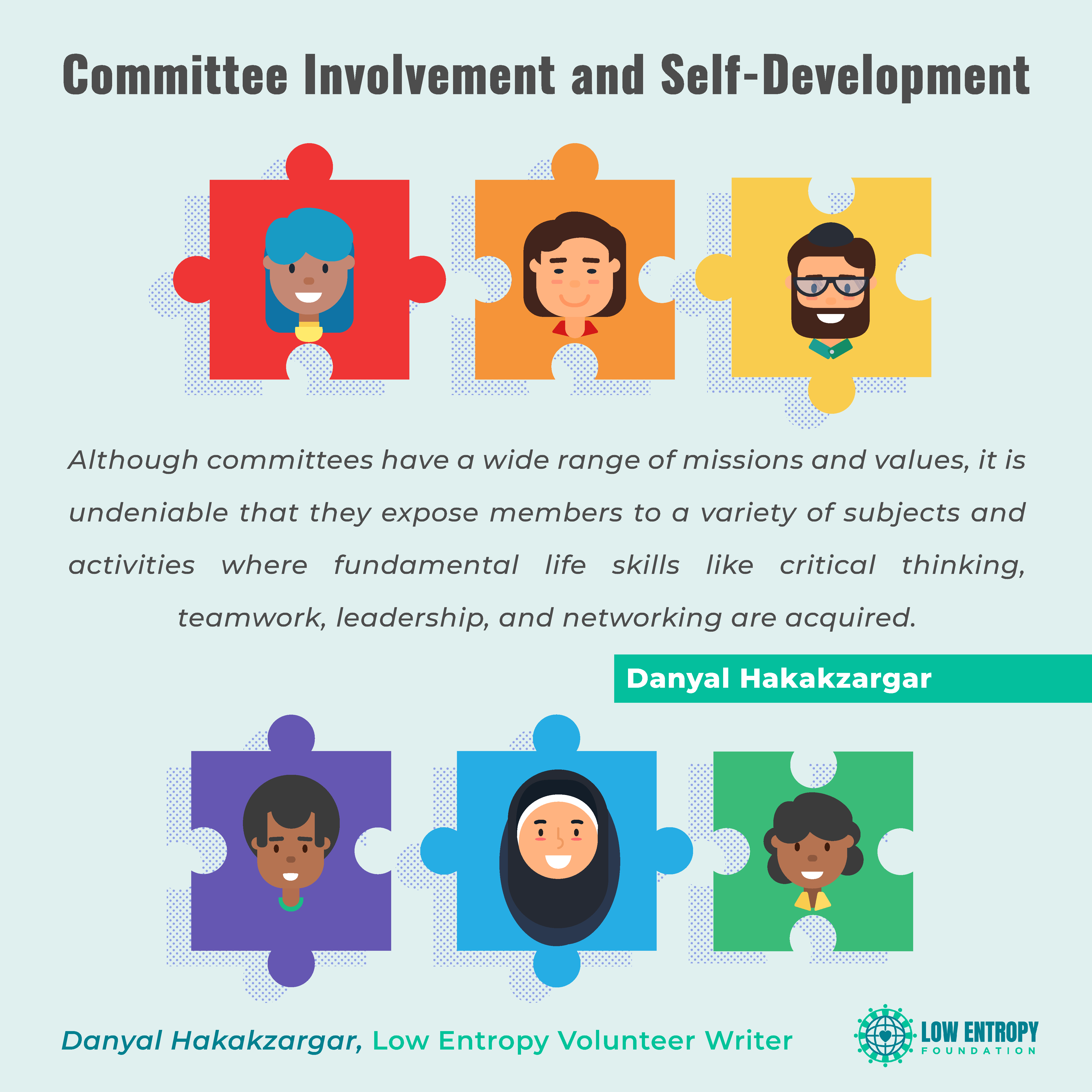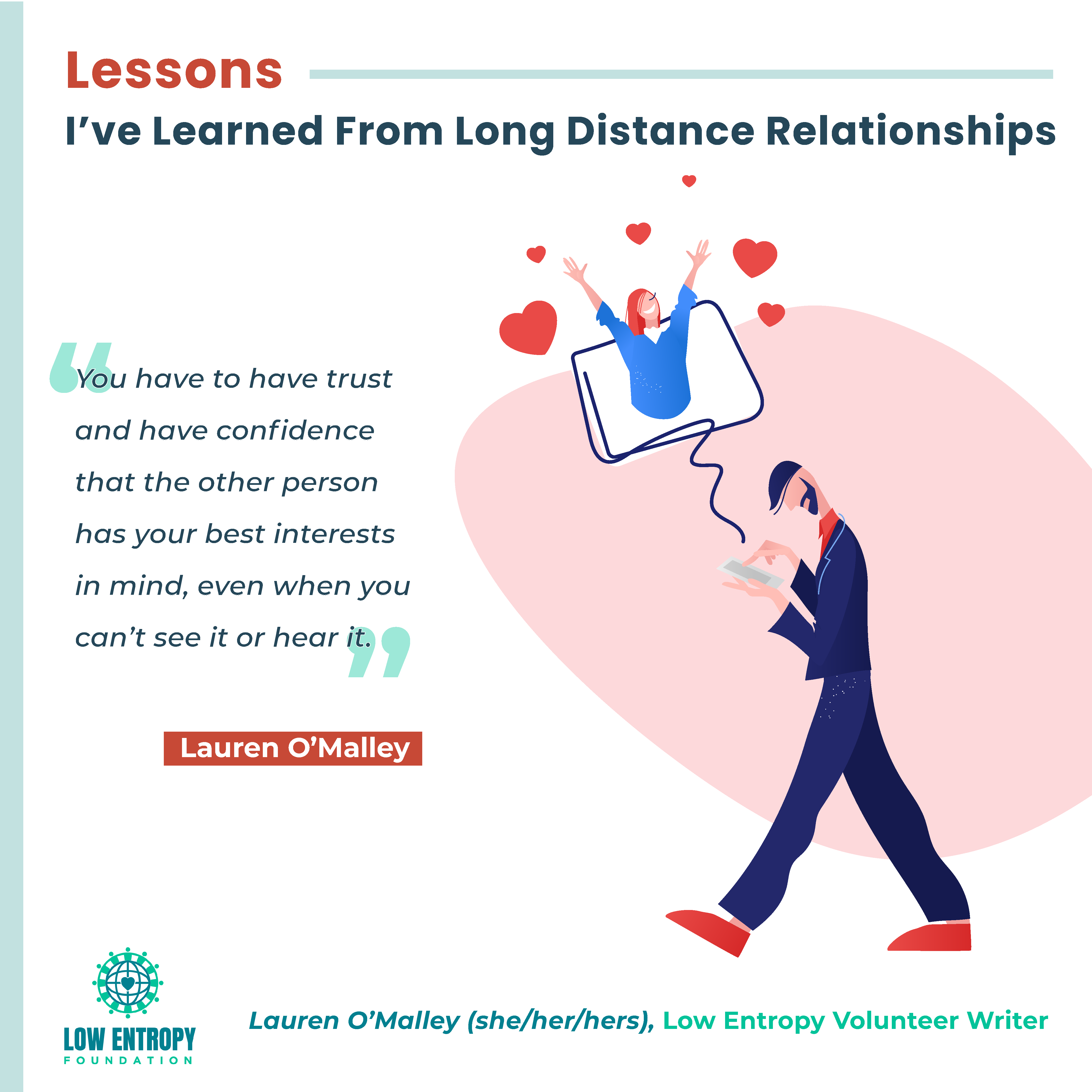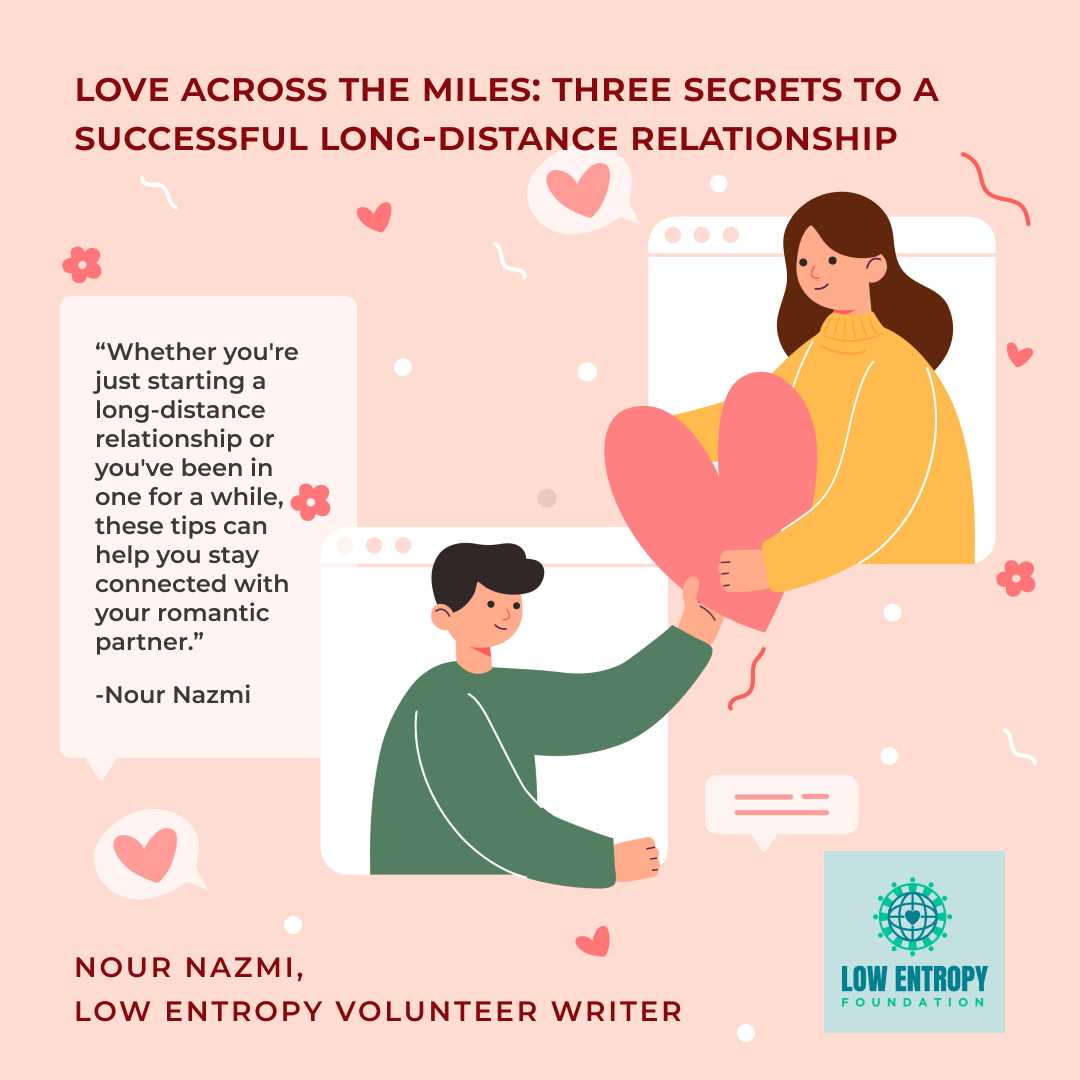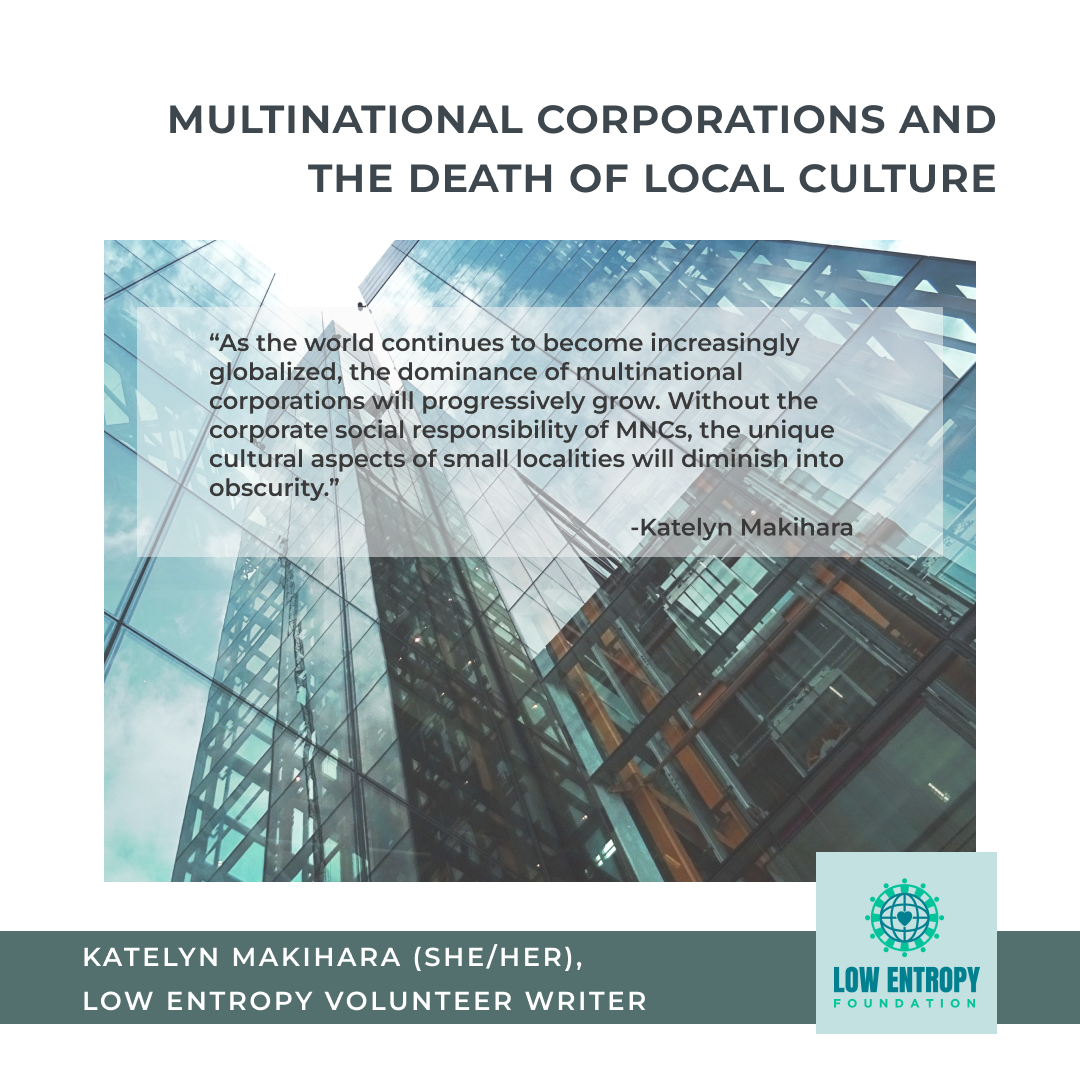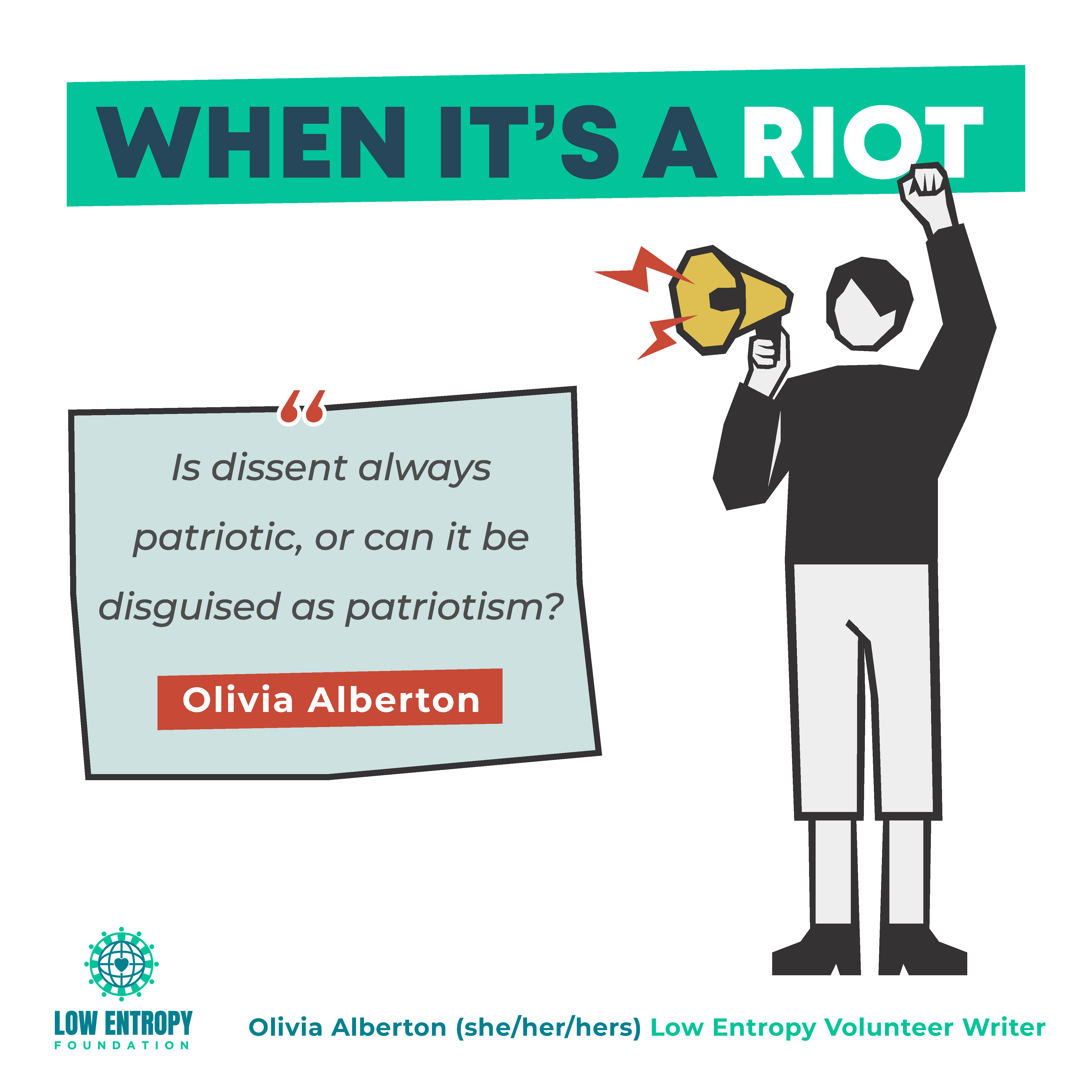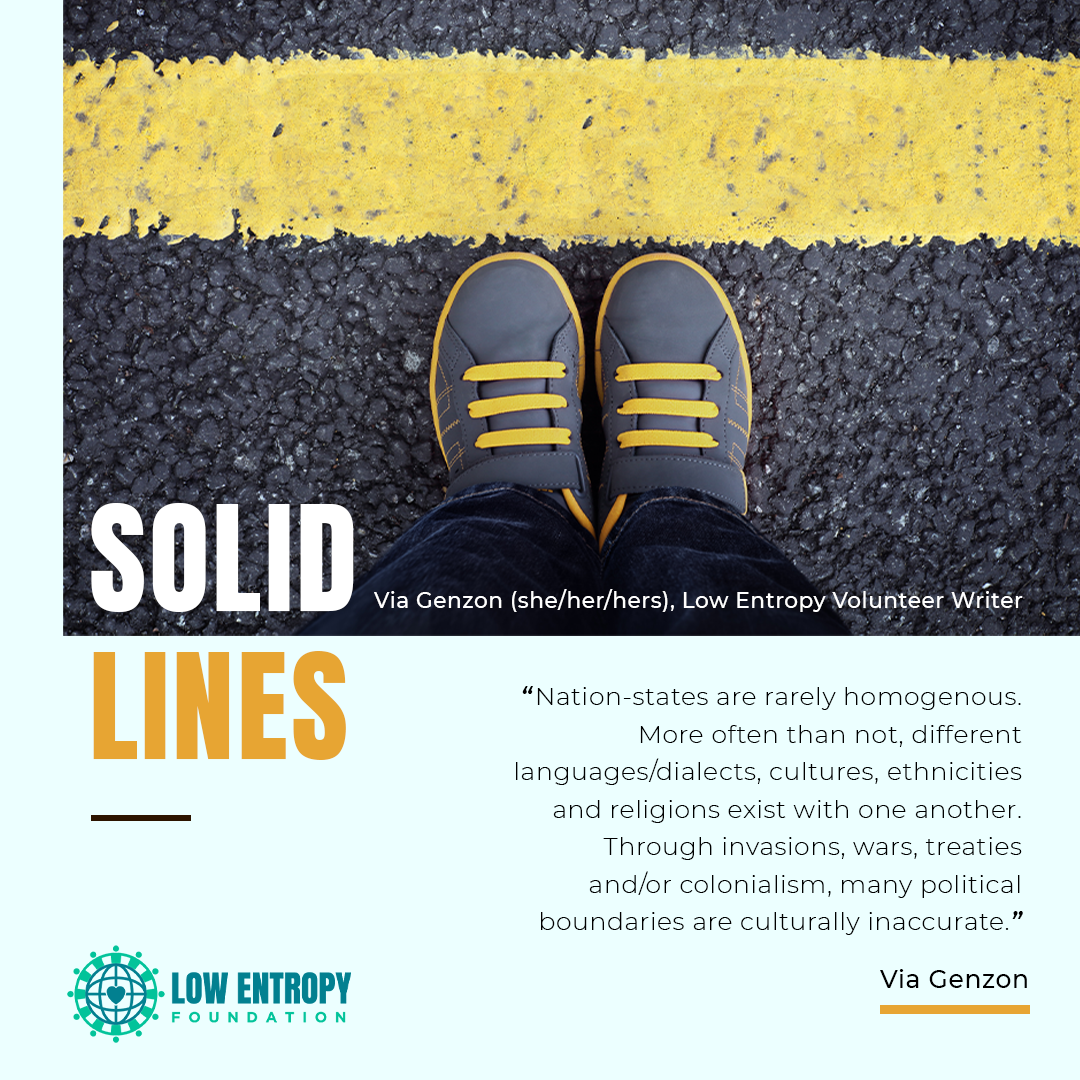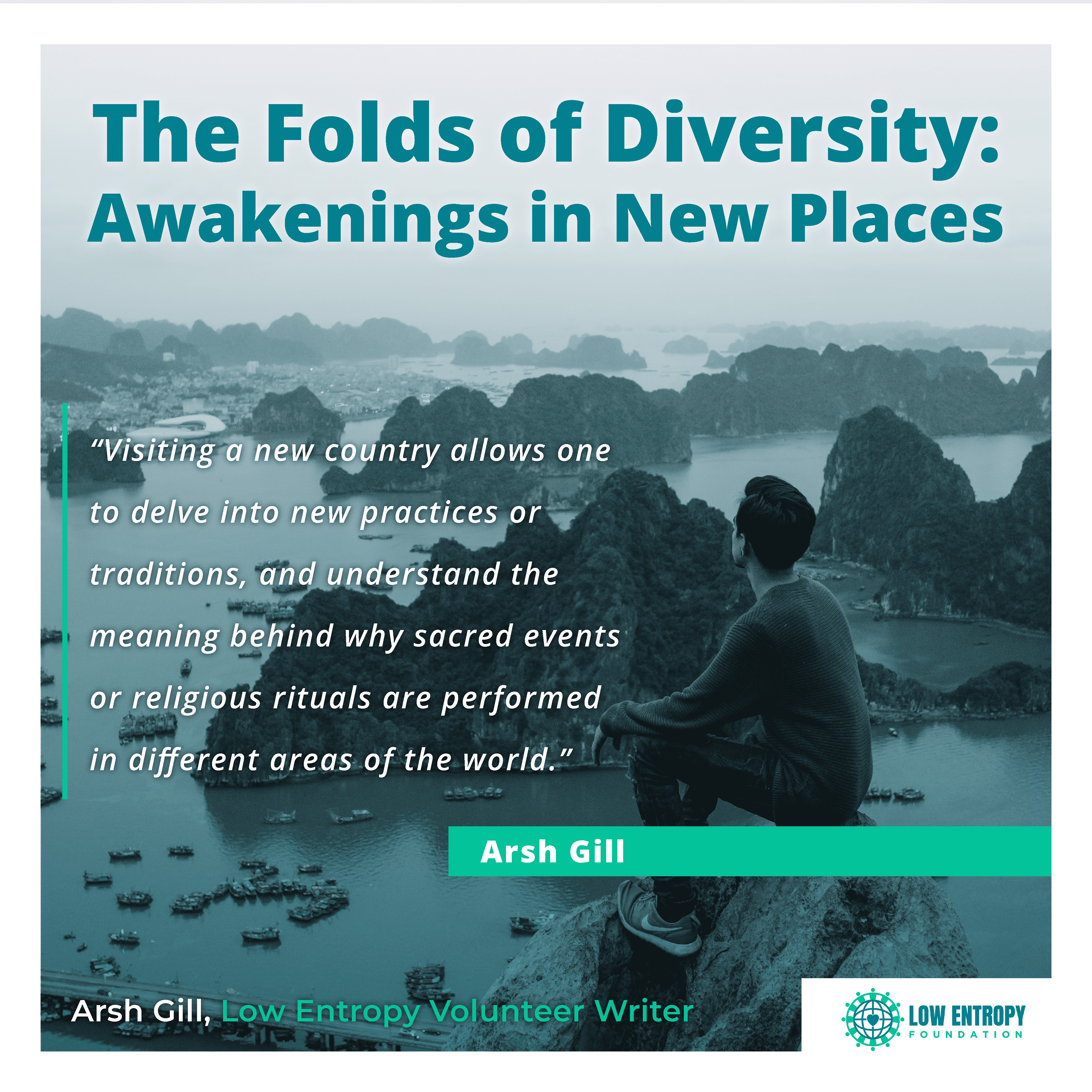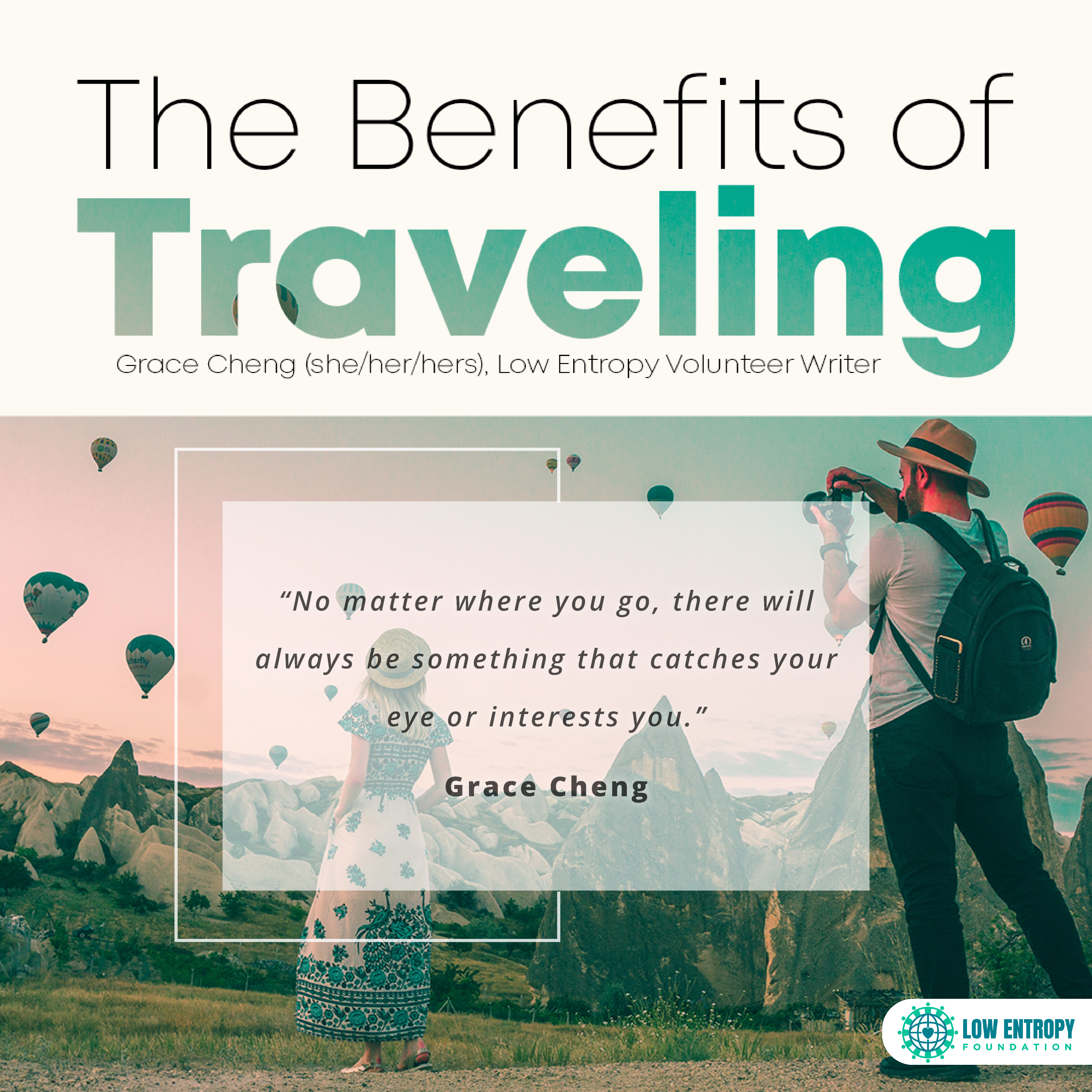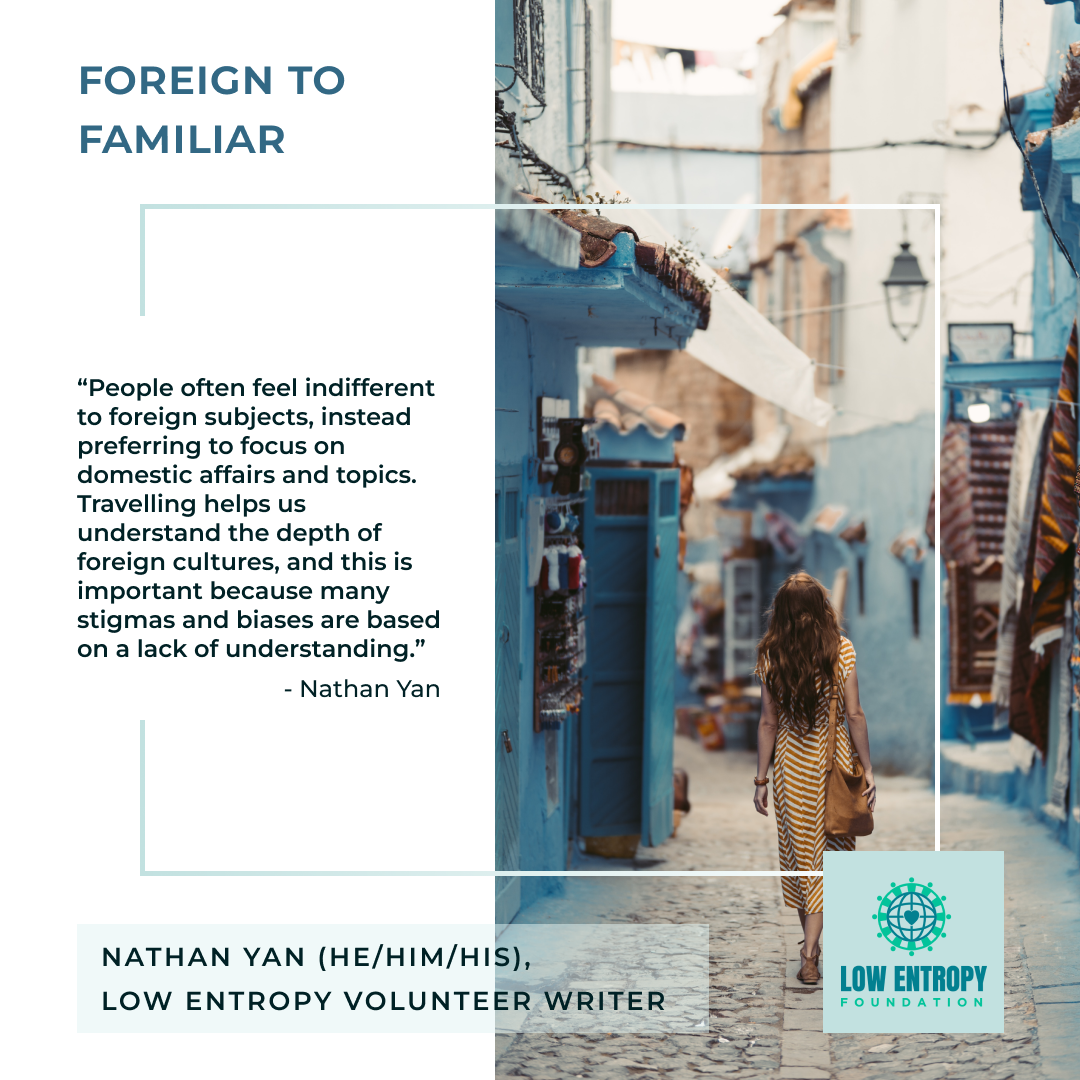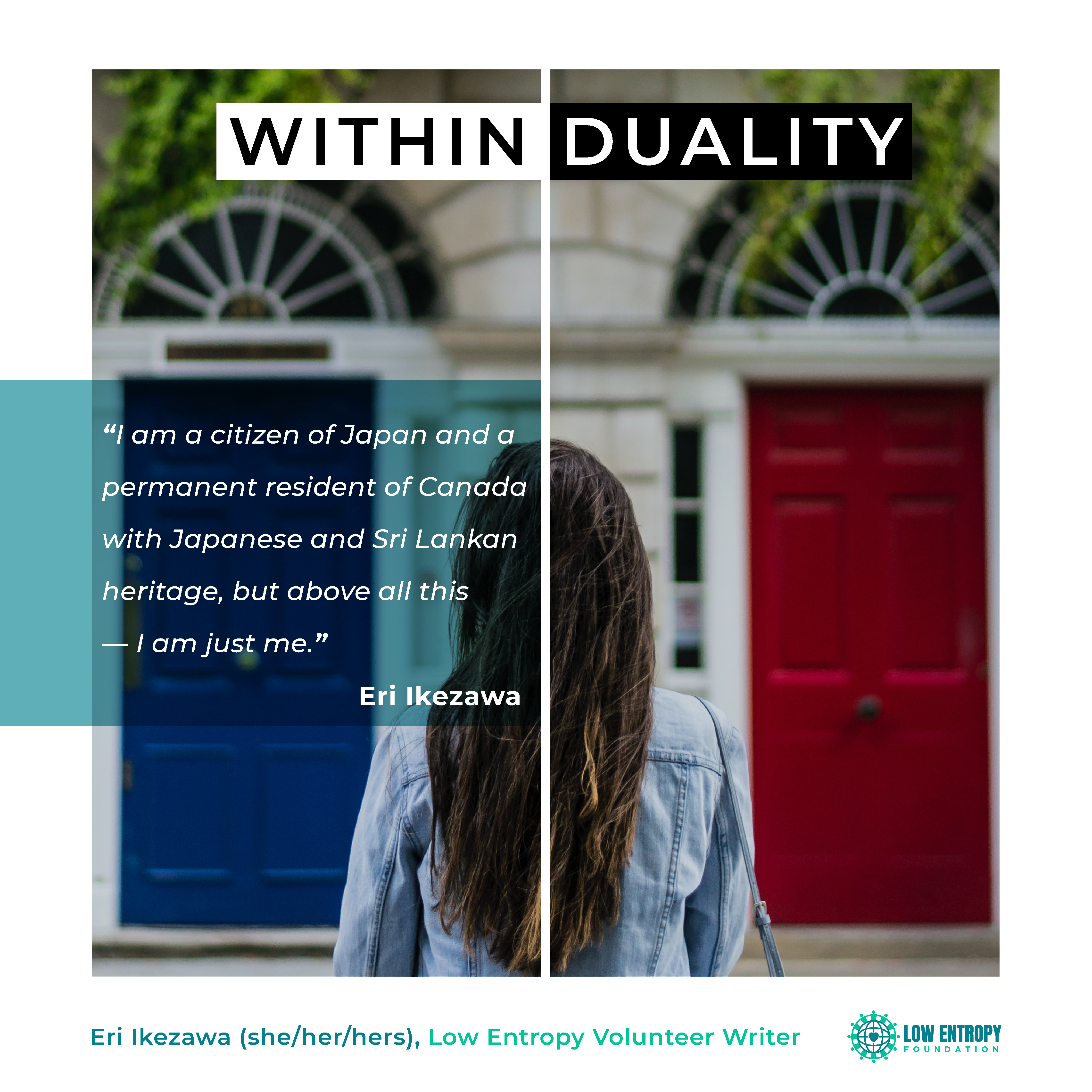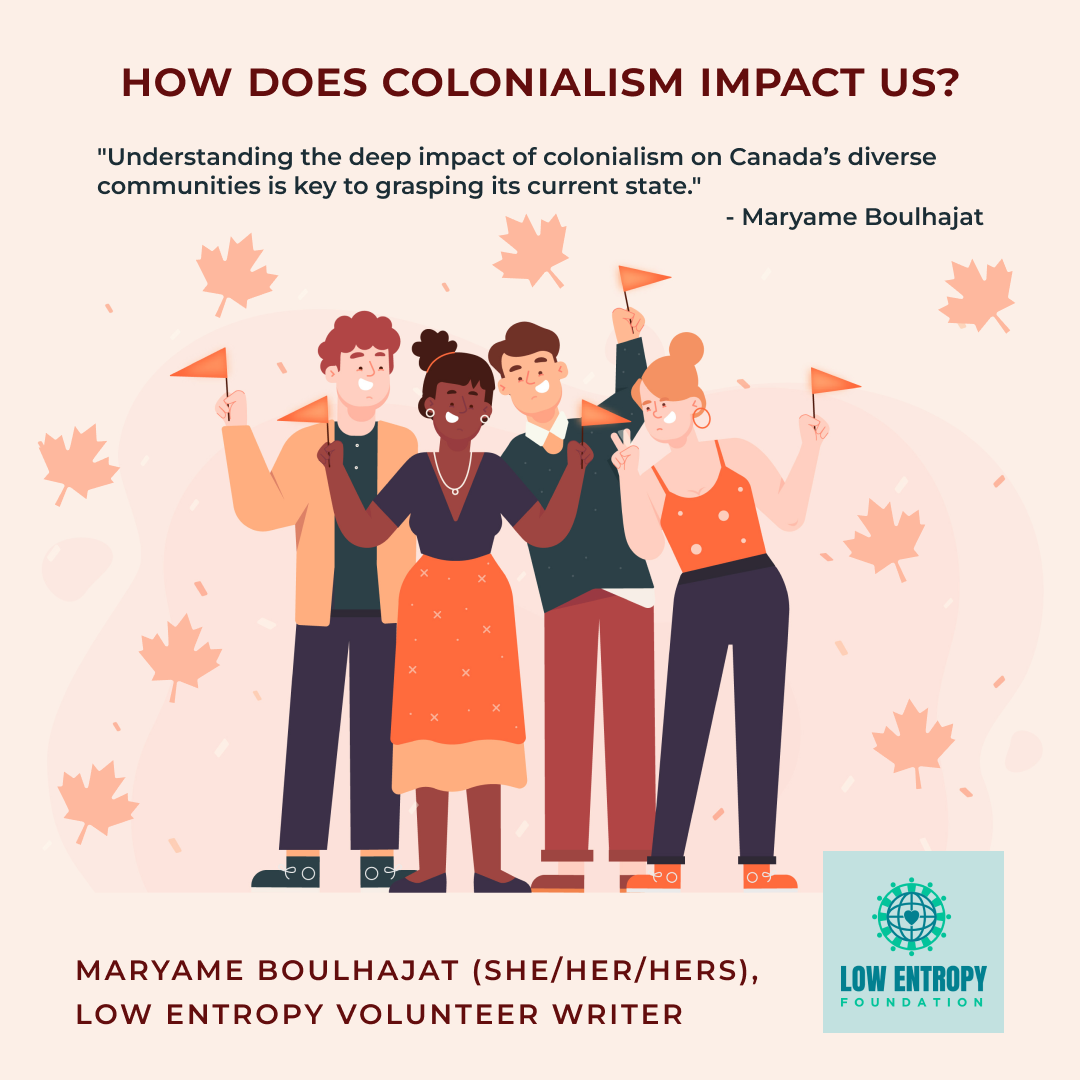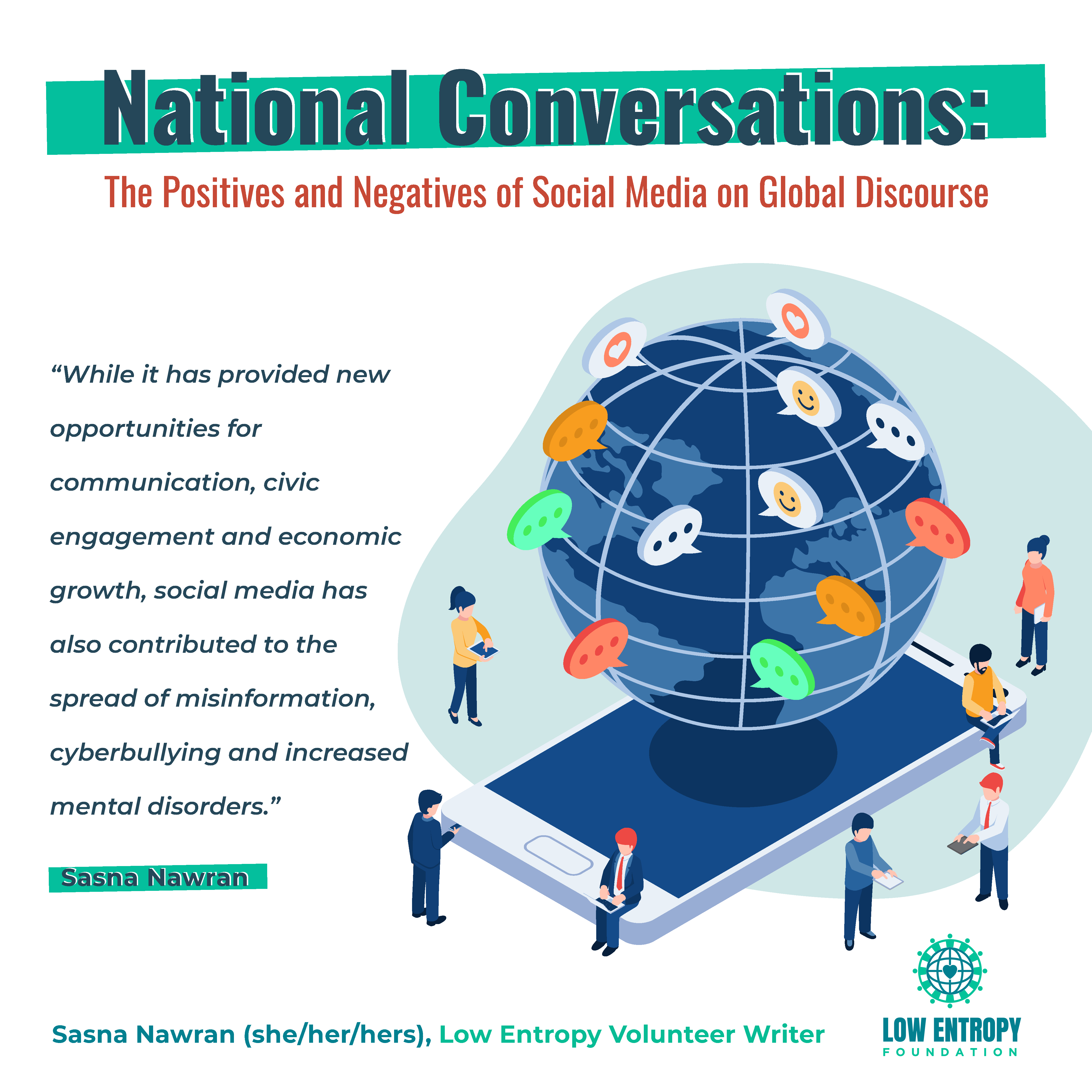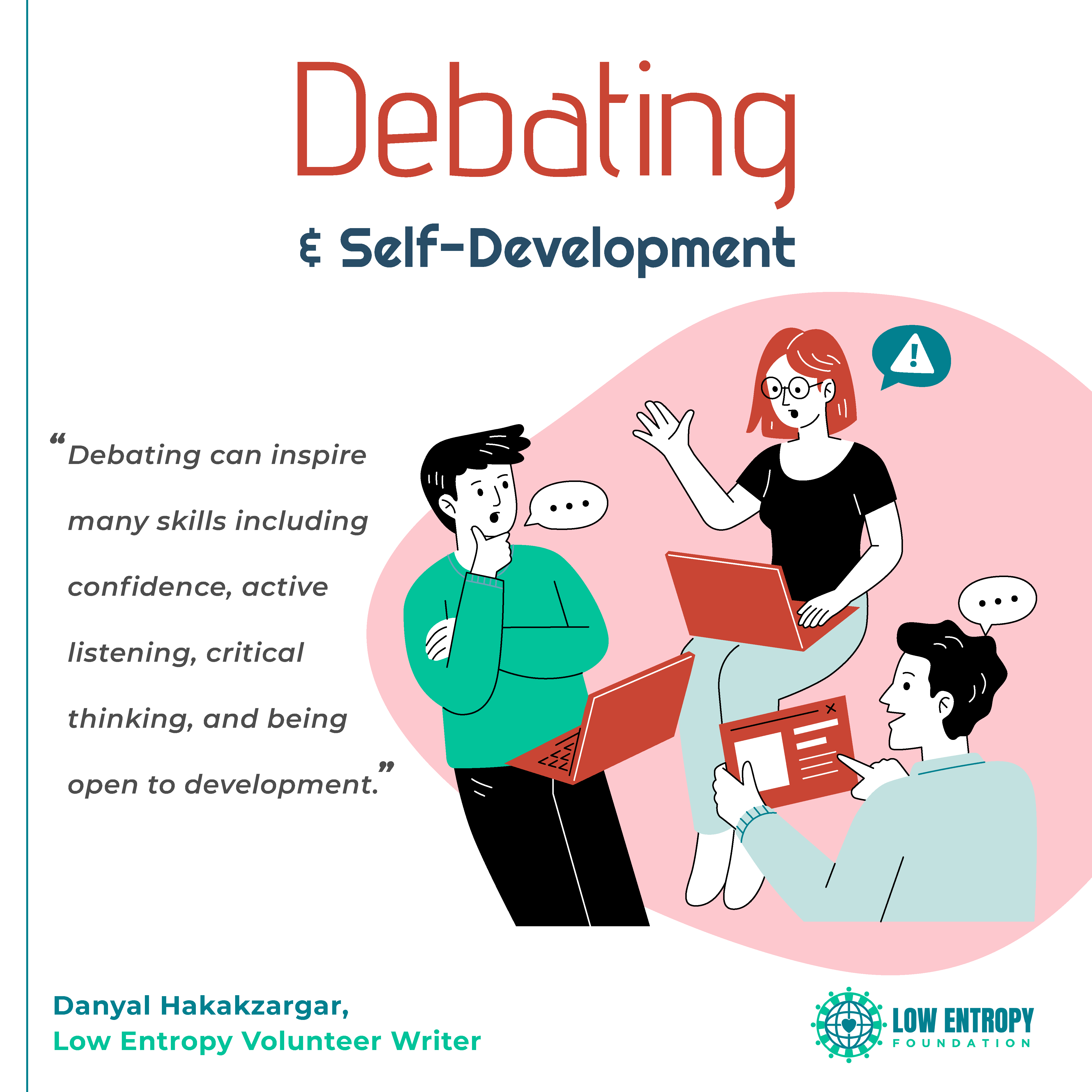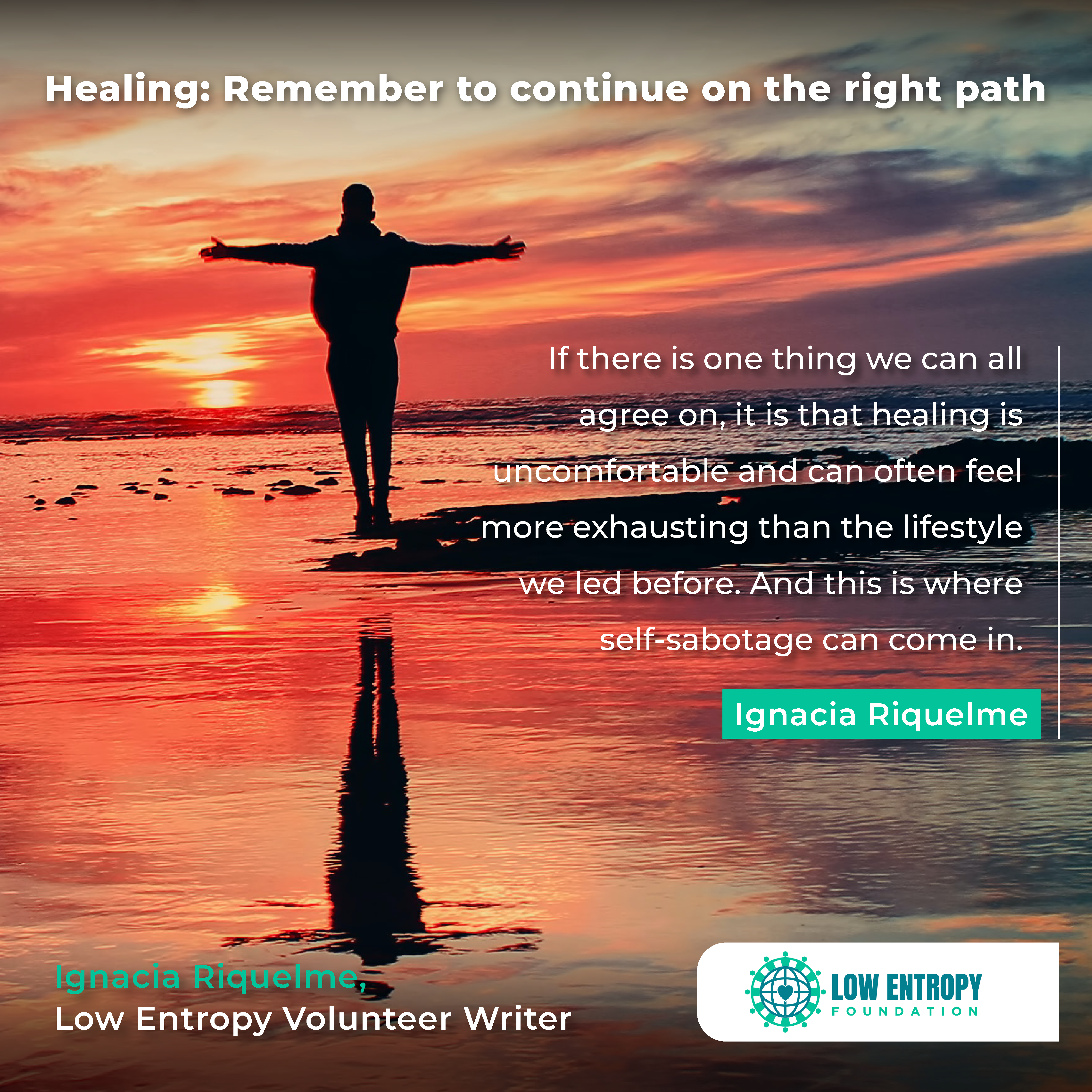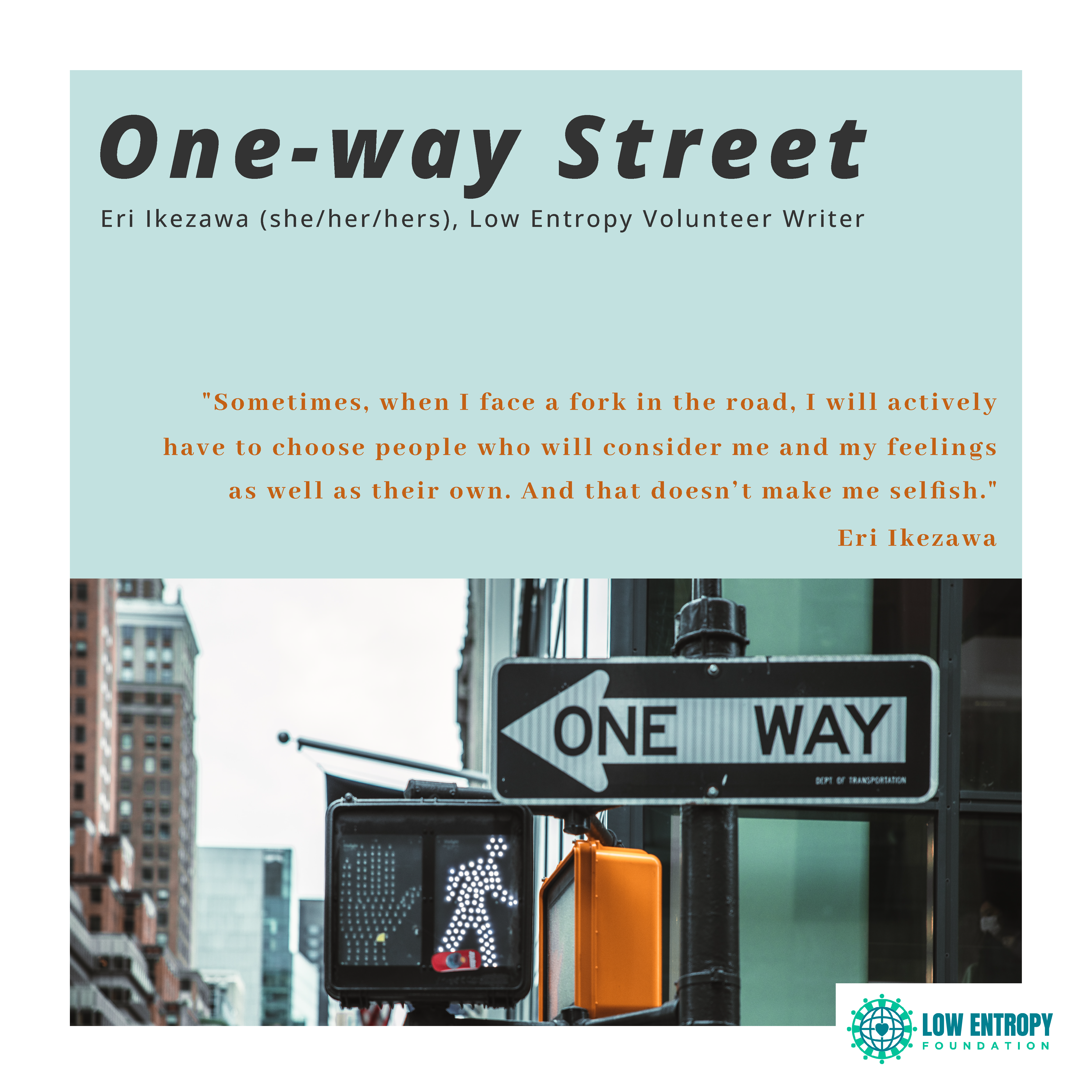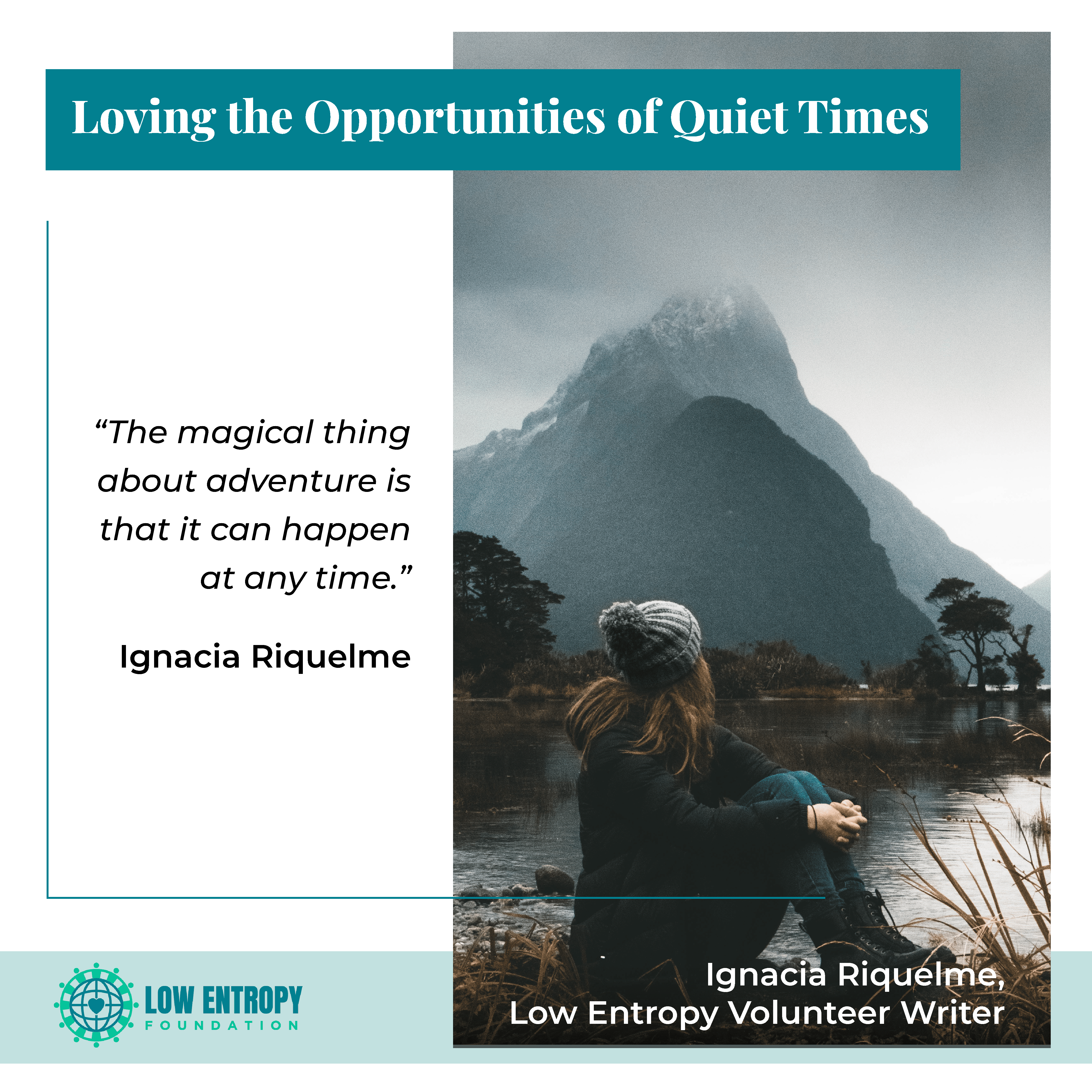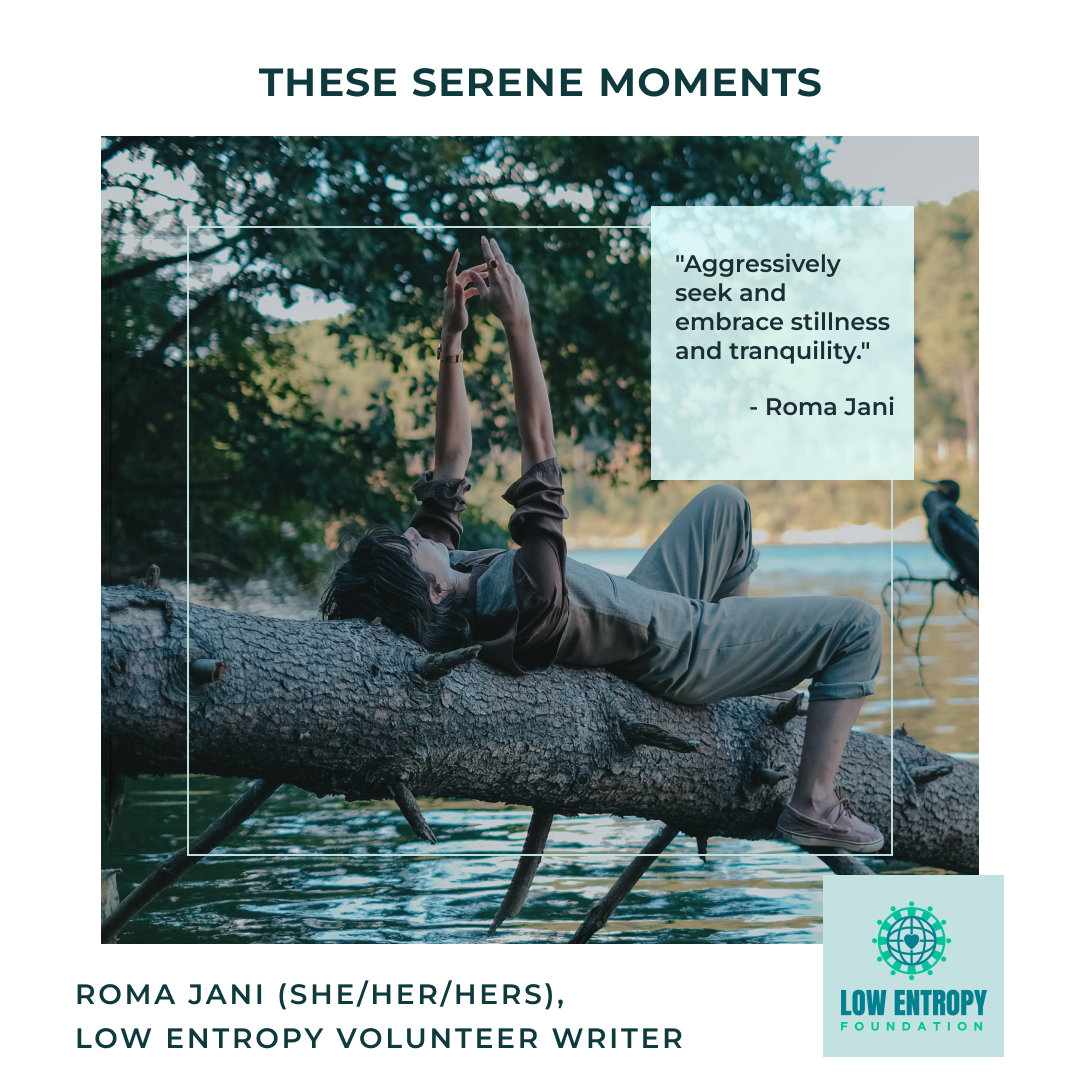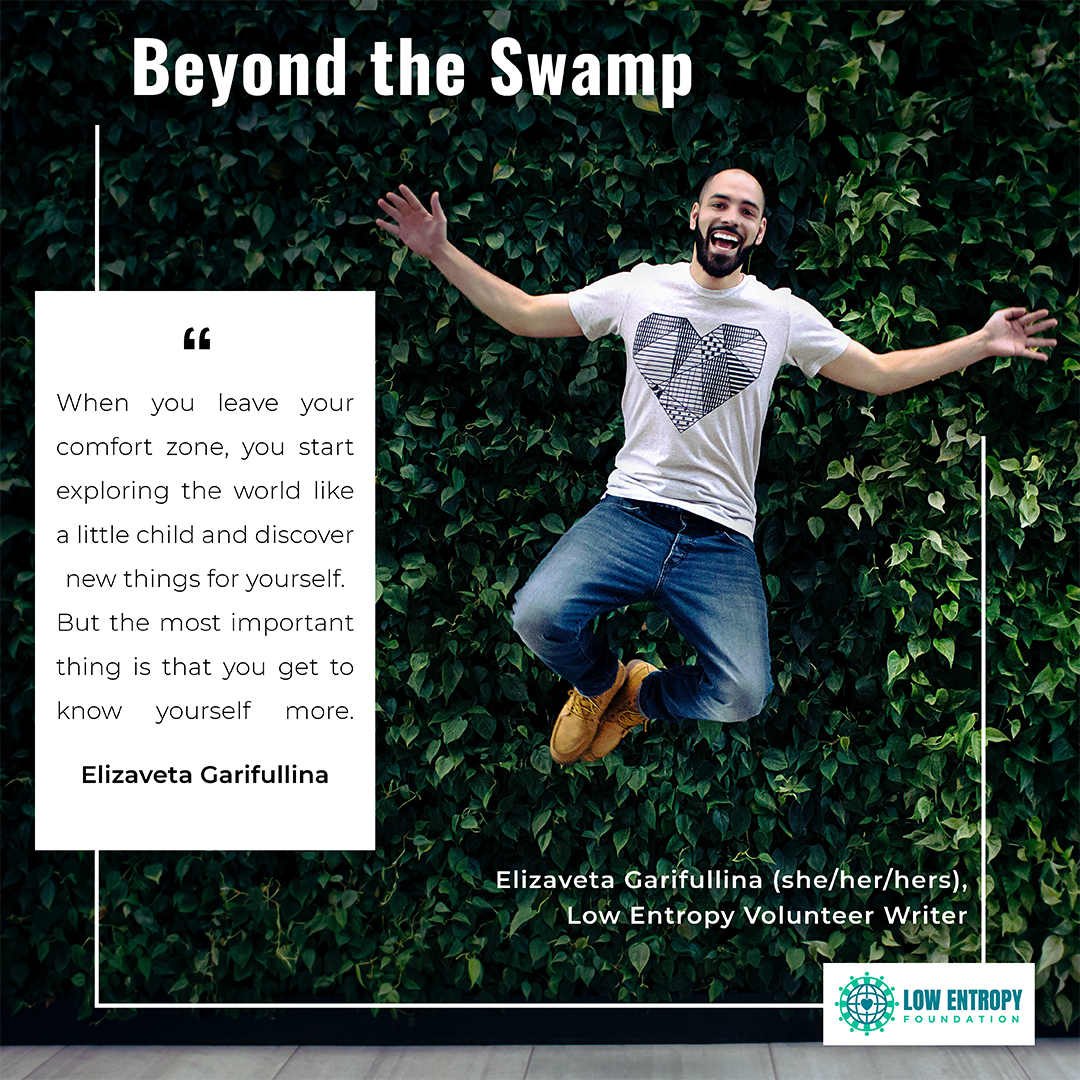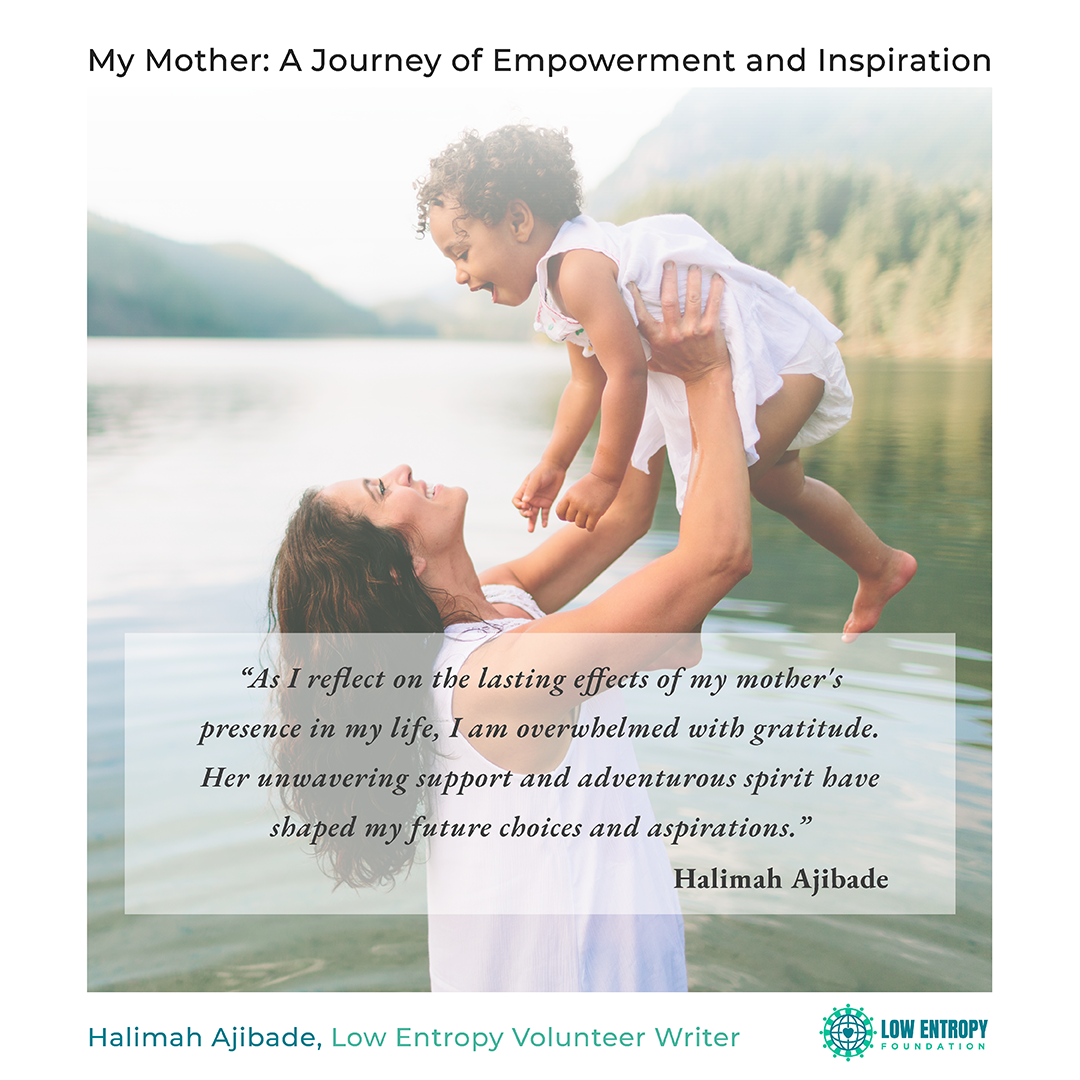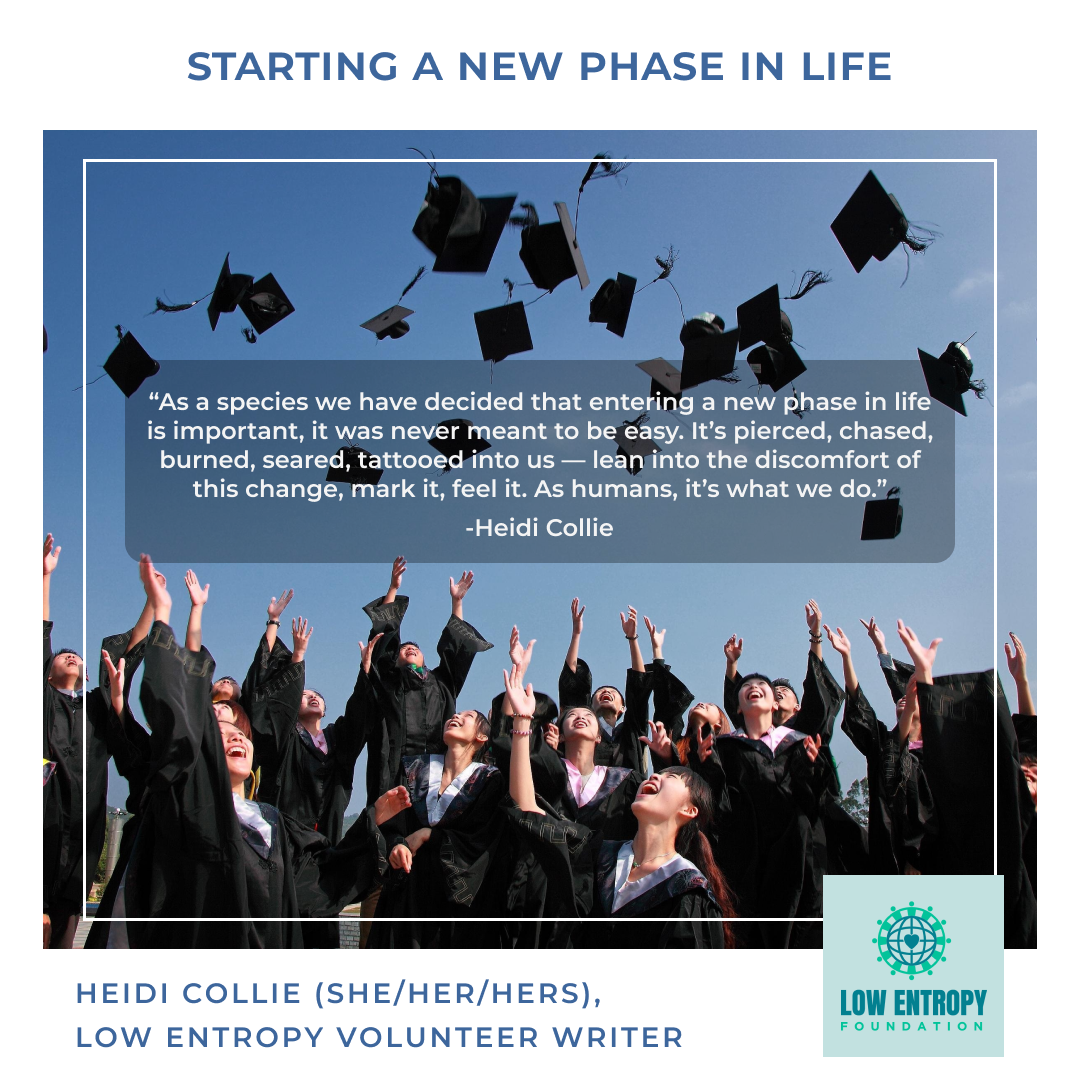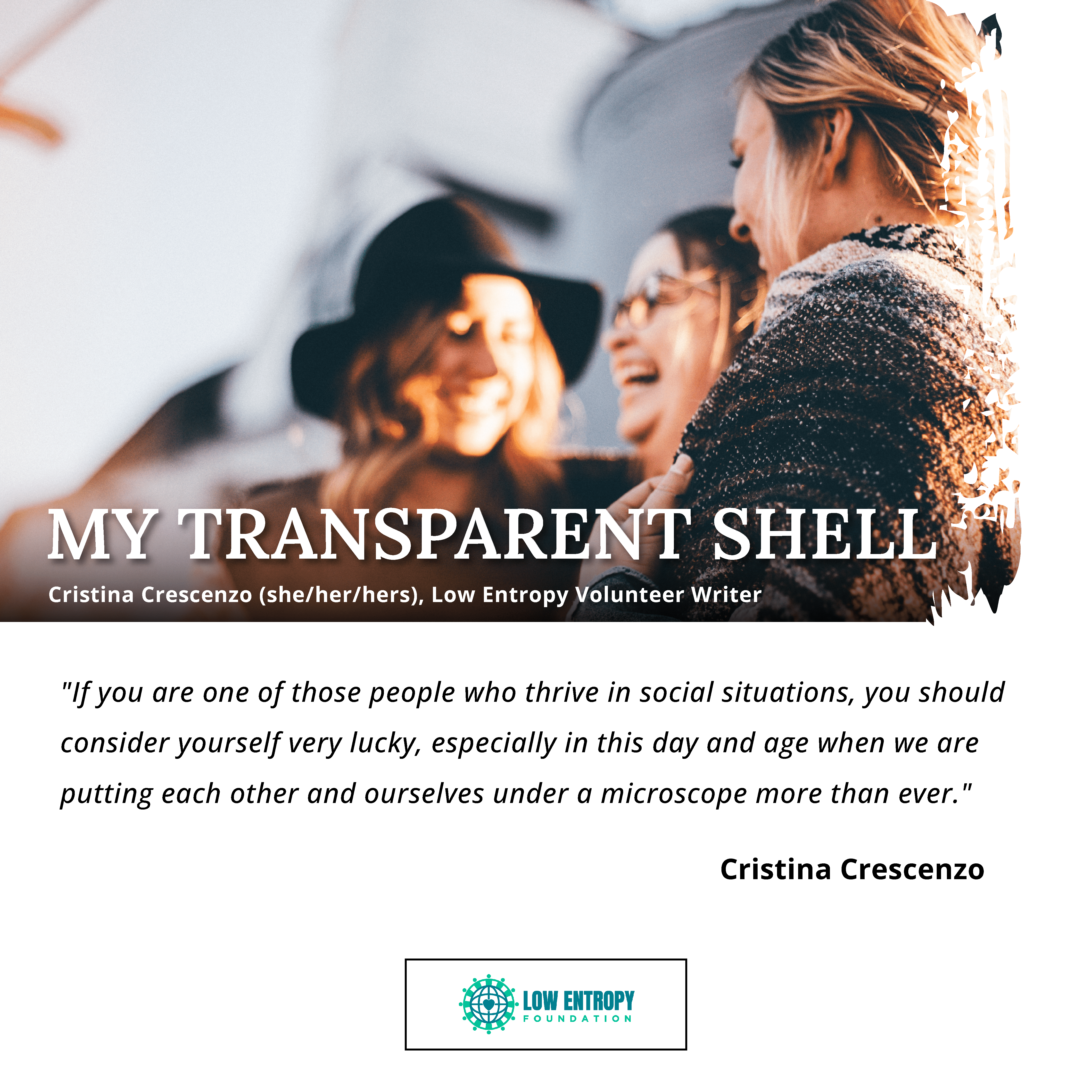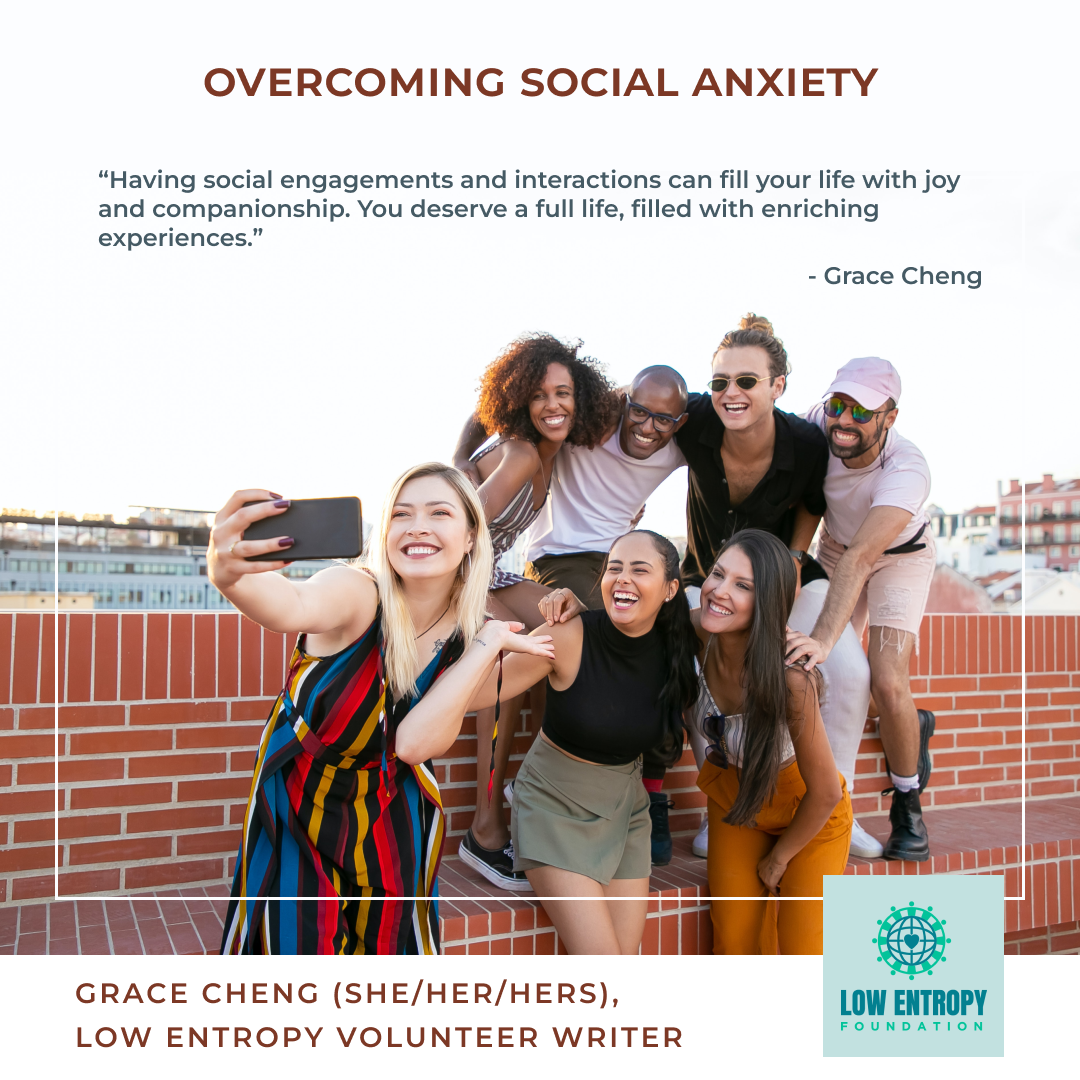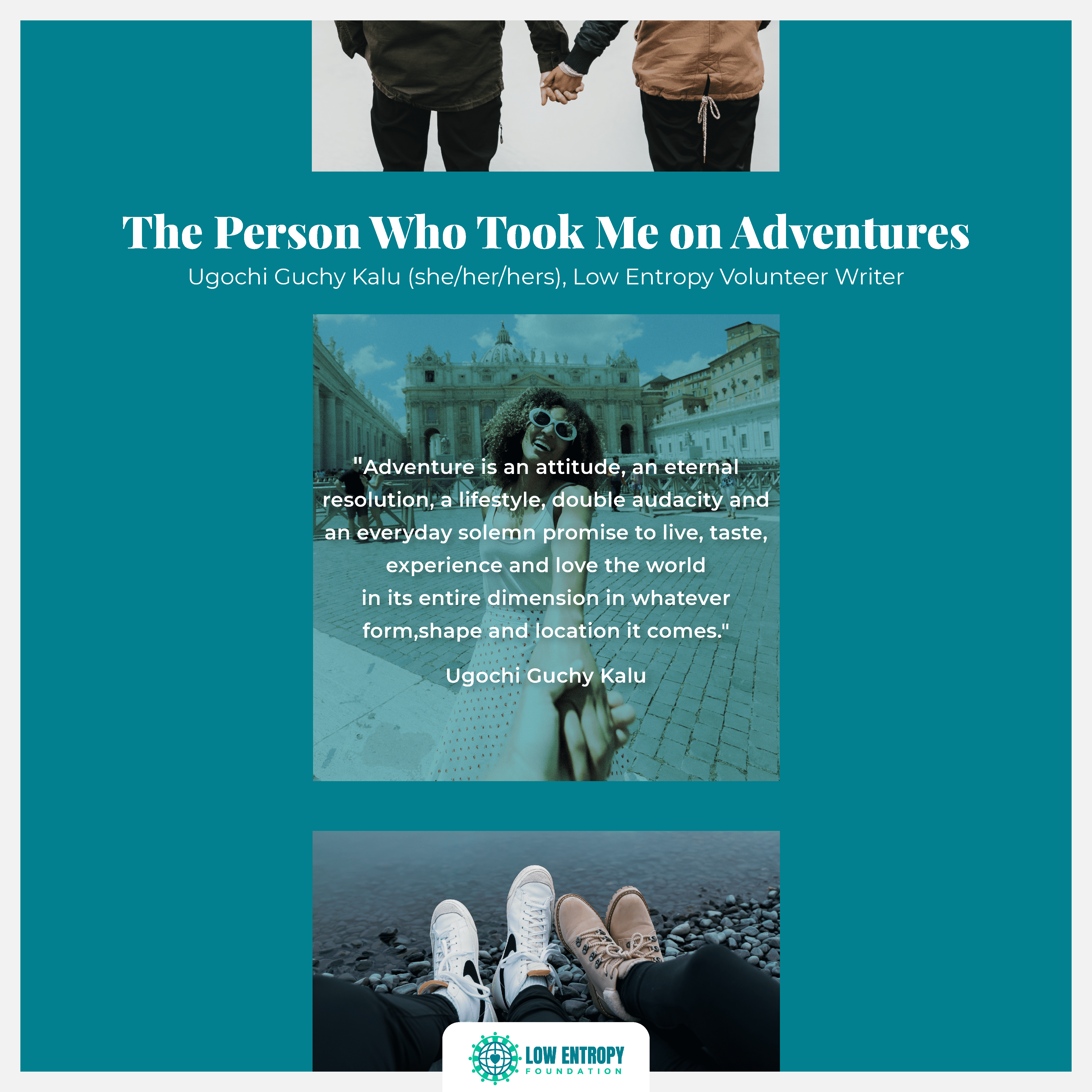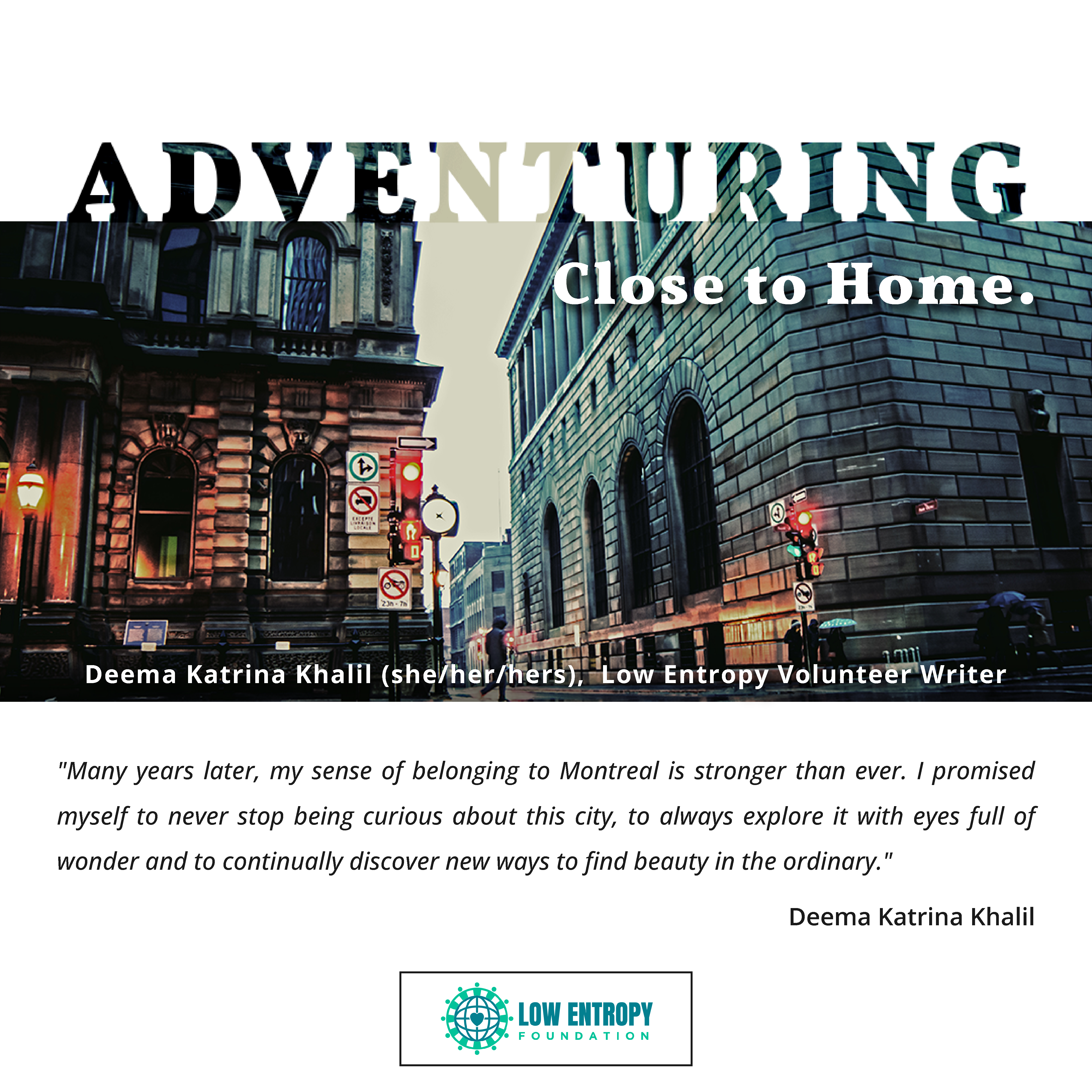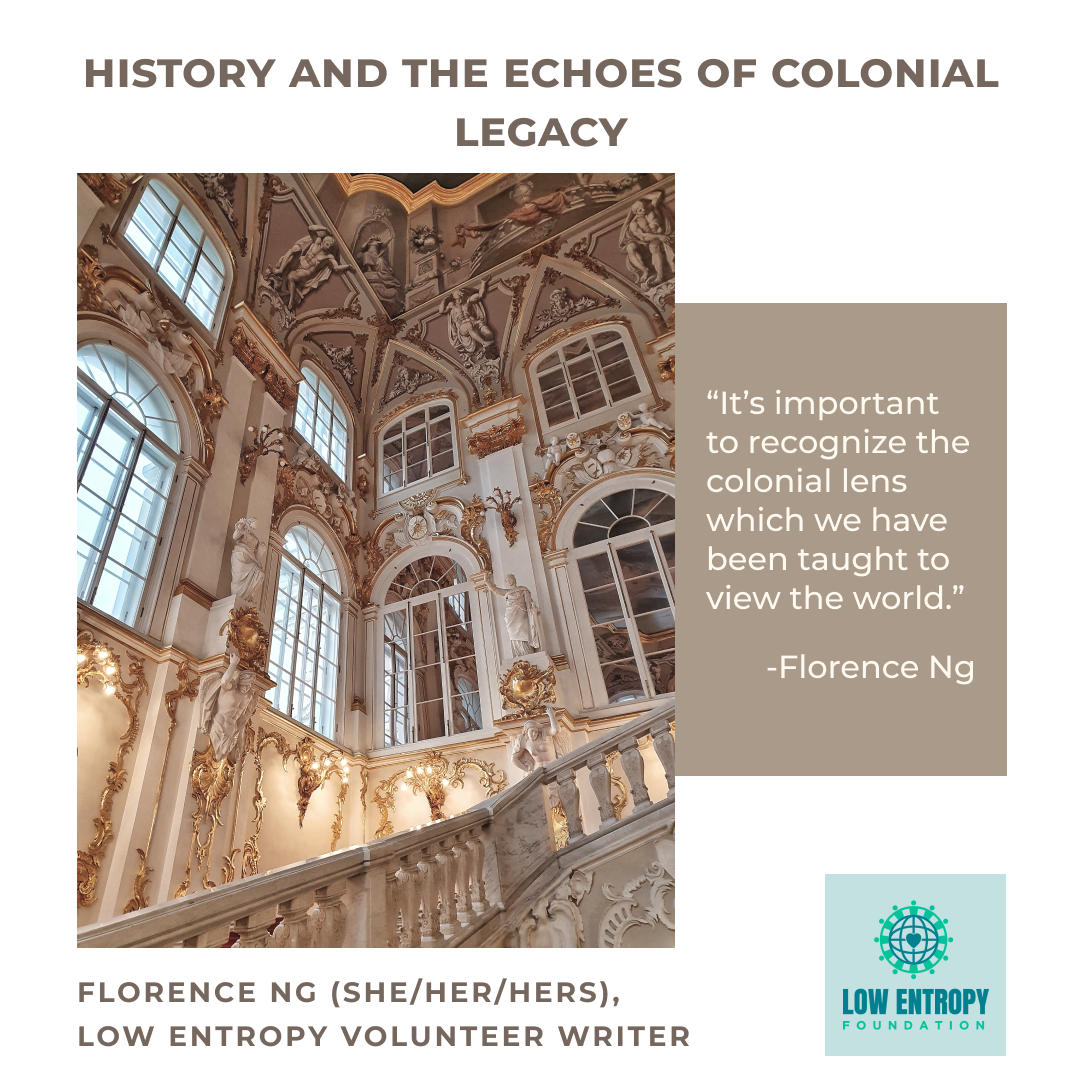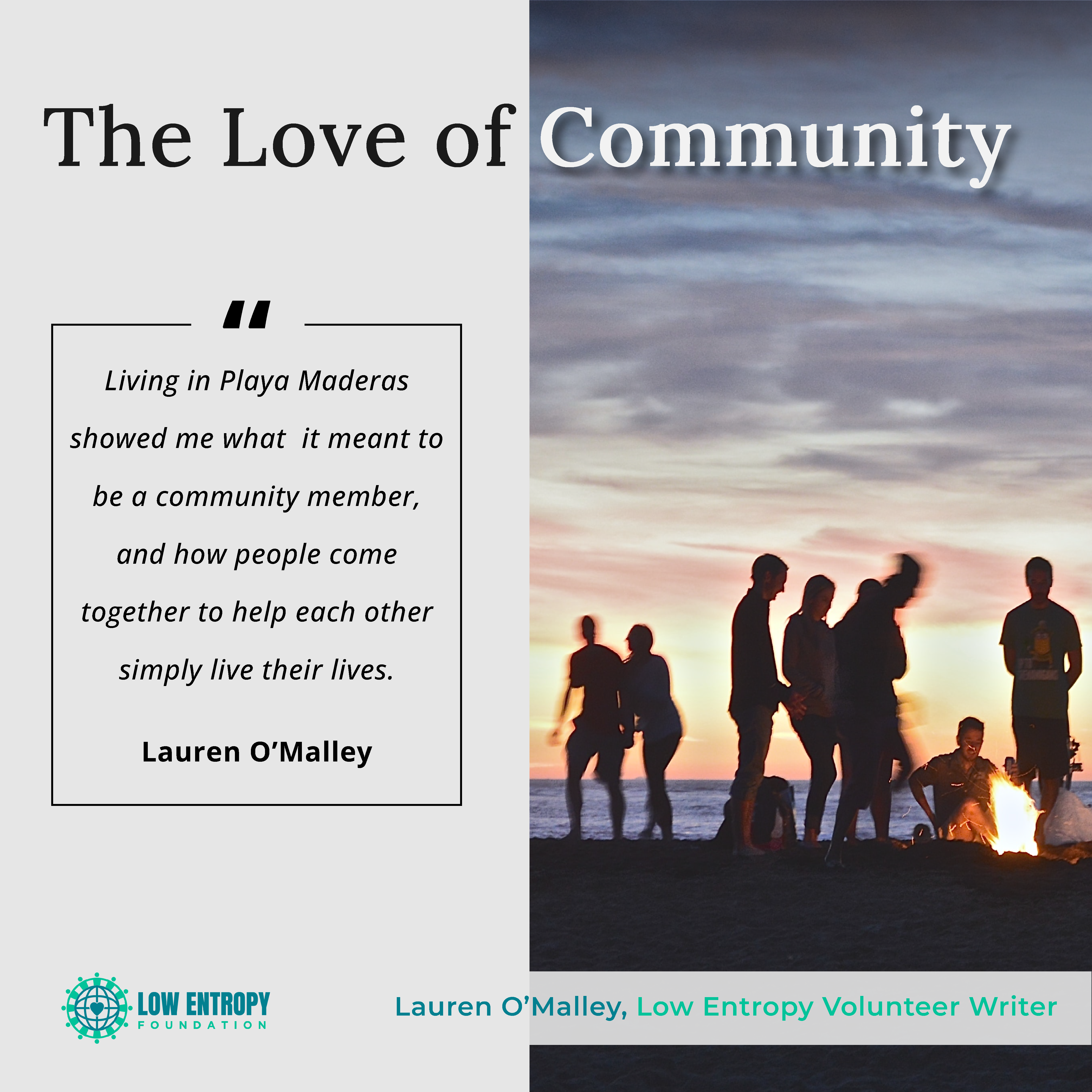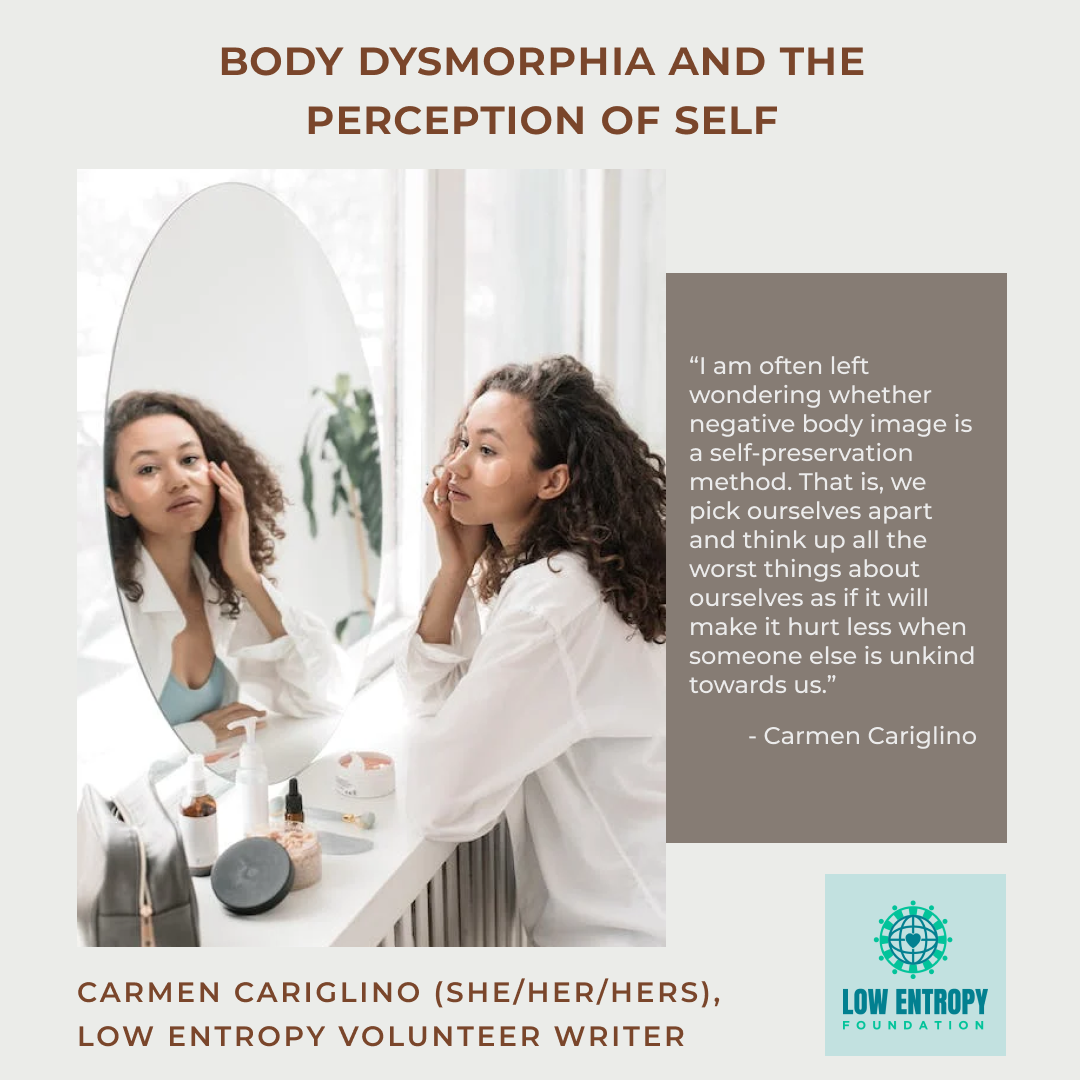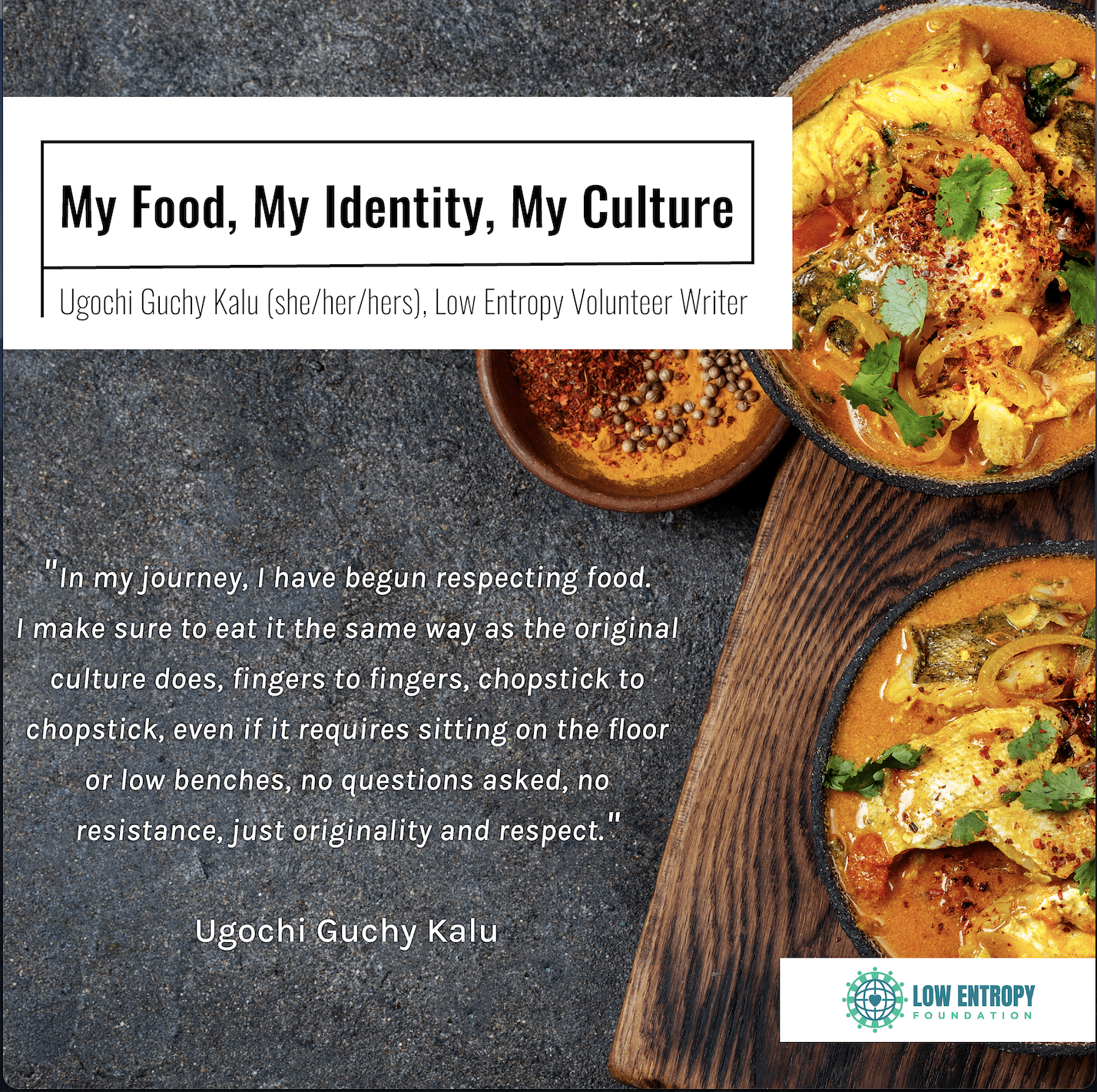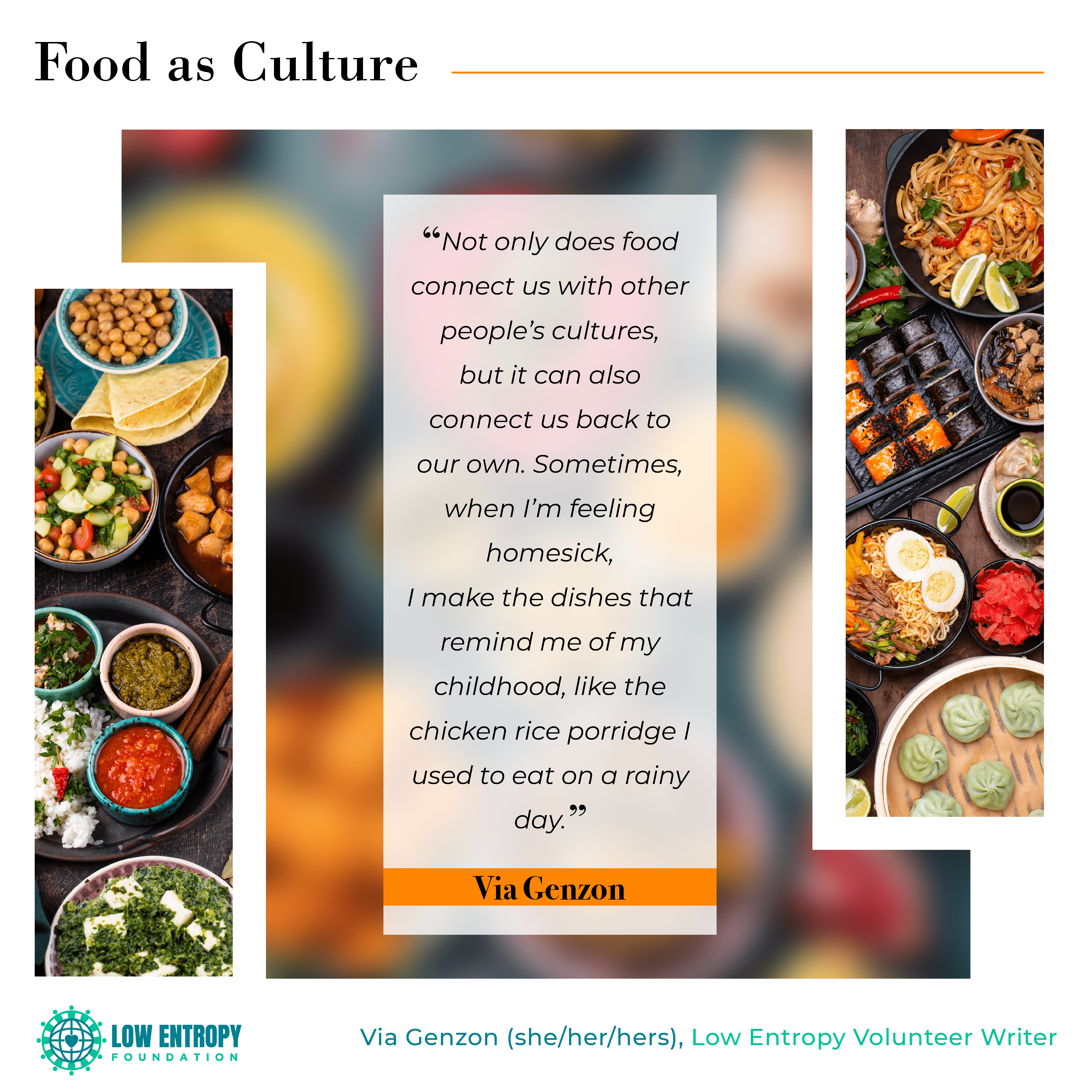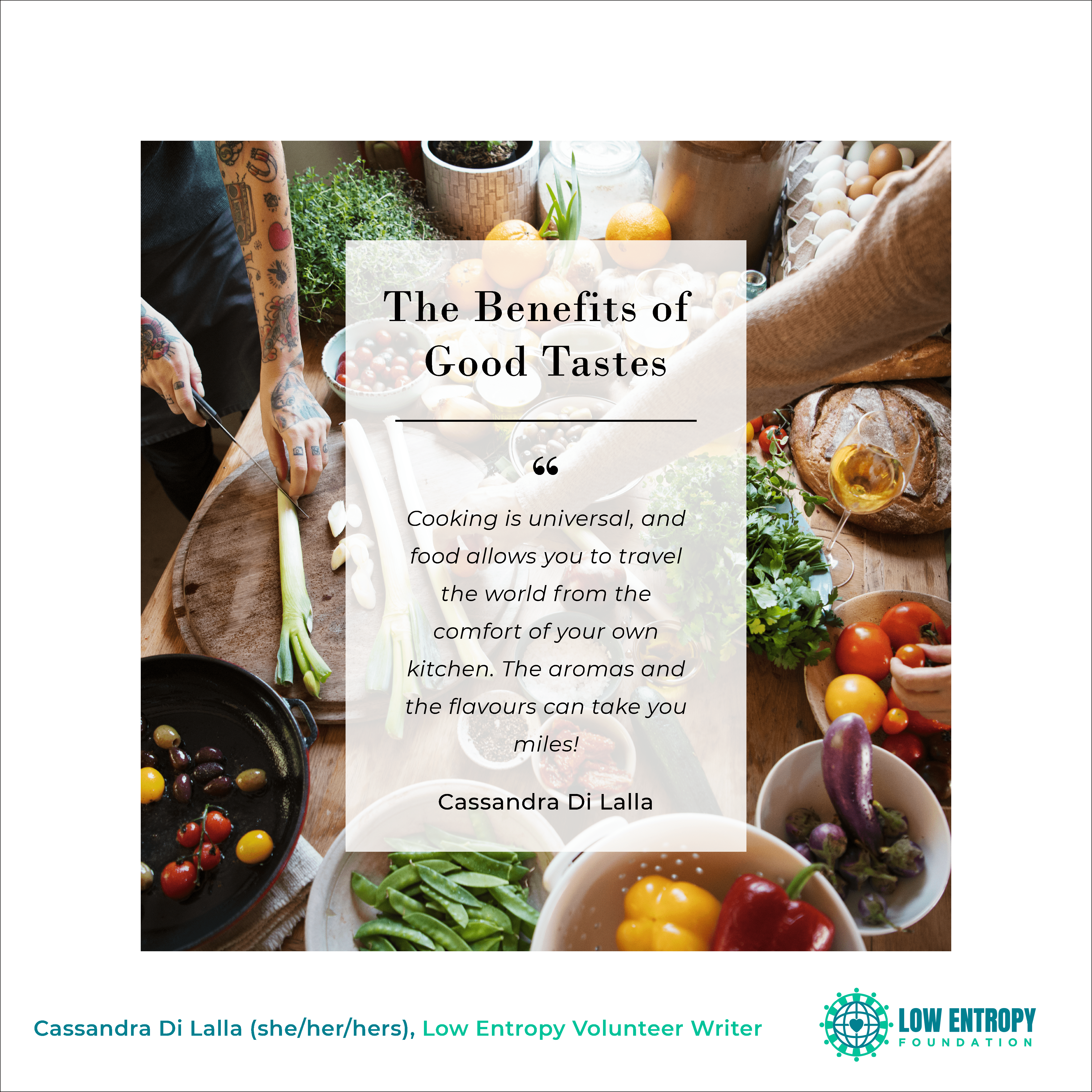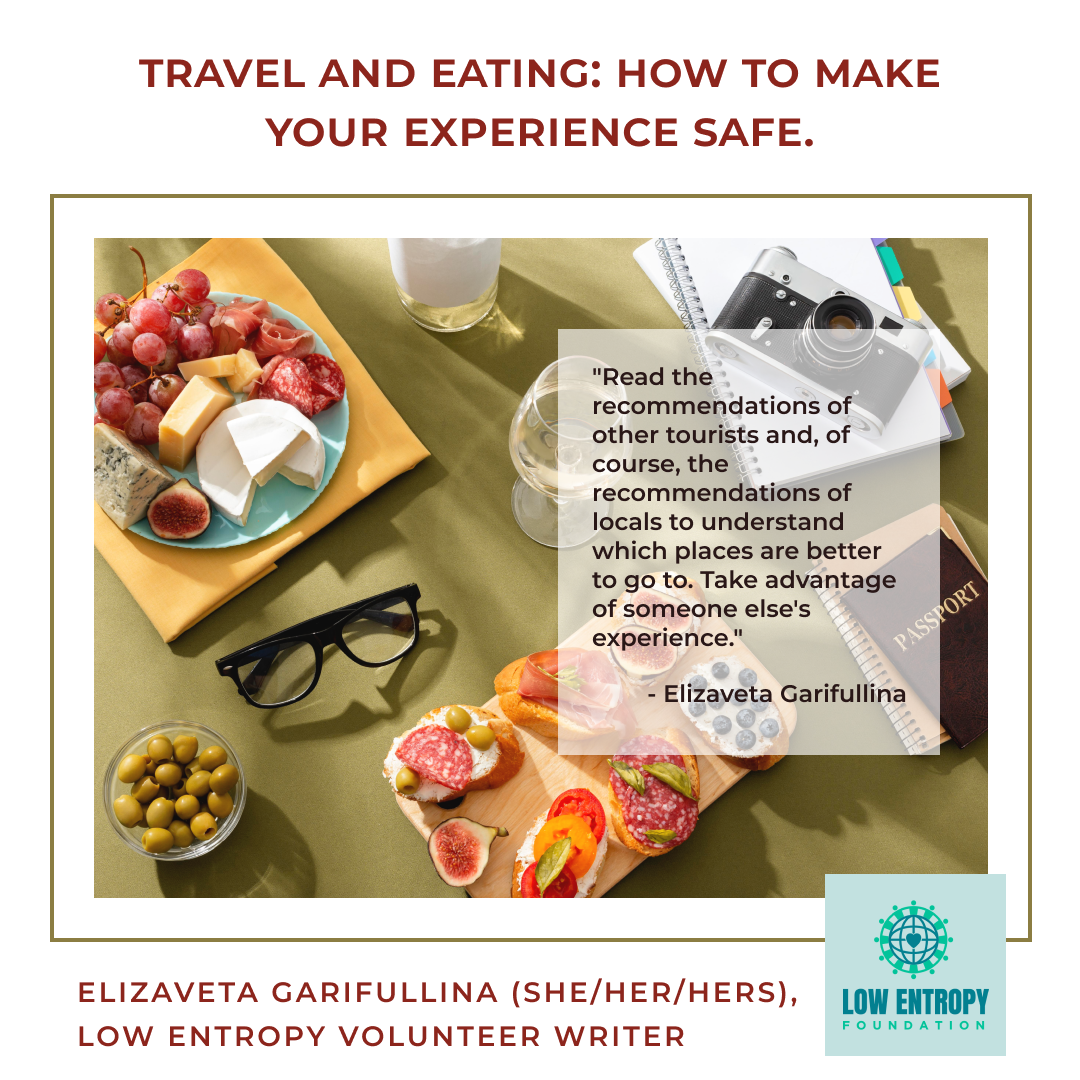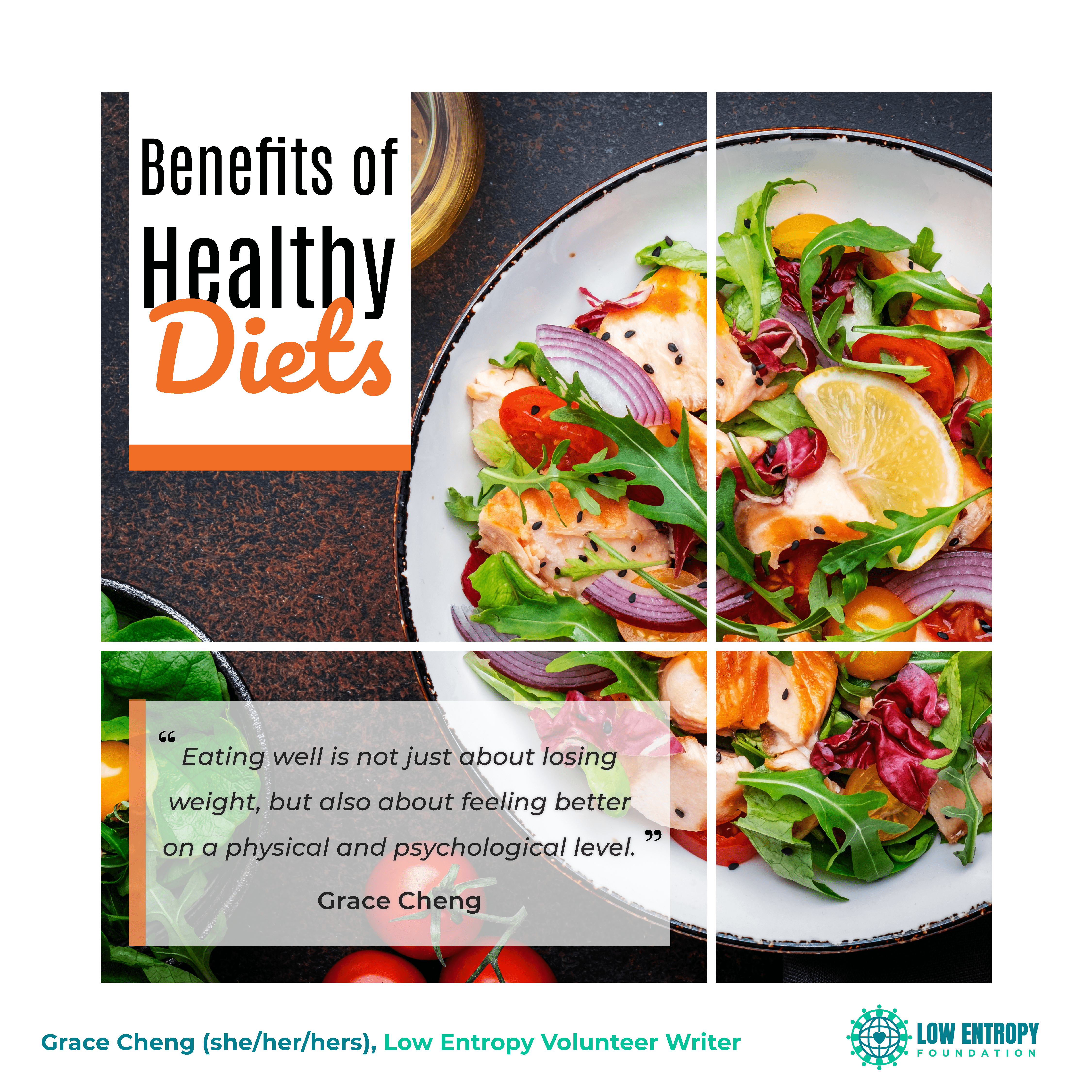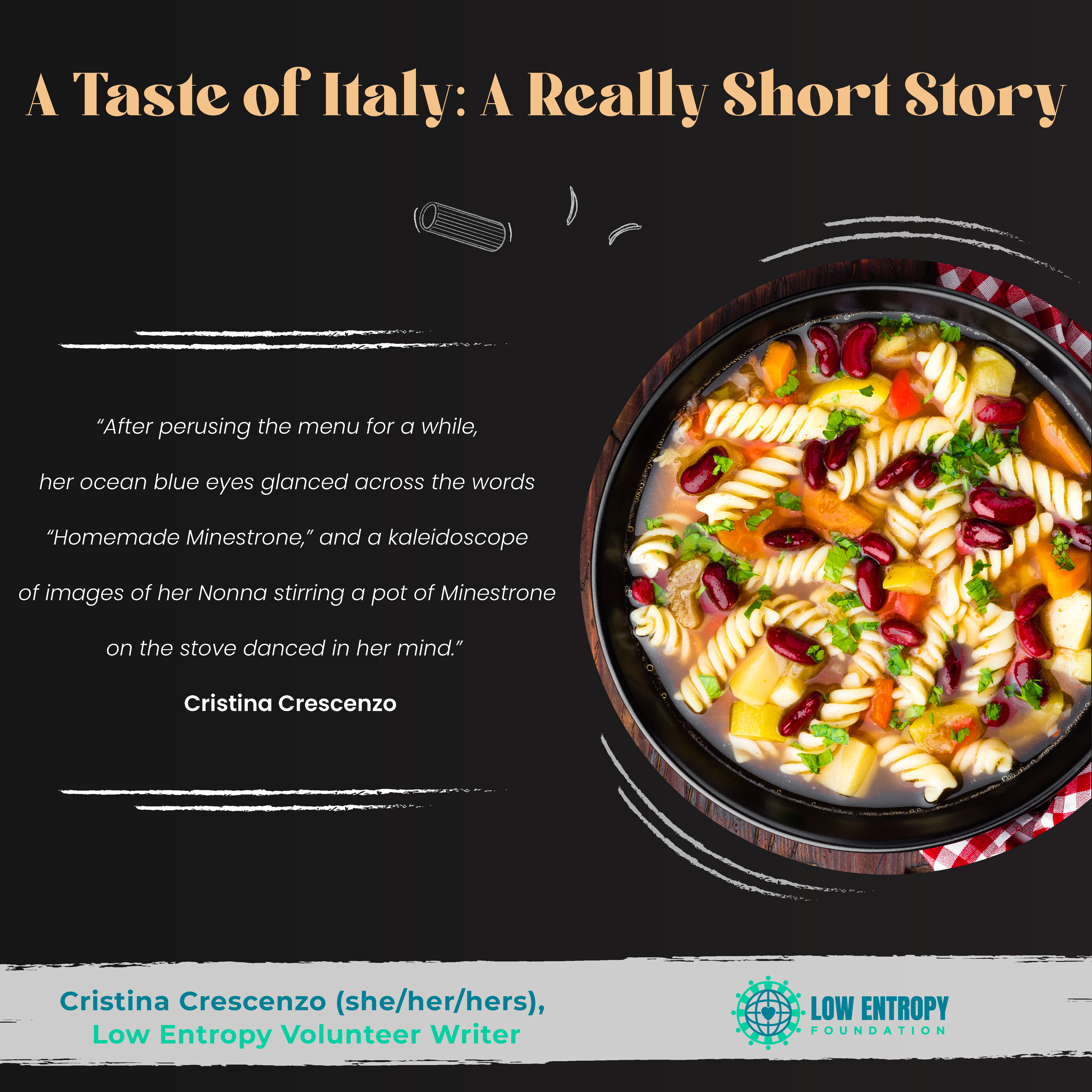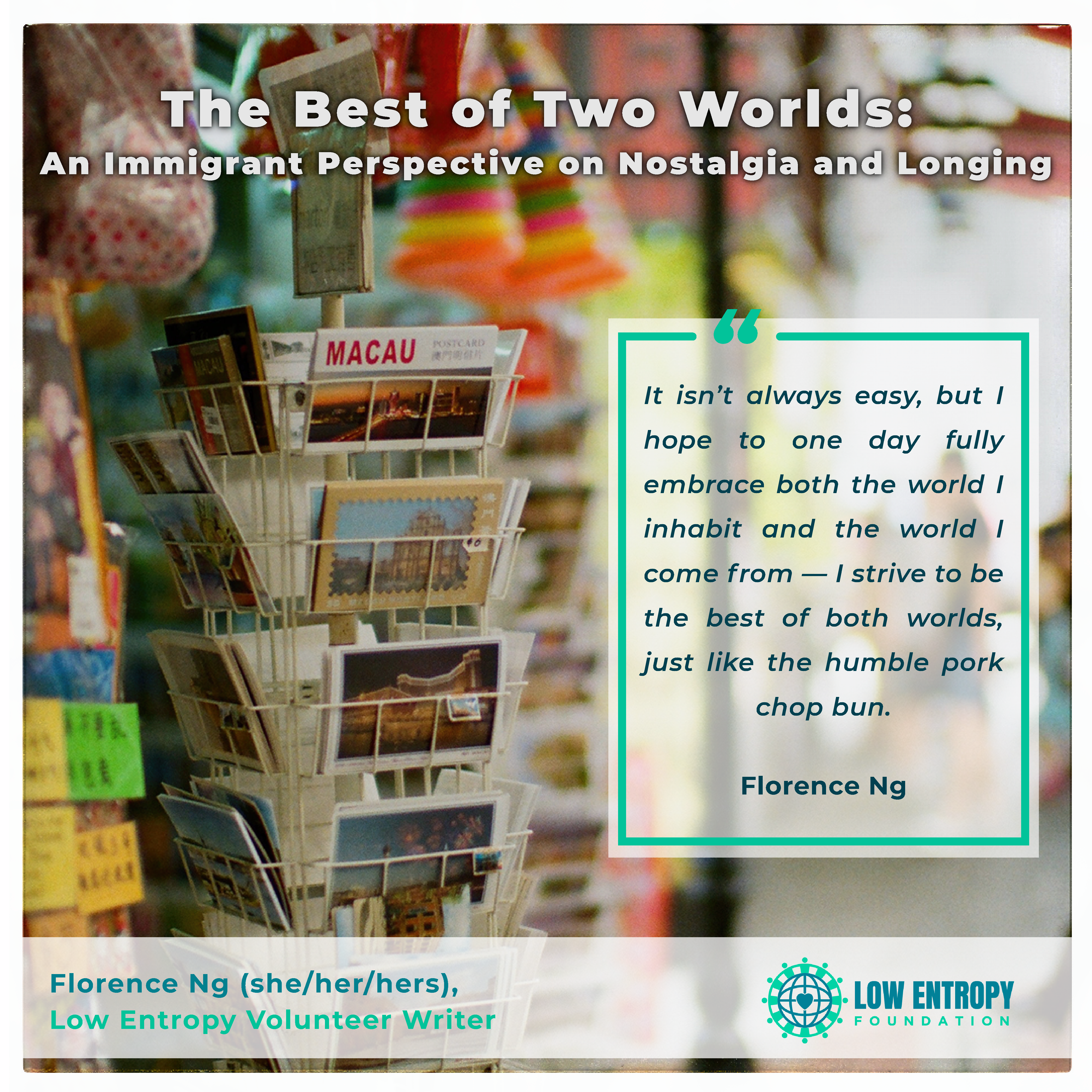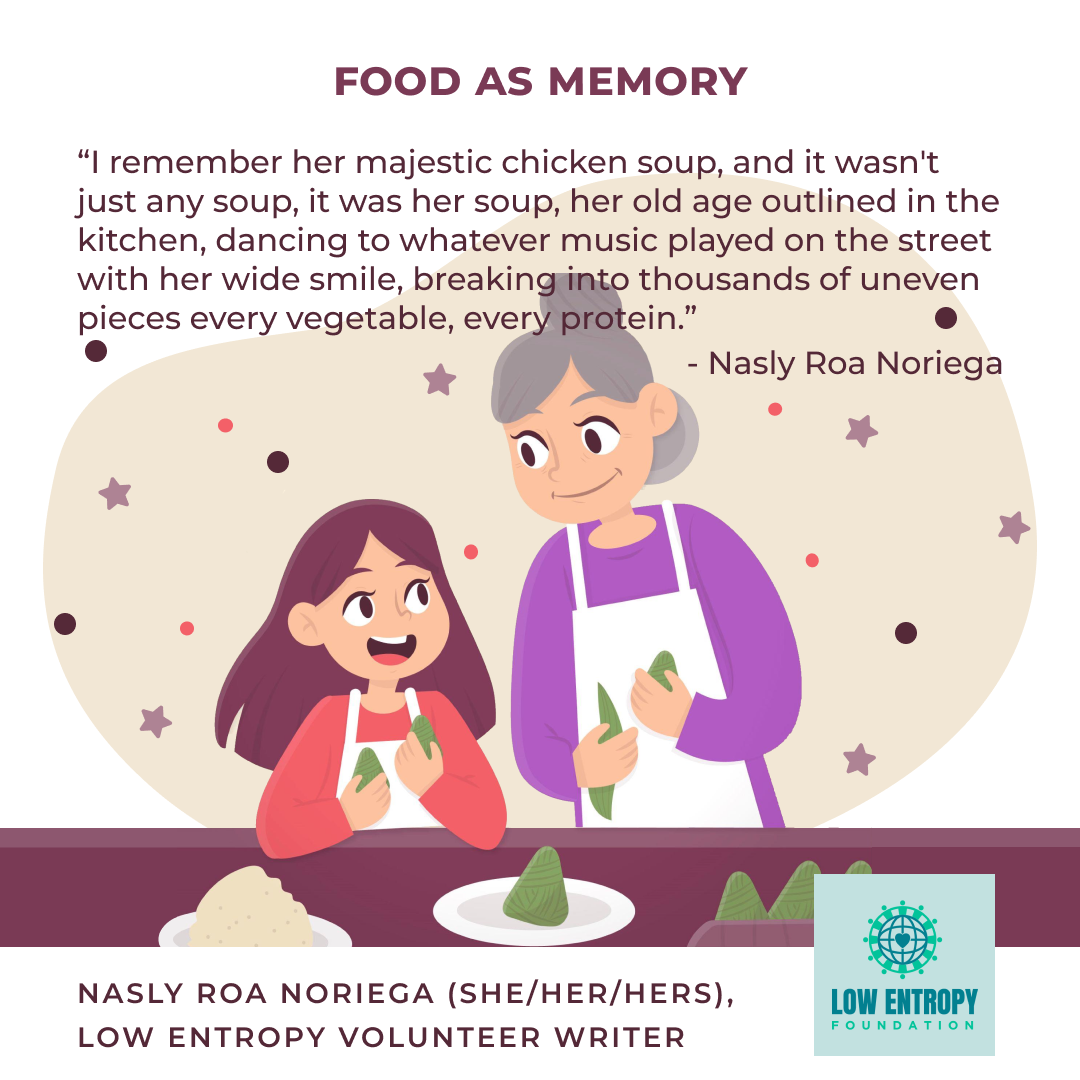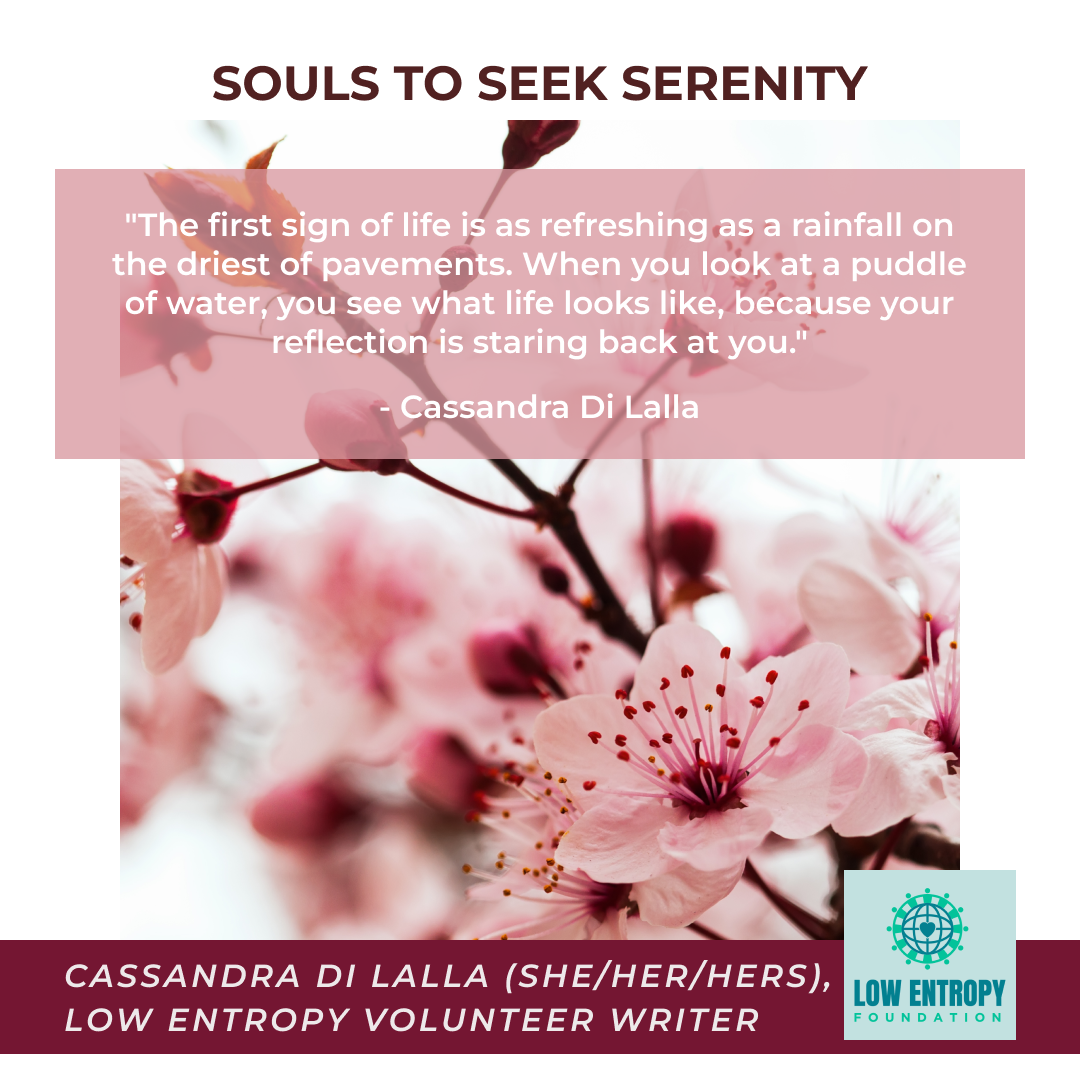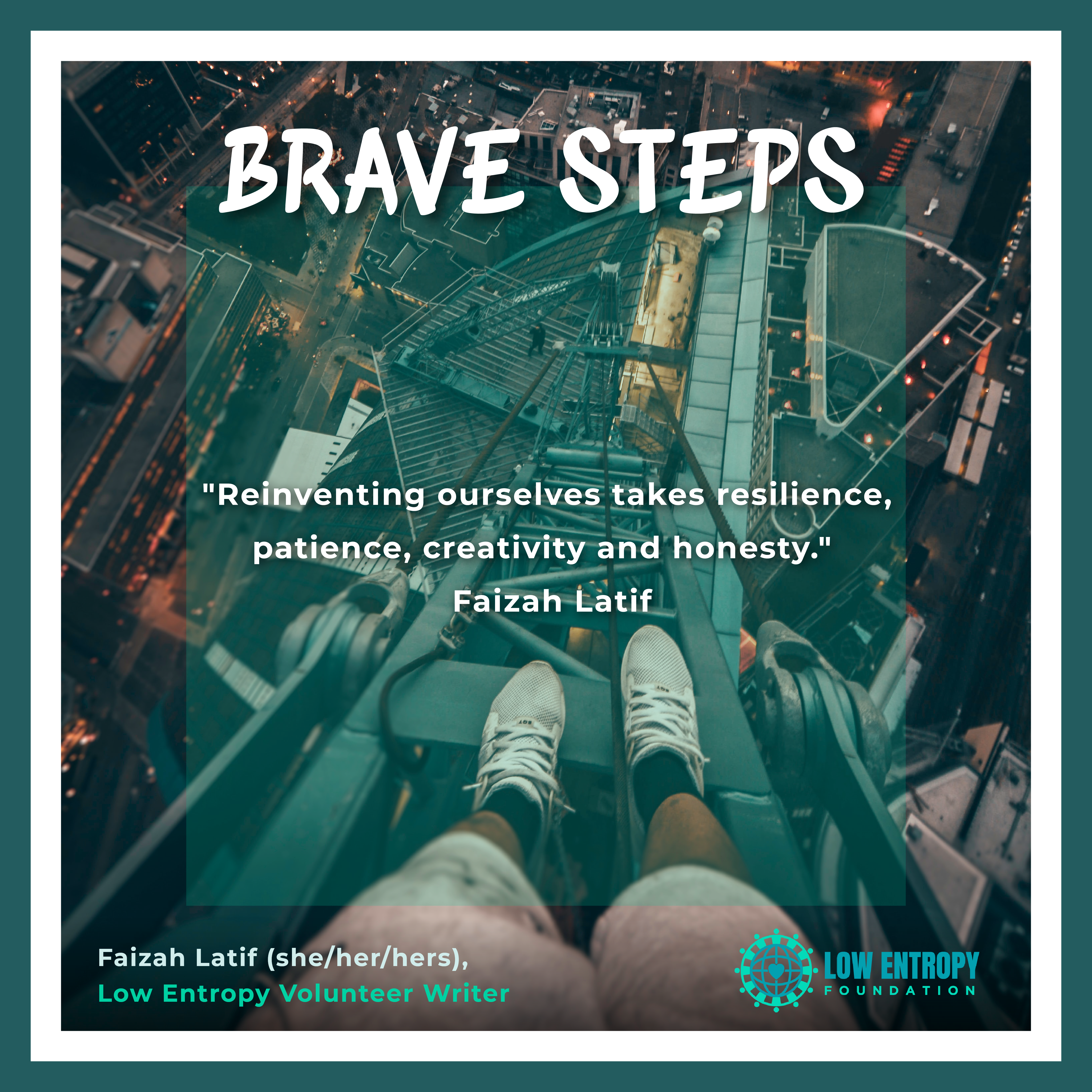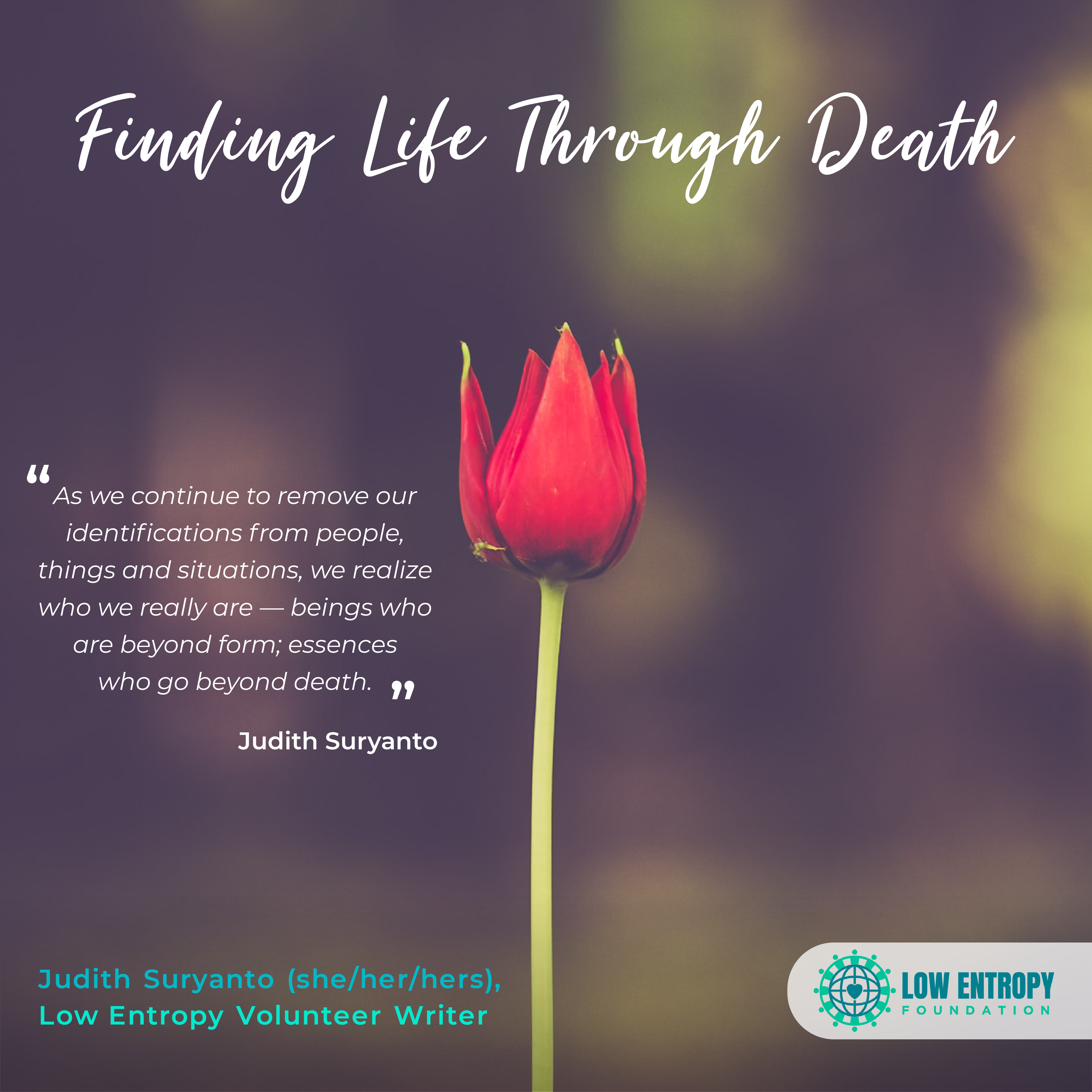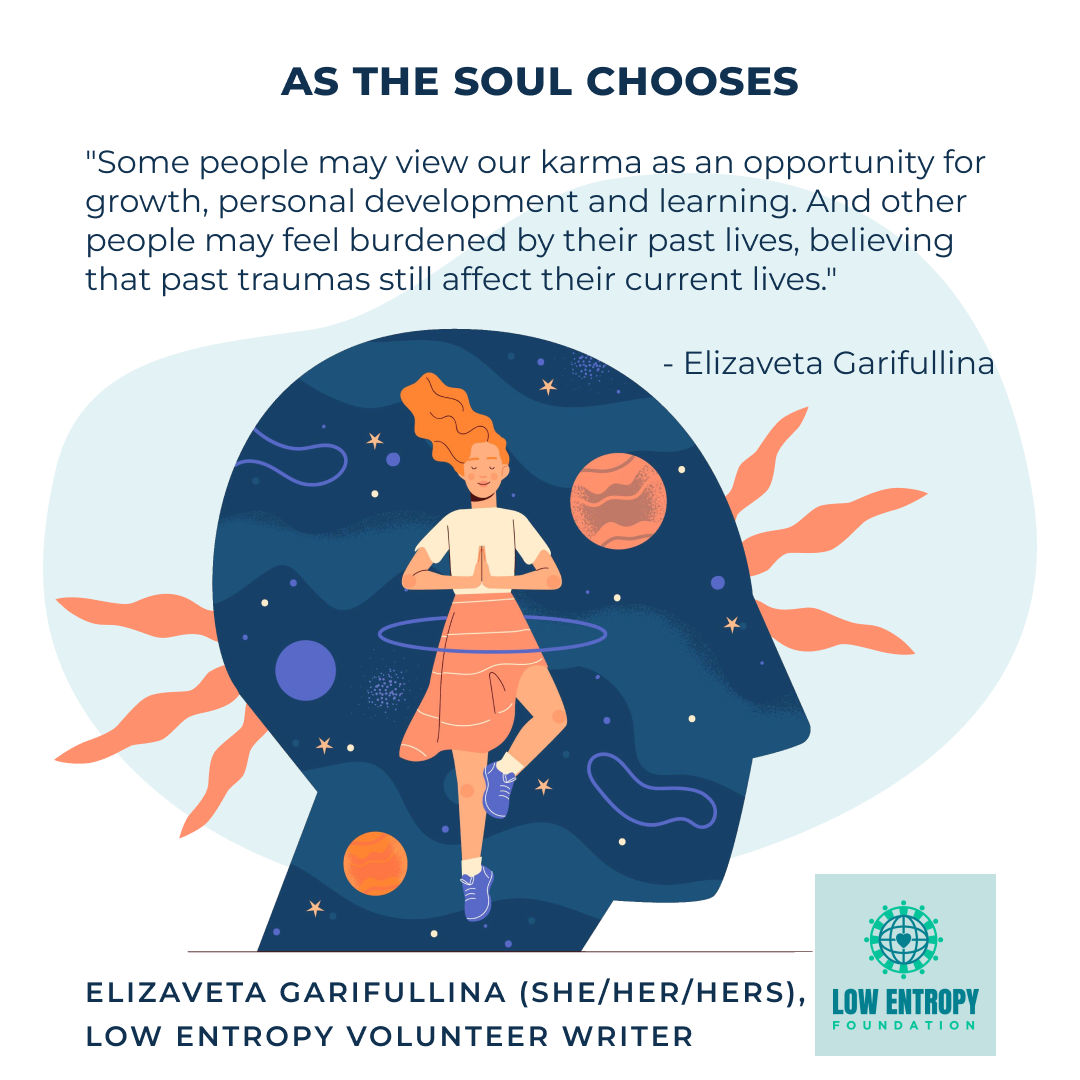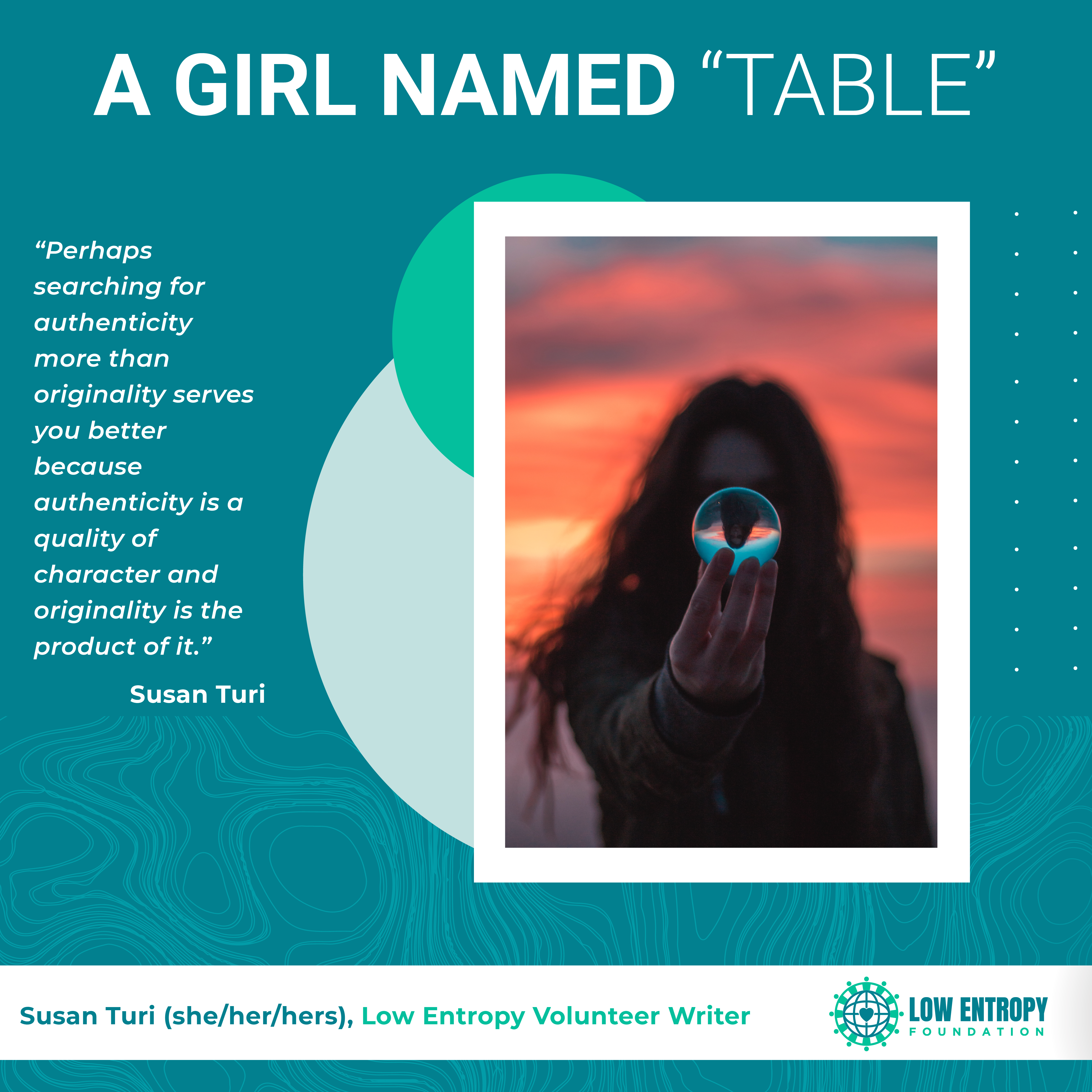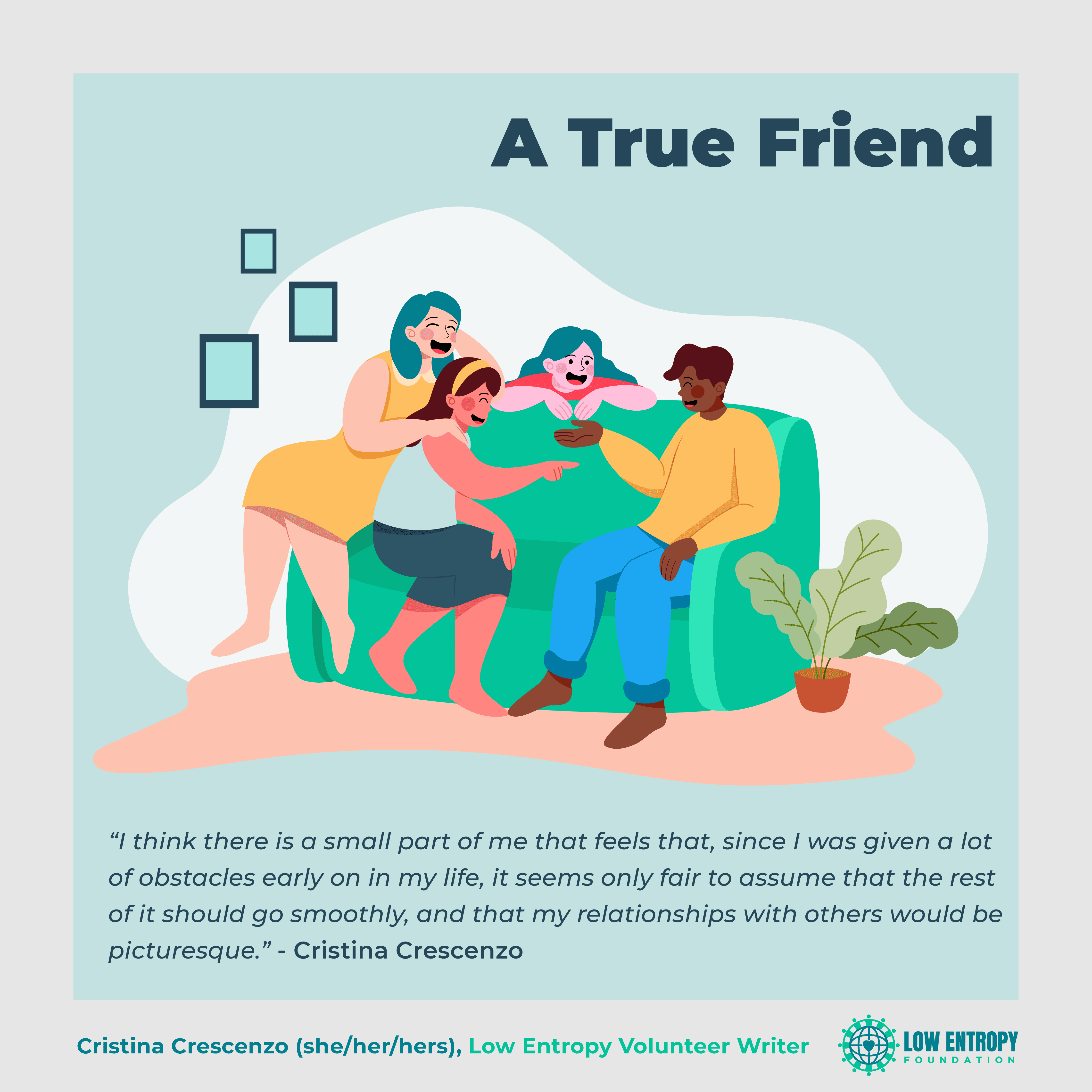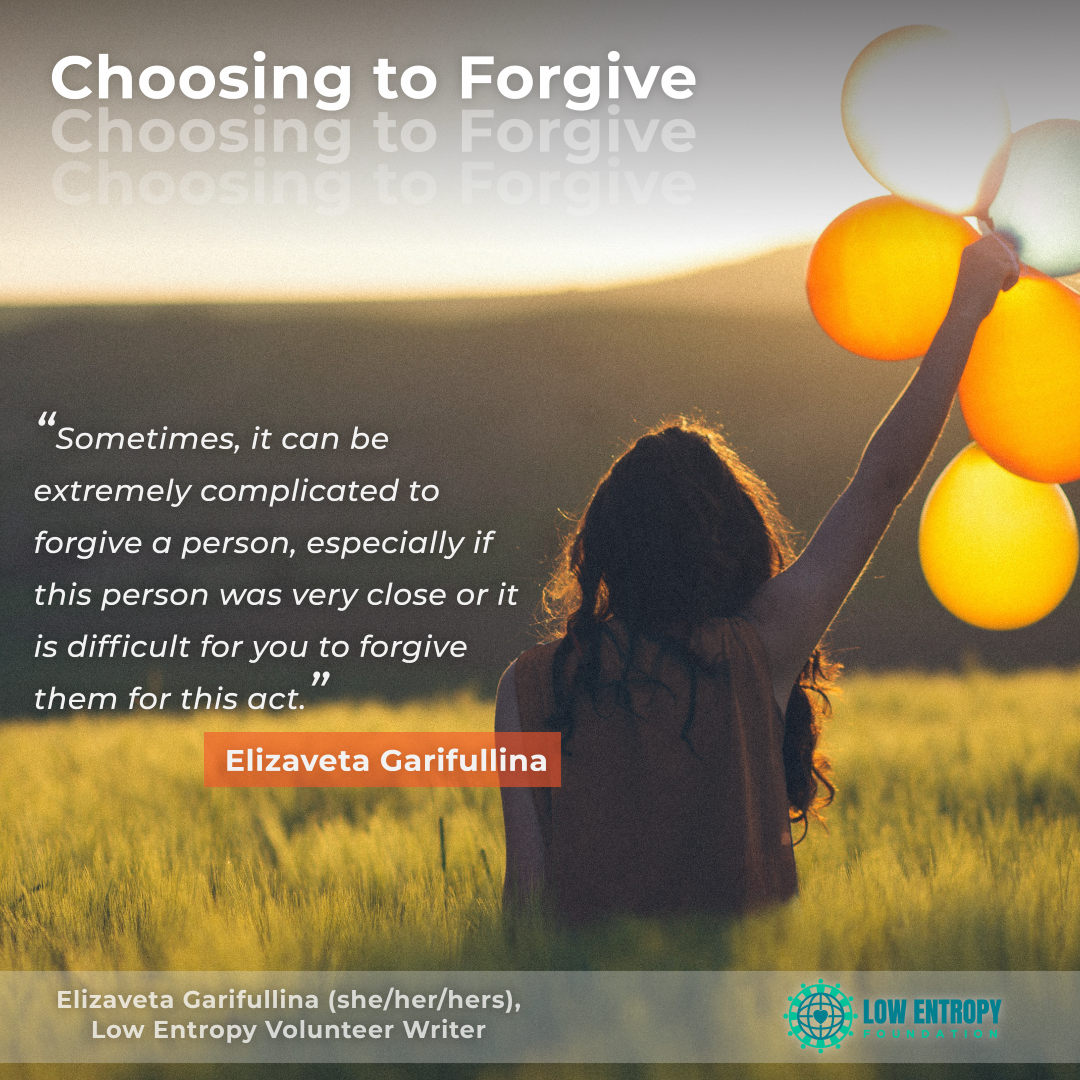Eri Ikezawa (she/her/hers), Low Entropy Volunteer Writer
It’s Saturday, September 16th, 2023, and it is a pretty mundane morning so far.
I had just slapped the barest essentials on my face, a little moisturizer, sunscreen and a bit of blush, and some eyebrow pomade to fill in the blanks, and I was out the door.
It’s a hot, humid day, but by this point, I’d gotten used to the stickiness that I’d have to suffer through until I returned home to wash it off before bed, so I barely reacted as the sweltering heat consumed me the moment the safe embrace of the air conditioner could no longer reach me.
I find crowds — anywhere with hordes of people — to be incredibly overstimulating, so I mute the world with the help of my AirPods and I am as prepared as I can be for the long commute waiting for me when I walk into the subway station.
As soon as I sit down, I let my mind wander, sensing that the last vestiges of my sleepiness haven’t quite escaped me yet. For the first few stops, nothing out of the ordinary occurs, but at one point, I look up to see a person sitting across from me that I knew, in my heart, would cause skepticism and judgment from other passengers on the train.
It was my third week in Asia, and my first time having seen someone dressed and presenting in a fashion that was so intensely atypical to the current trends of the country I was in. They had many visible tattoos, strikingly colored hair, vivid blue eye contacts and an outfit that stood out from everyone else I’d seen so far in the entirety of the three weeks I had been there.
Now, let me quickly interrupt — I, by no means, felt any sense of prejudice or discriminatory sentiments towards that person myself. But, as an Asian with a deep sense of awareness of how being considered “other,” “foreign” or “different” can be a herculean challenge — a burden to shoulder — in Asian culture, often met with disapproval and unkindness, I felt a multitude of different emotions in that moment.
First, a sense of awe and admiration, knowing that the pressure of society to conform in Asia is incredibly intense and unavoidable, and wonder over how the person before me managed to present themselves as they pleased with such blatant carefreeness. And a sadder part of me wondered, “Were they really carefree?”
Second, I did observe the disheartening — but unfortunately almost expected — glances of disapprobation from other commuters, one woman even choosing to abandon her seat instead of sitting next to him. I felt the squeezing clutch of anxiety’s hands on my neck, suffocating me as I sensed the critical attitudes of the other people around me hone in on one individual — all because he didn’t blend in, because he chose to dress and present himself differently.
Of course, as I’d mentioned earlier, I knew that these attitudes about uprooting traditional expectations and customs existed in Asia as an Asian person, but I had never witnessed the prejudicial attitudes so profoundly and evidently as I did in that moment.
Now, my intention here is not to solely single out Asian countries. This type of attitudinal cruelty and discrimination exists in all countries, all continents, across the board — this just happened to be the most recent moment that stood out to me, the one that pulled at my heartstrings the most.
My deeper point is that stereotyping — when used sparingly with margin for error and willingness to adjust labels or boundaries — can be useful for the human brain. Without some level of categorization, it would be incredibly difficult for us to process information about people, cultures or anything else. In its base form, with no resentment or contempt being inherently held towards anyone, stereotyping can be an innocuous way to create mental groupings.
But the problem is that stereotyping is more often than not used to make harmful generalizations about a group of people. And these perspectives on people, problematic and insidious, are often imparted to the next generation of people too.
I do not claim that I am guilt-free of this either. Whether it was the influence of society as a whole or people closer to me as an individual, there have been hostile views I have upheld about groups of people too. But as I grew older, I simply began to quietly question the validity of these stereotypes.
How does having a distinctive hair color, piercing or tattoo impact a person’s work ethic or capacity for professionalism? Why shouldn’t people be hired for their credentials instead of making decisions based on ethnicity or gender? Why do people need to be part of organized religion to be a good person?
I just had questions for traditional notions that were being promoted and endorsed, wondering as time elapsed if we shouldn’t make modifications to former beliefs that no longer seemed relevant or beneficial. Not to mention it didn’t seem fair to me to generalize an entire population of people when I really should make judgment calls instead about people and their characters based on how the individuals themselves behaved.
So now I have reached a point where even if an errant, ugly thought comes into my head that I don’t like, I understand that that is likely the influence and impact of societal conditioning to think a certain way or believe specific generalizations. I instantly troubleshoot and remind myself that no one wants to be alienated or generalized without being given a chance to prove themselves, as there is only one thing that matters: Are they a good person?
Here, I do think that I benefit greatly from living in Vancouver, a society of multiculturalism and liberties. I have learned well over the years not to be discriminatory or judgmental based off petty first impressions, and this is something I wish will become more crucial in future generations. The reality is that there are no benefits that come from unfair stereotyping and alienation, but approaching people with kindness, acceptance and empathy will always reap great profits in the goal of peace amongst people.
—
My name is Eri Ikezawa and I have an extended minor in psychology and a major in linguistics. I’m still on the path to quelling questions about myself and the direction I want to head in, but in the meantime, I have always wanted to find a way to help others and contribute to a community dedicated to personal development and self-love.







